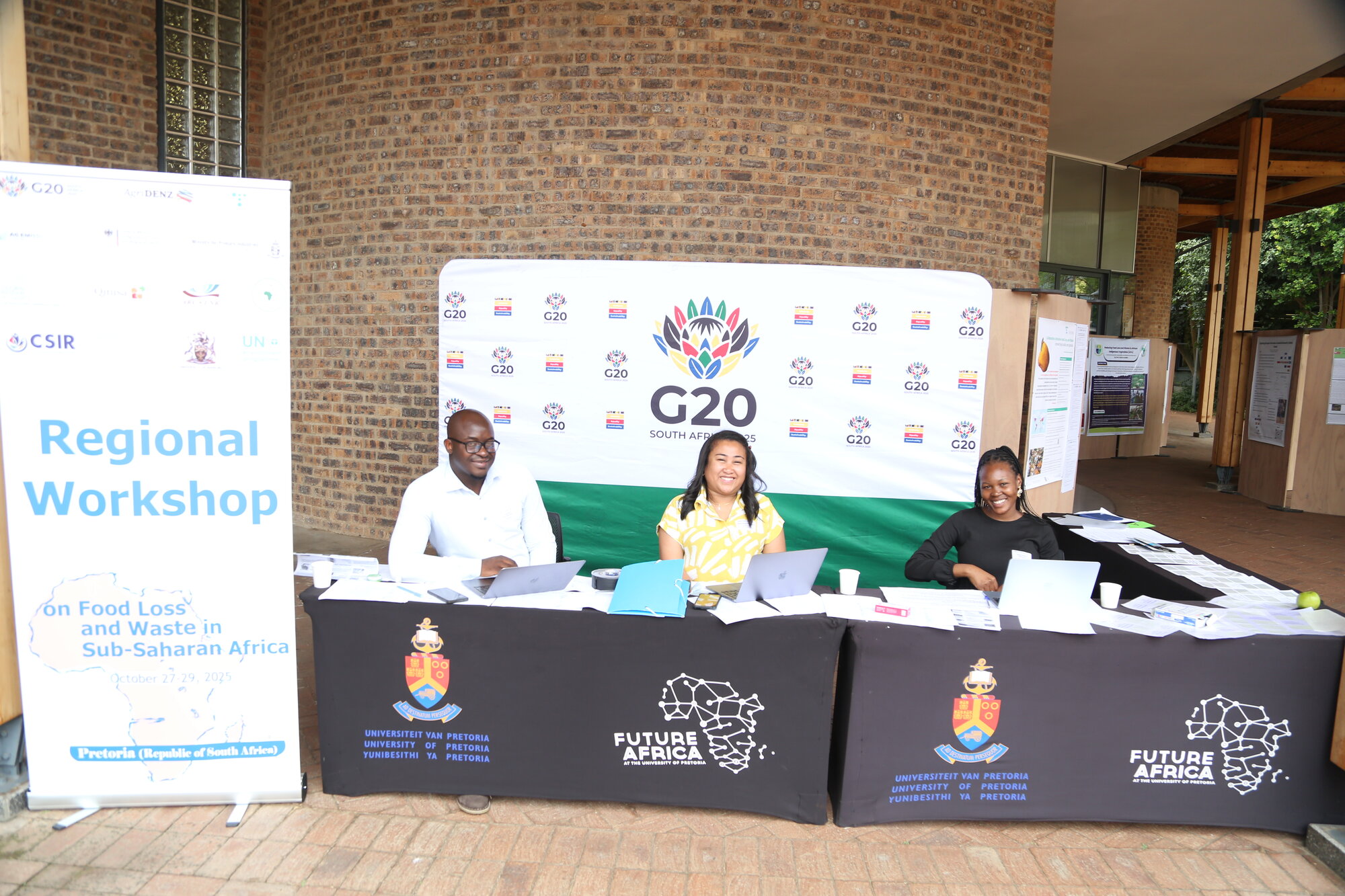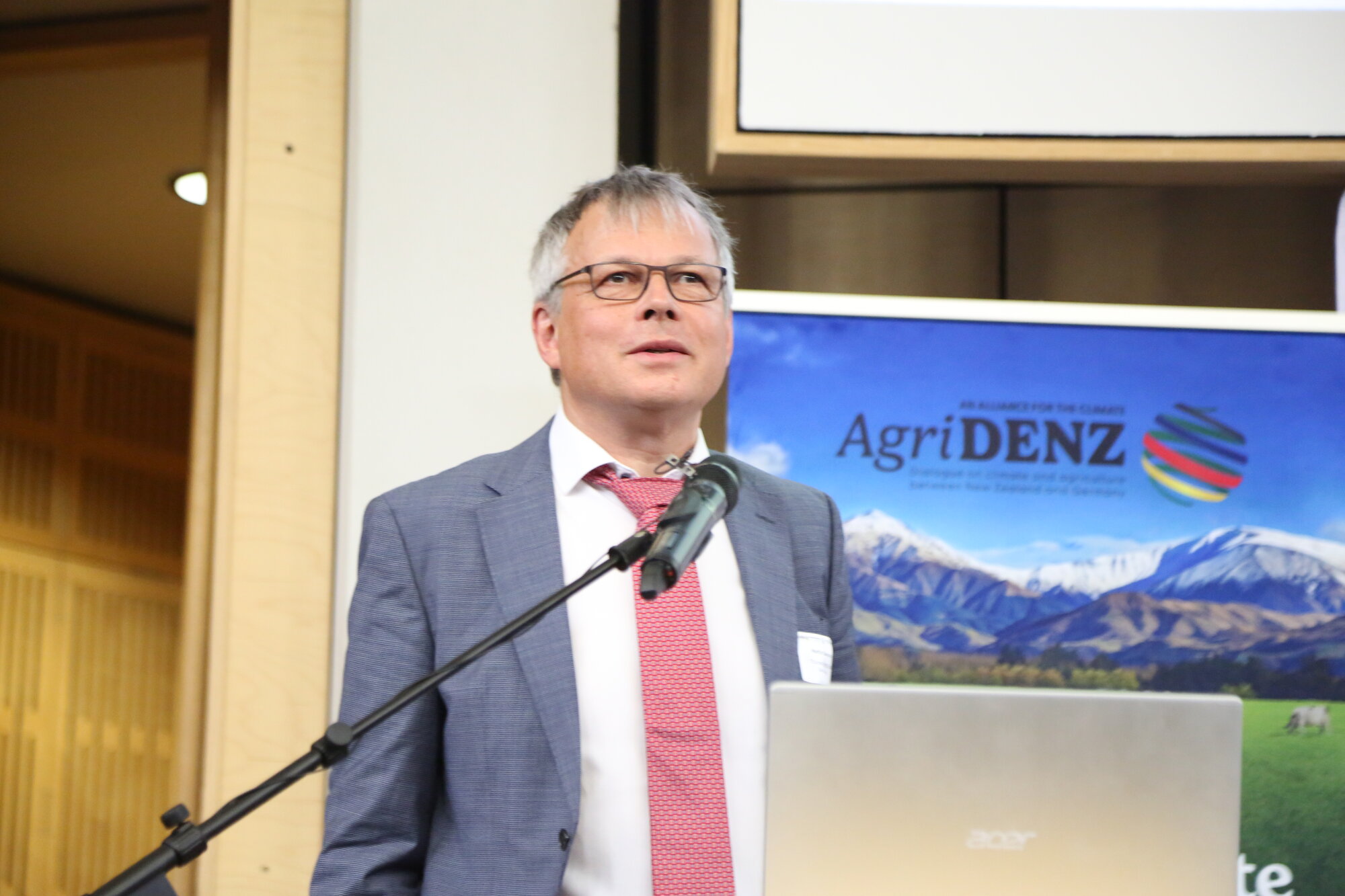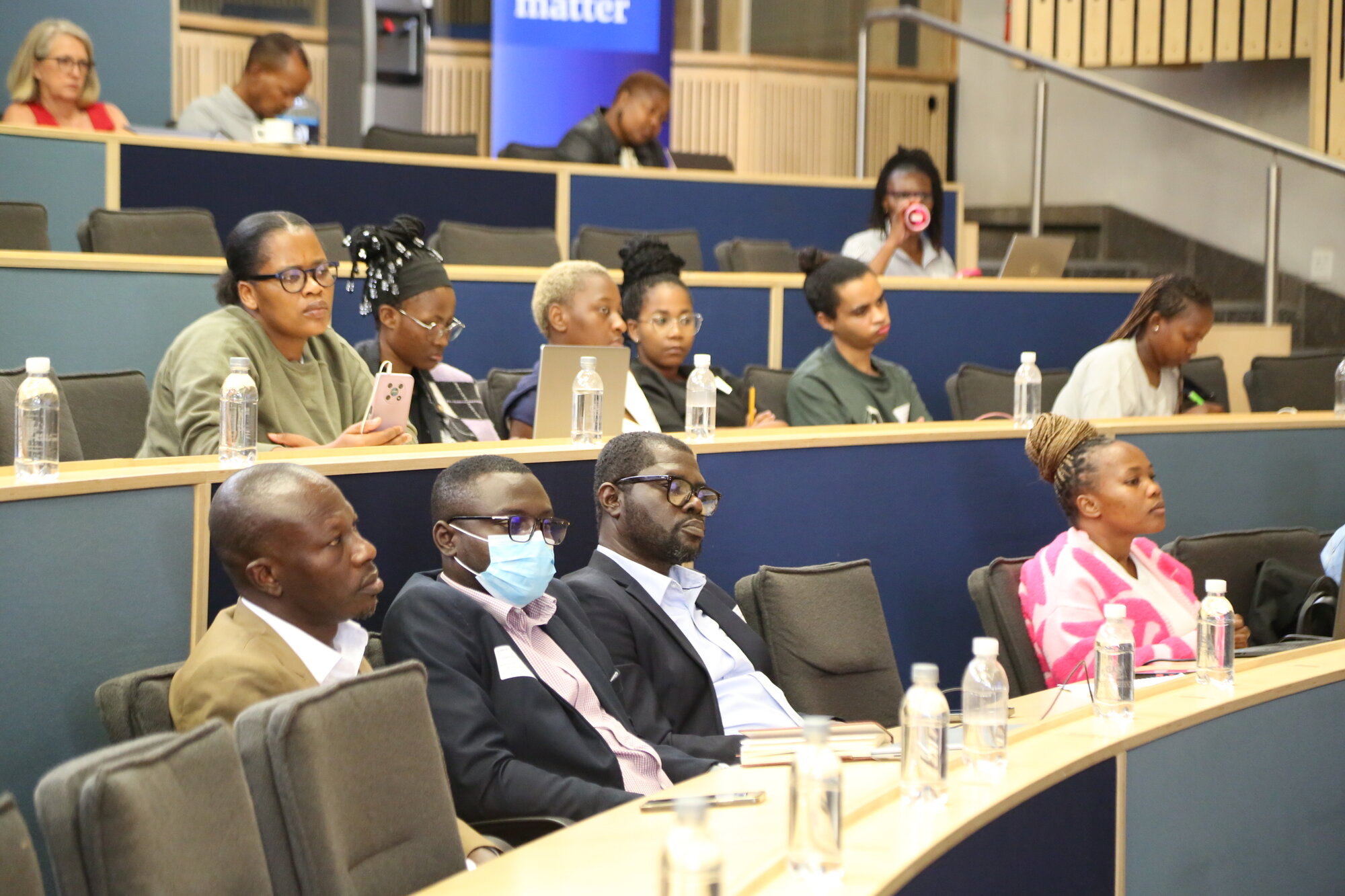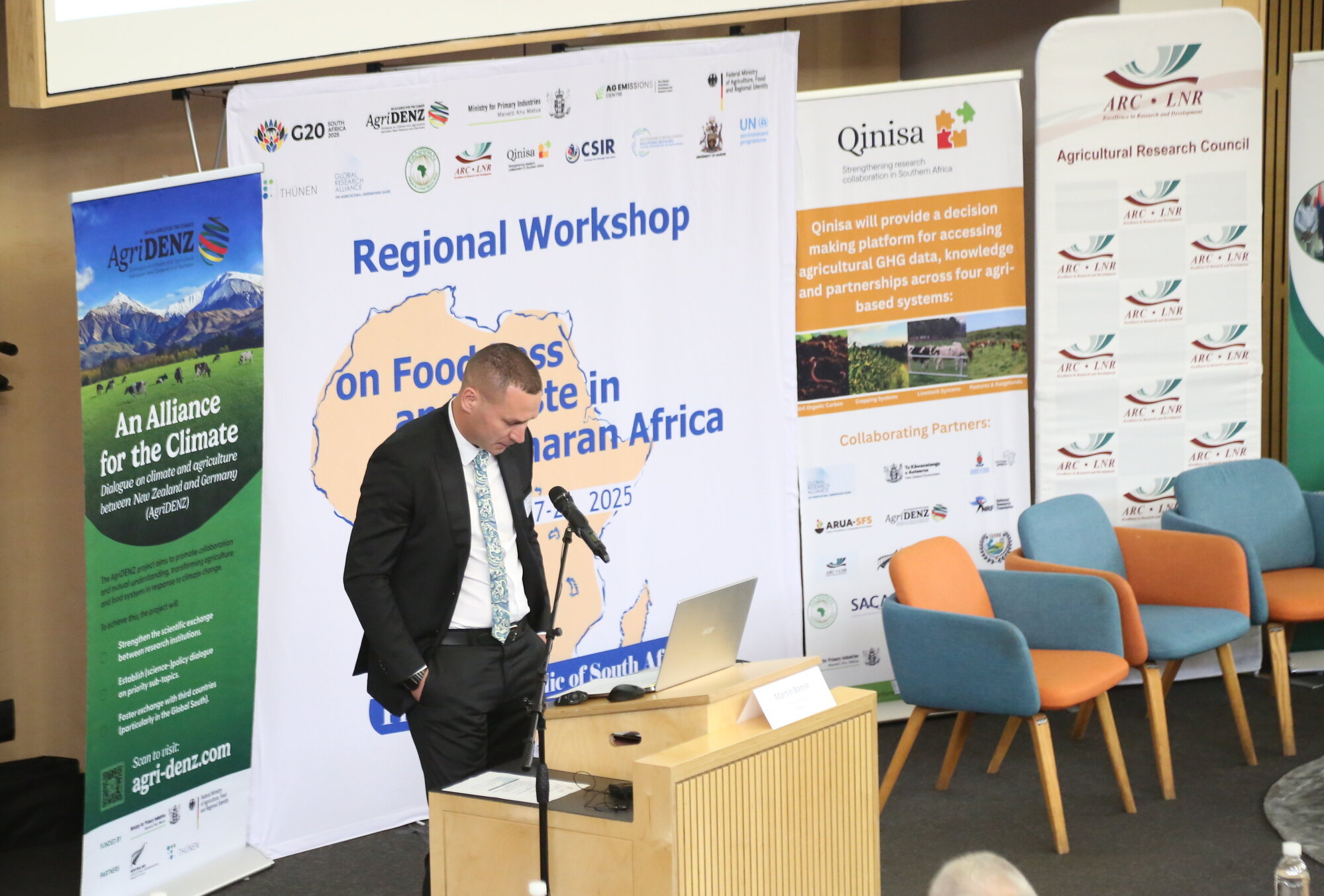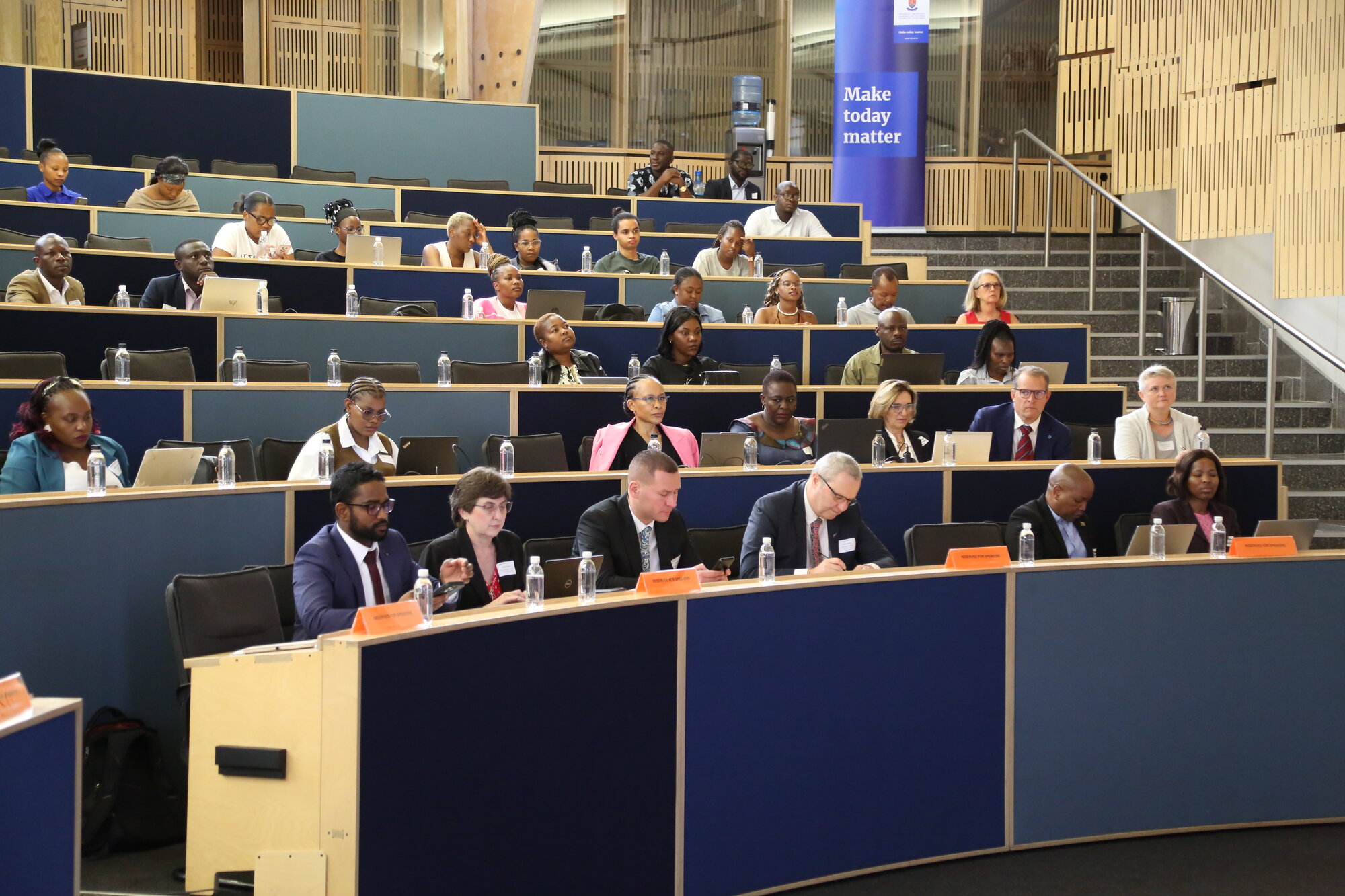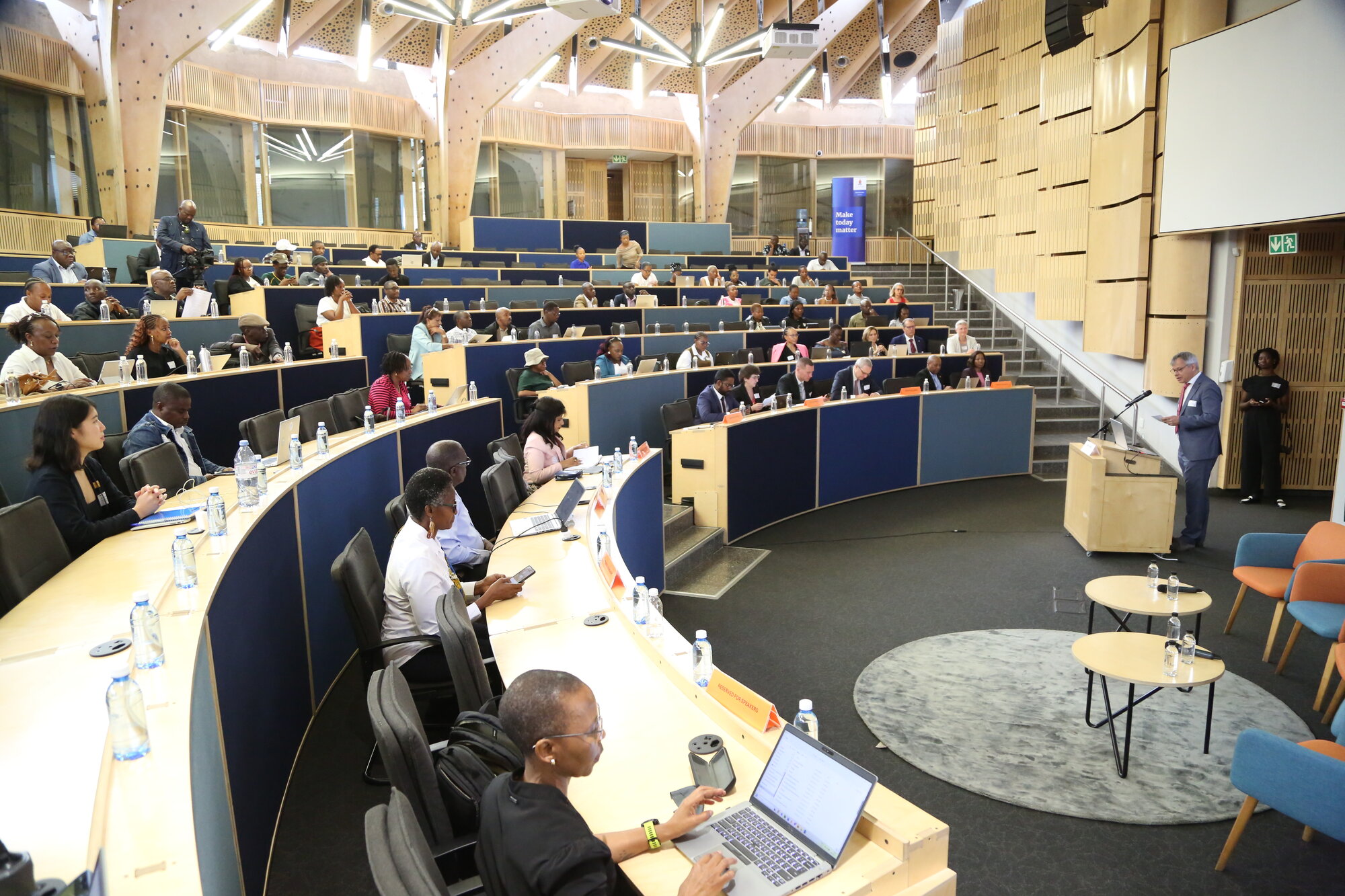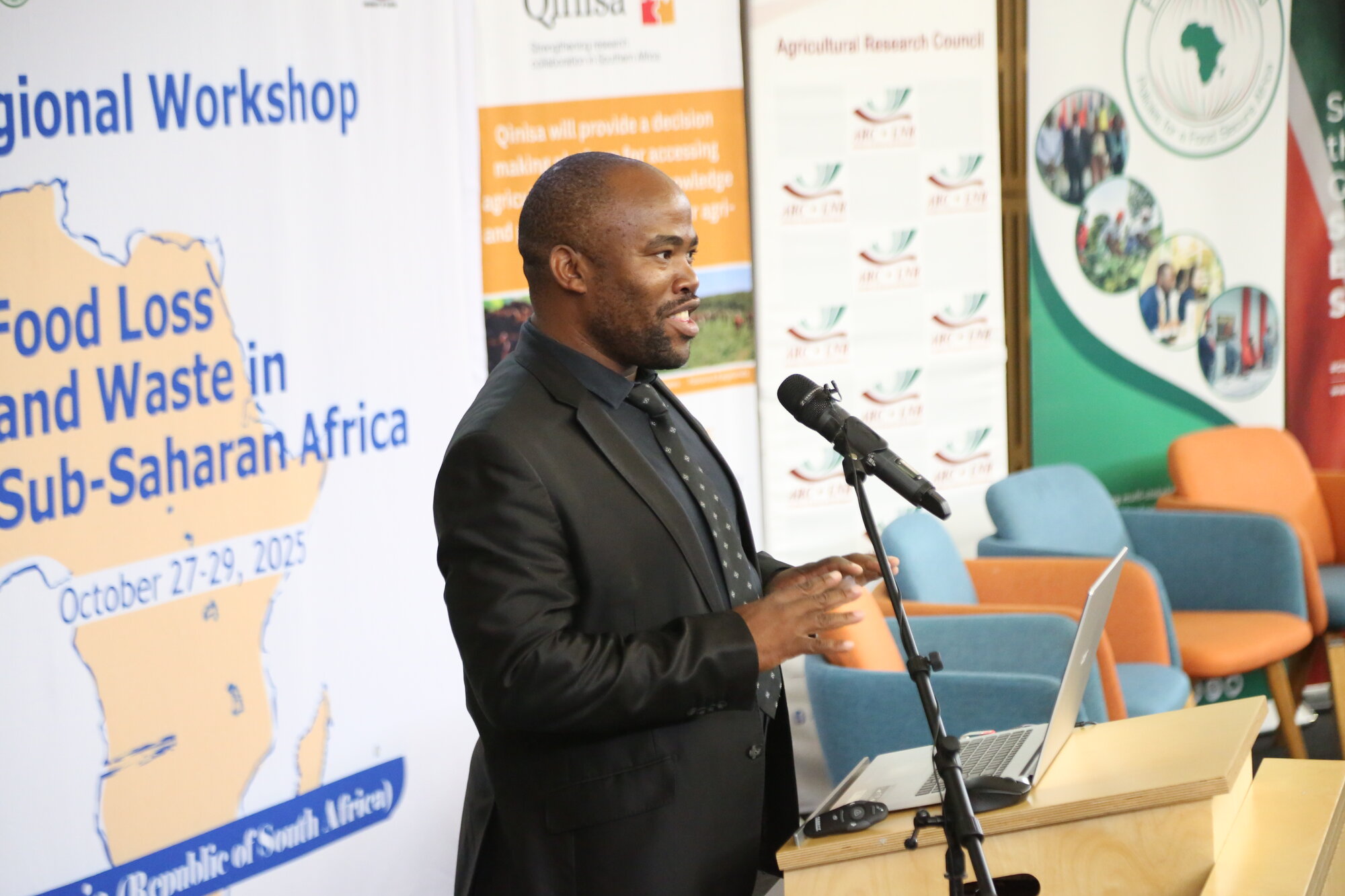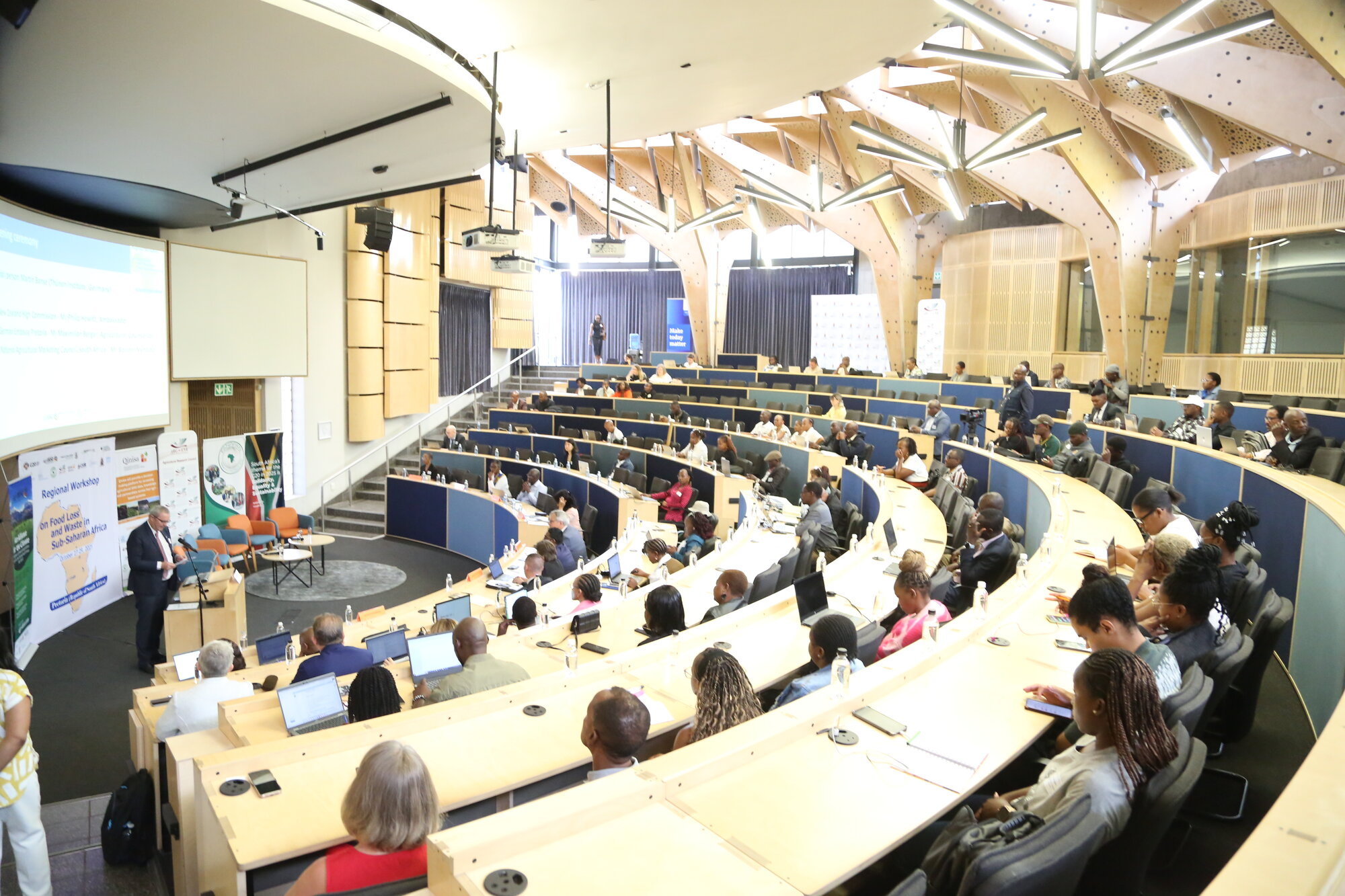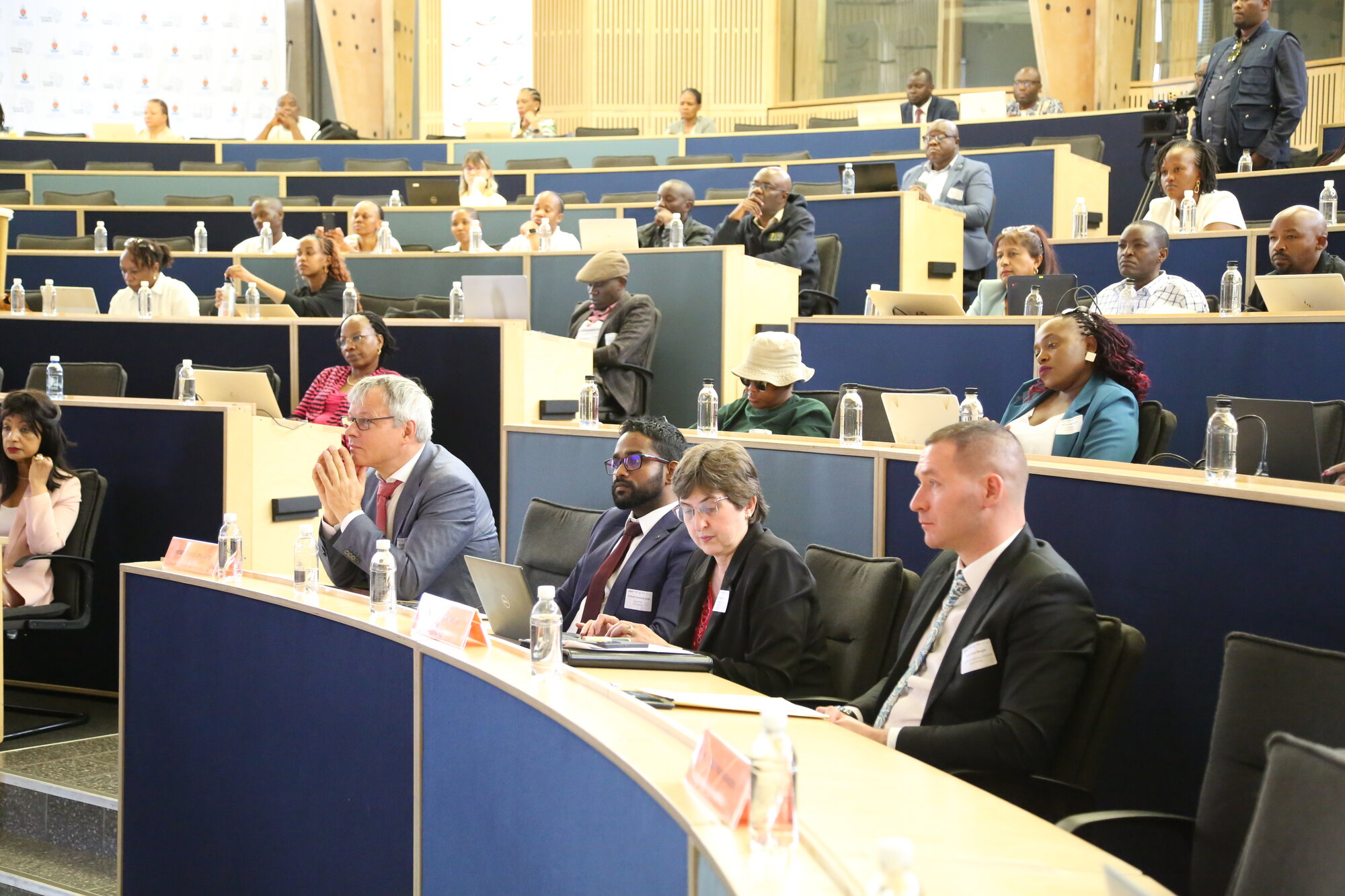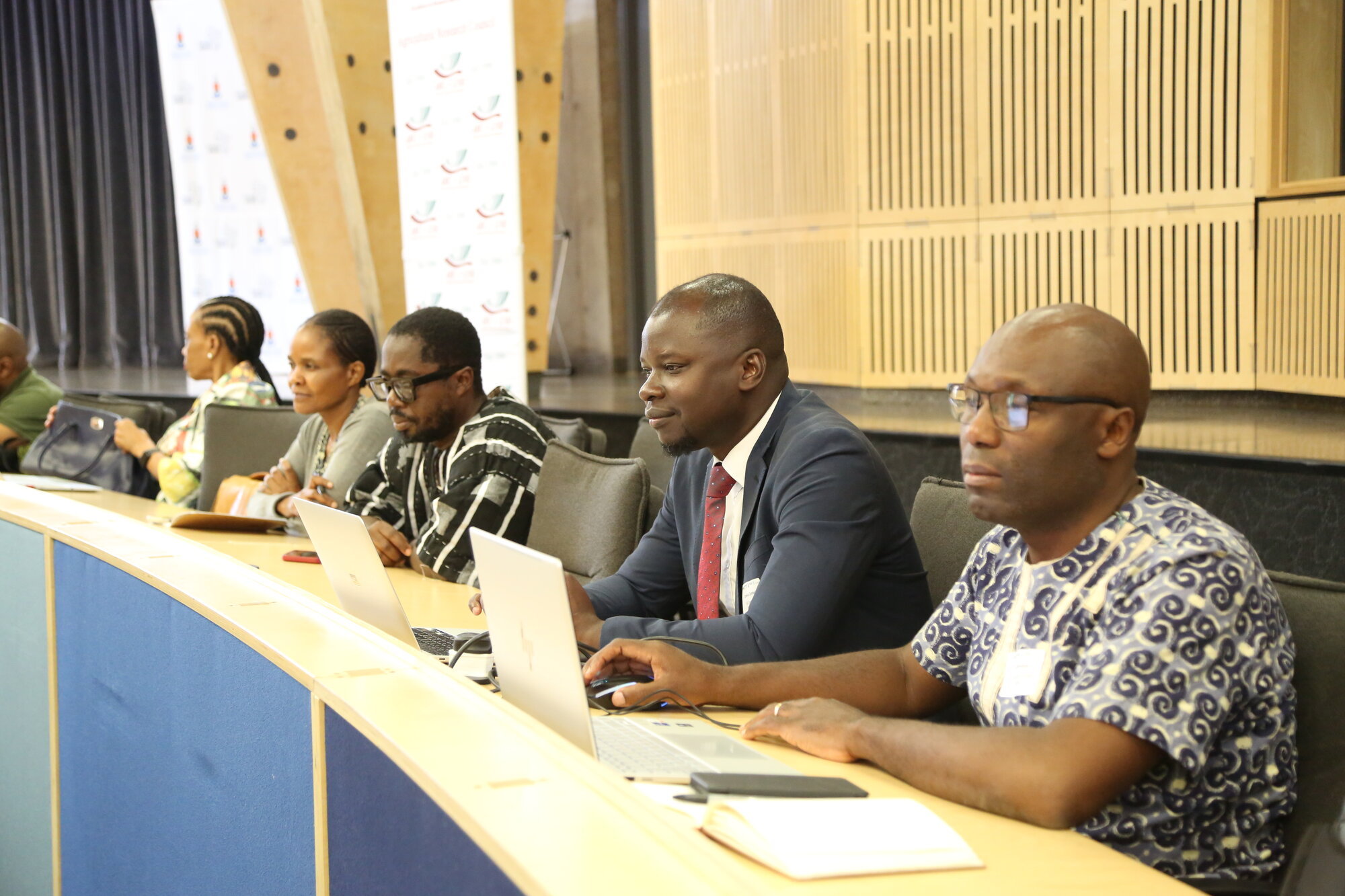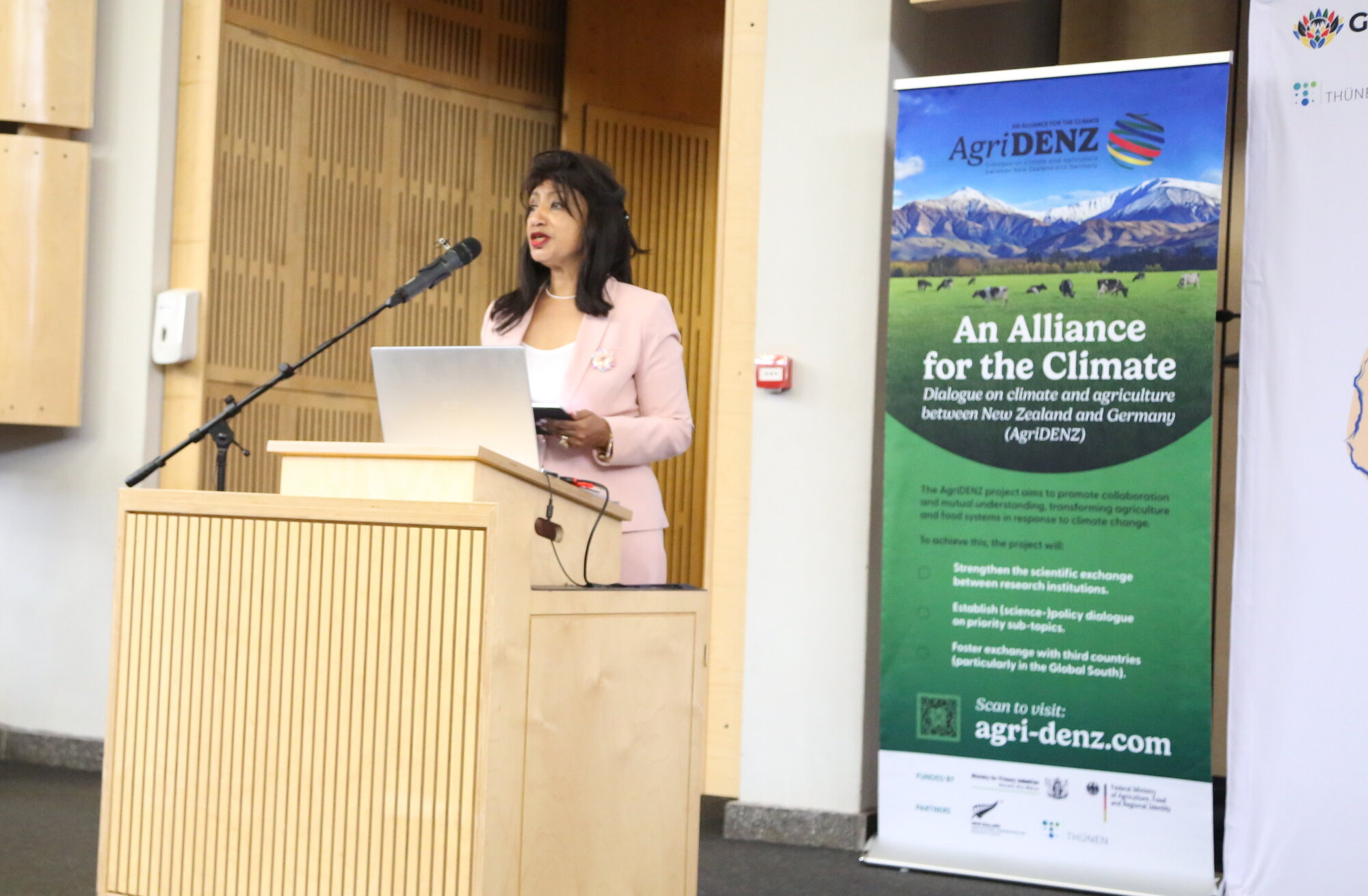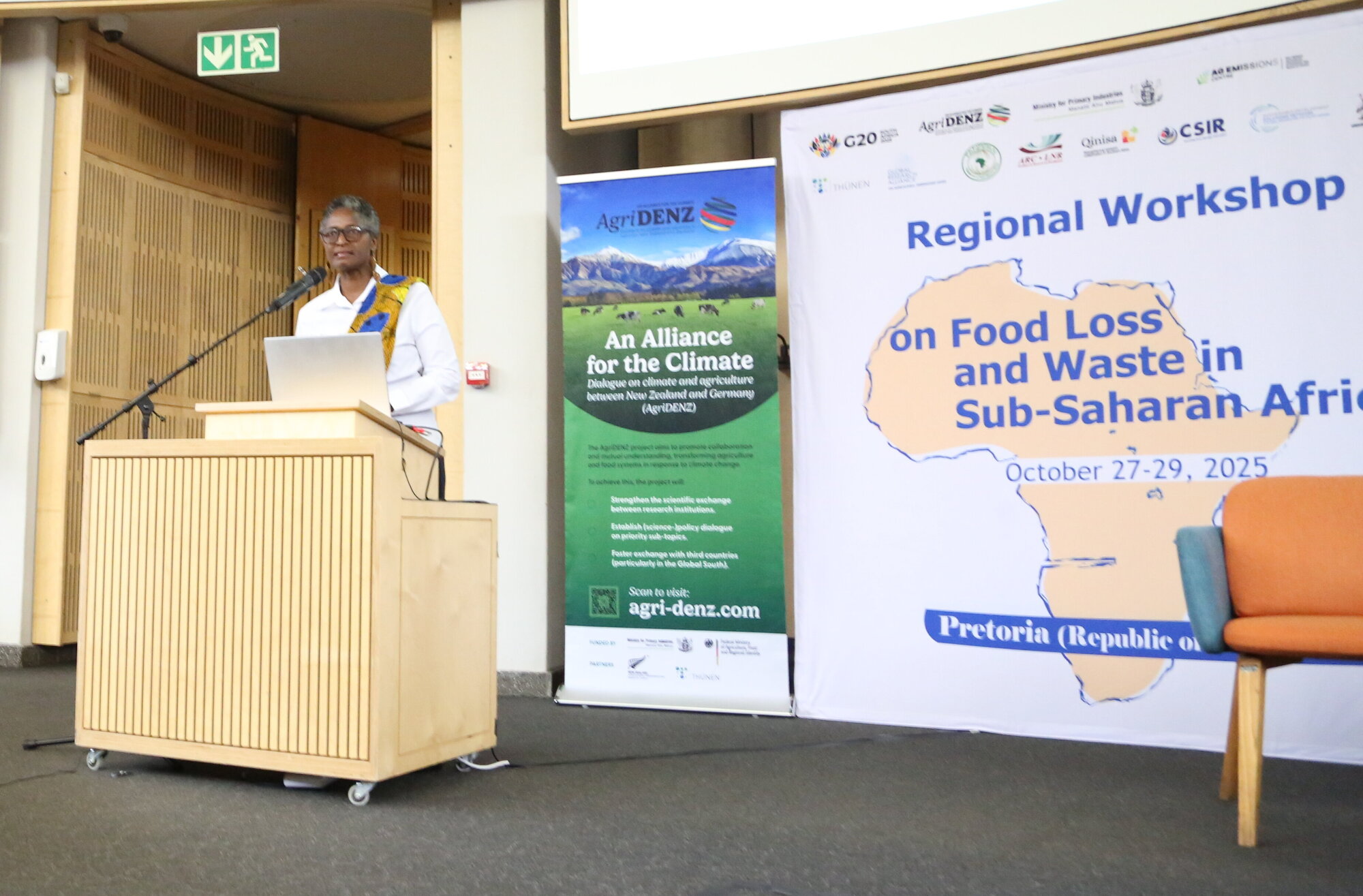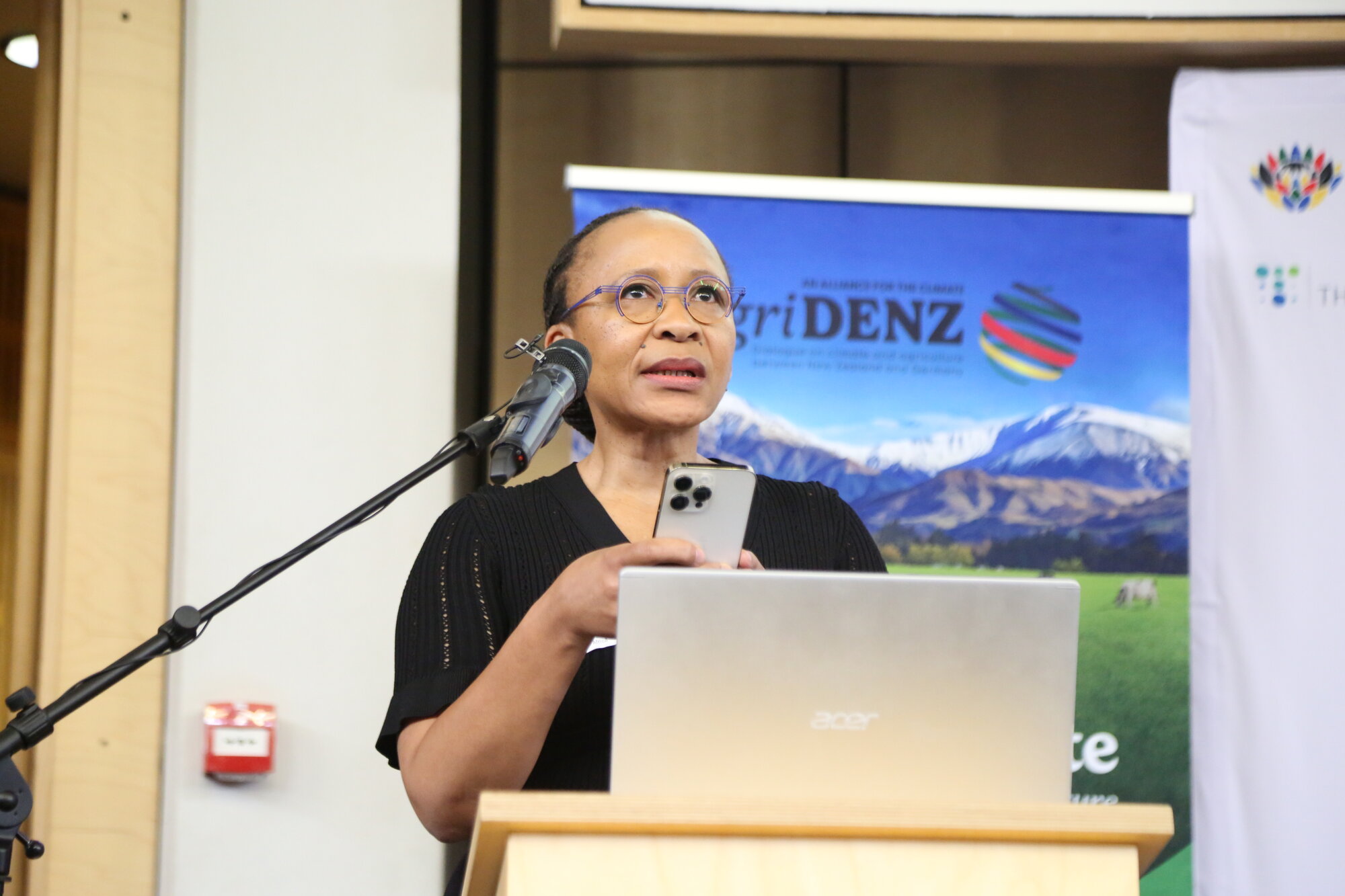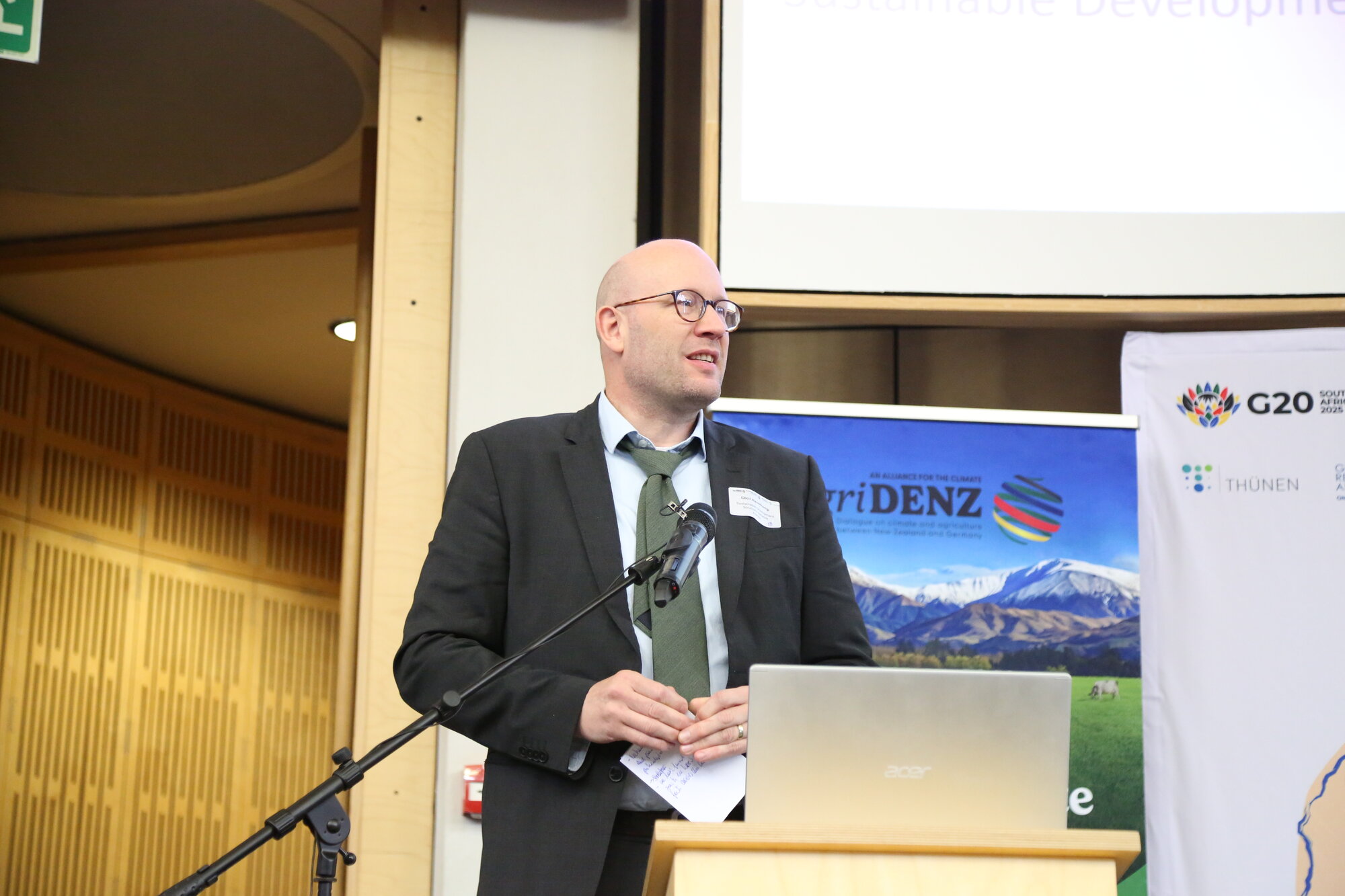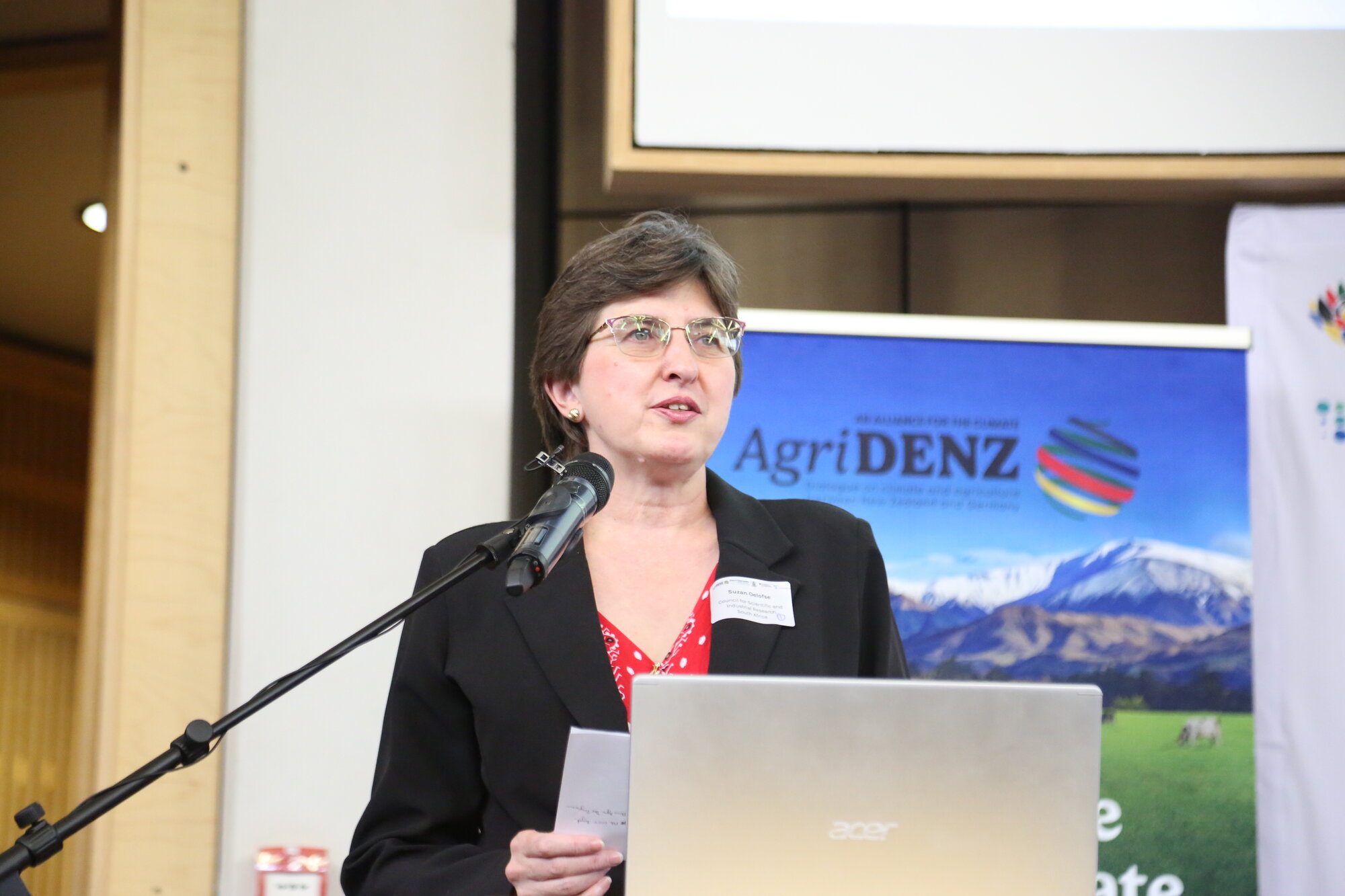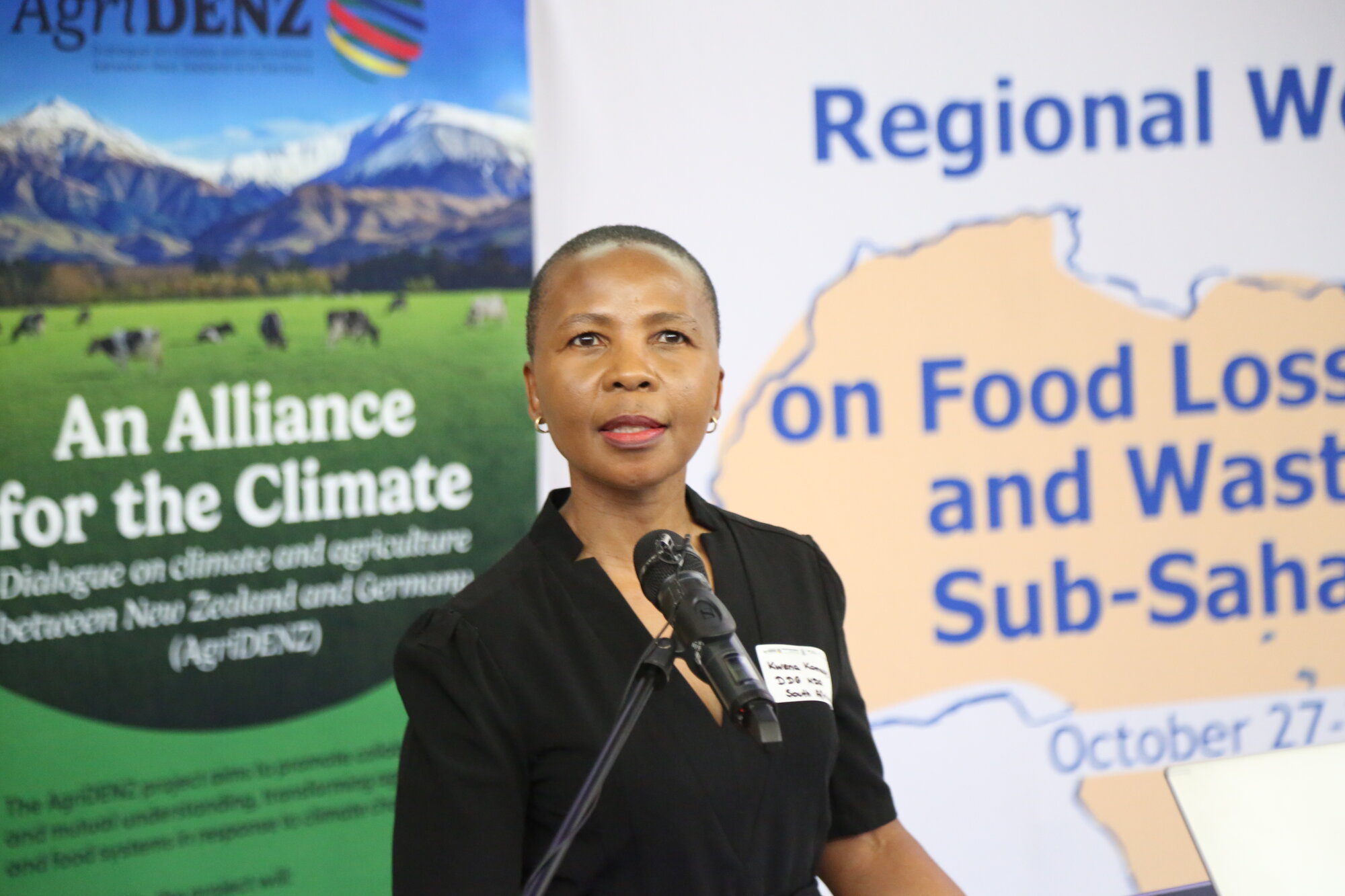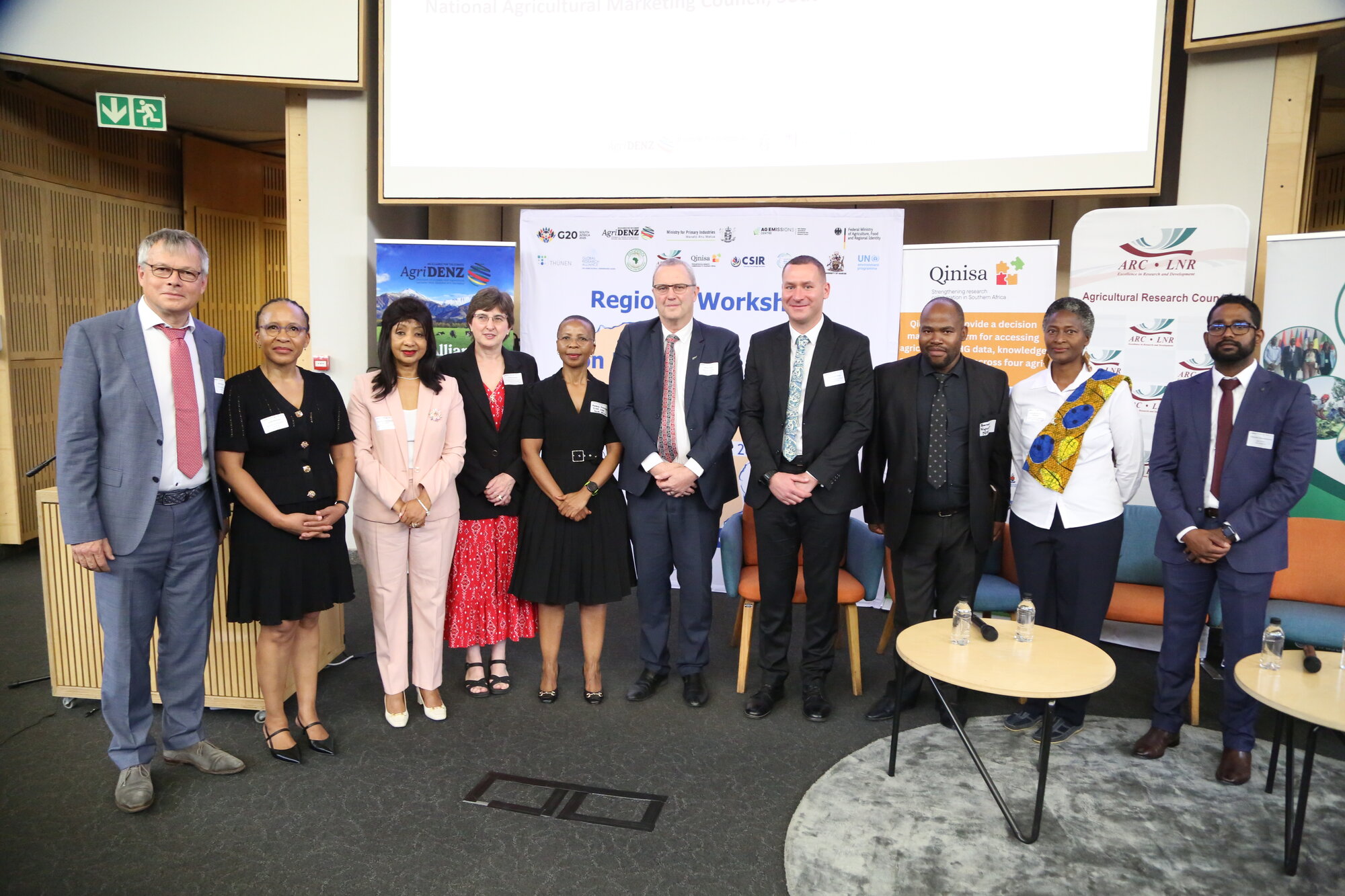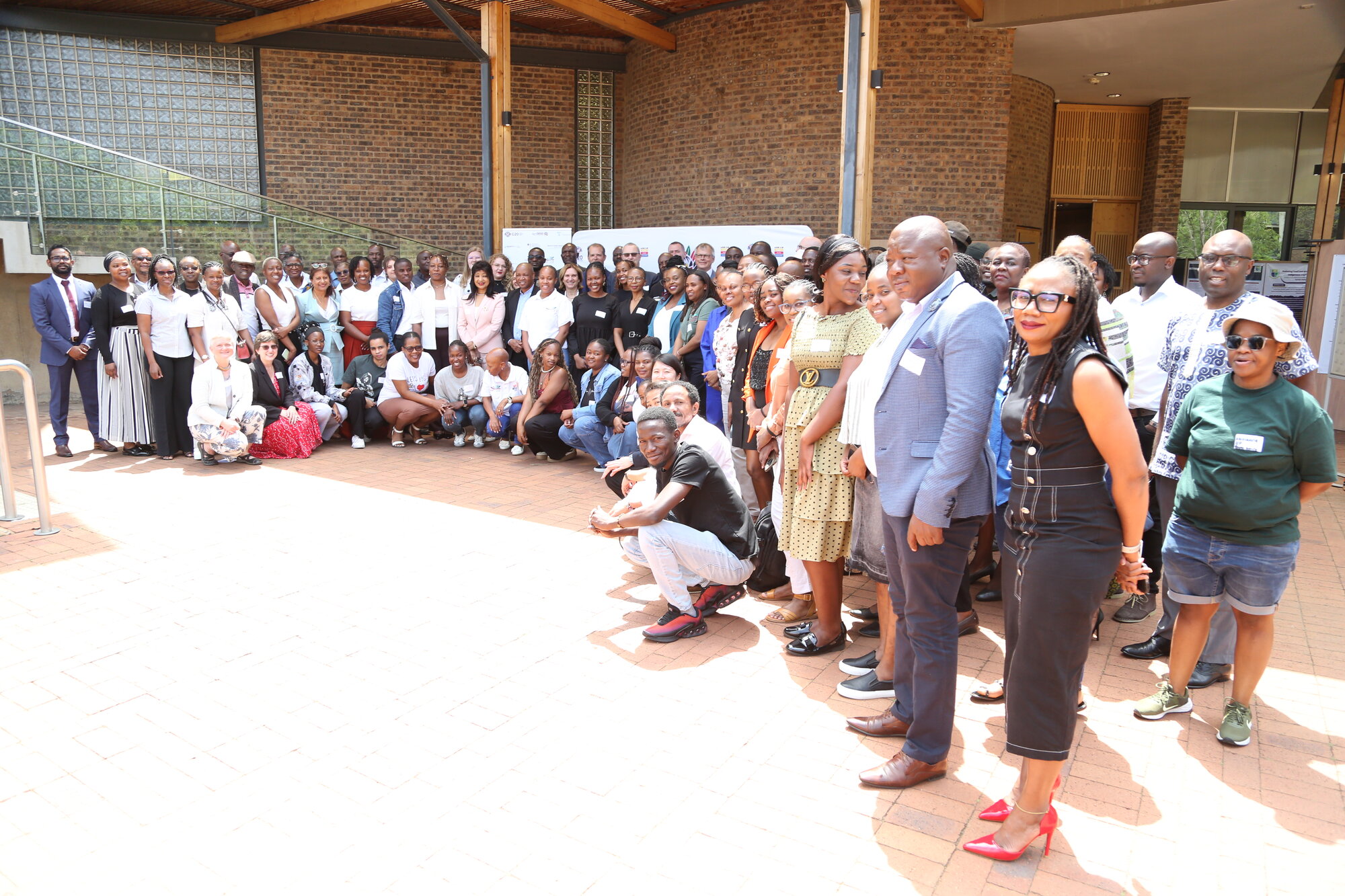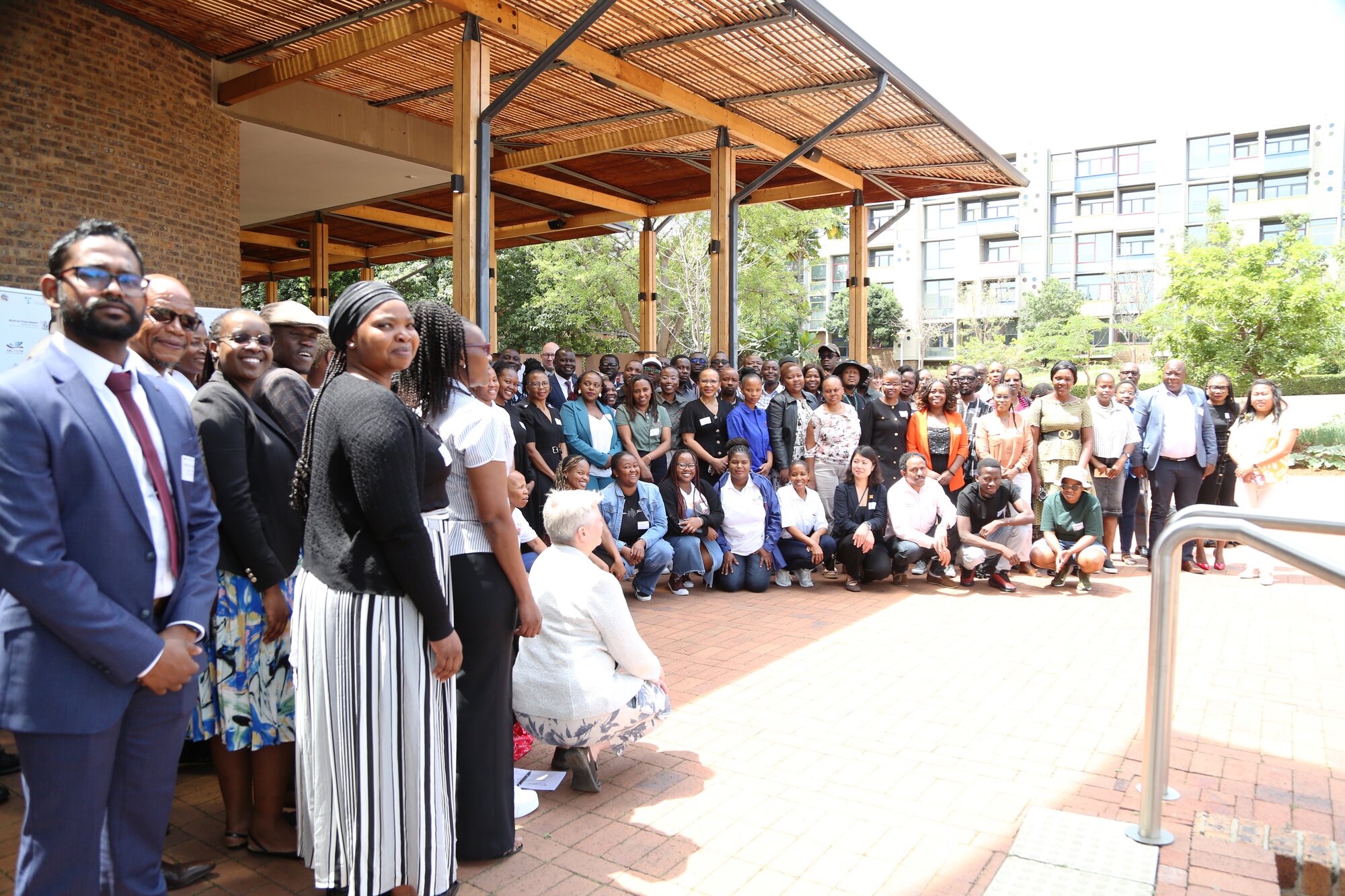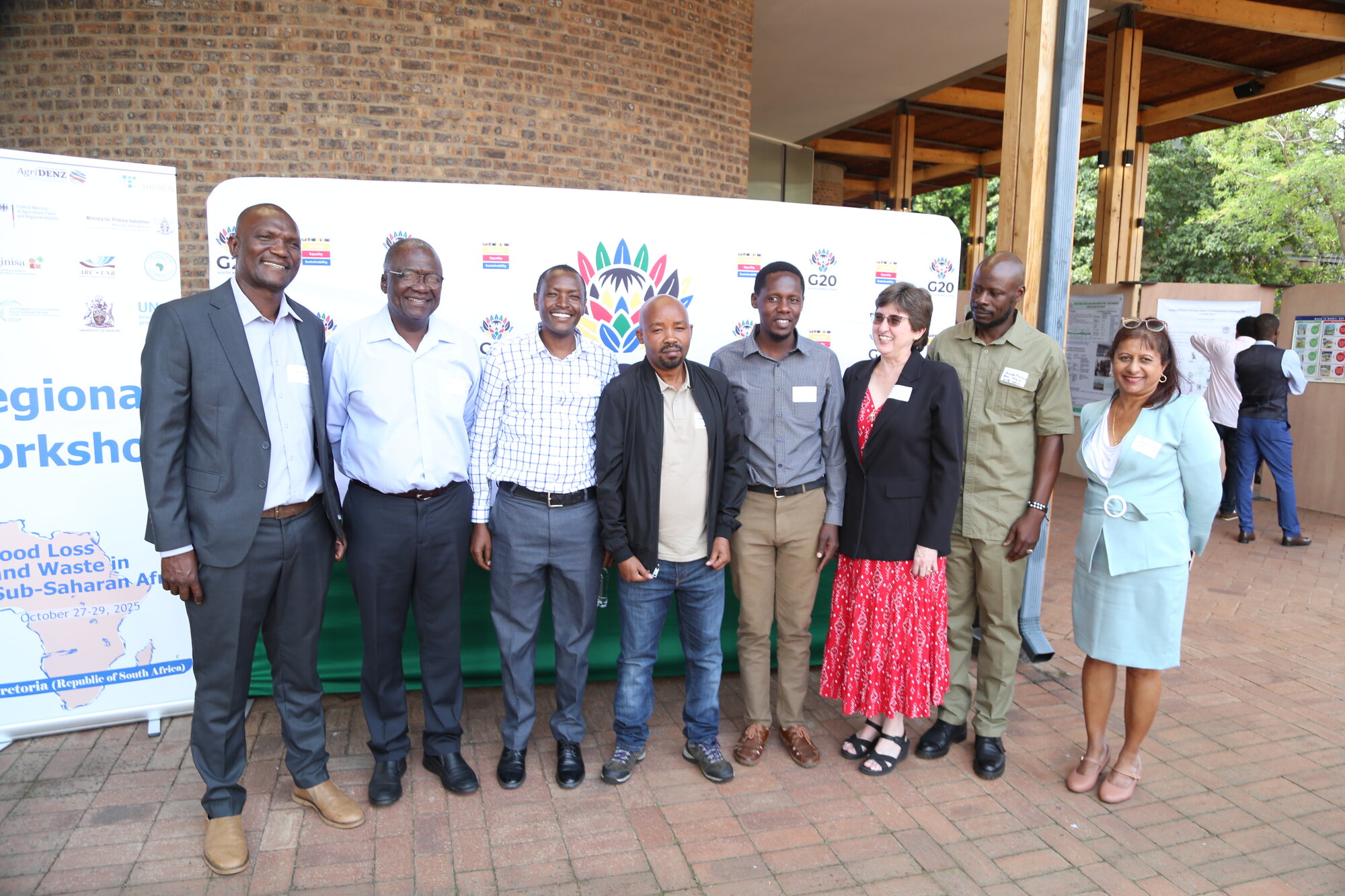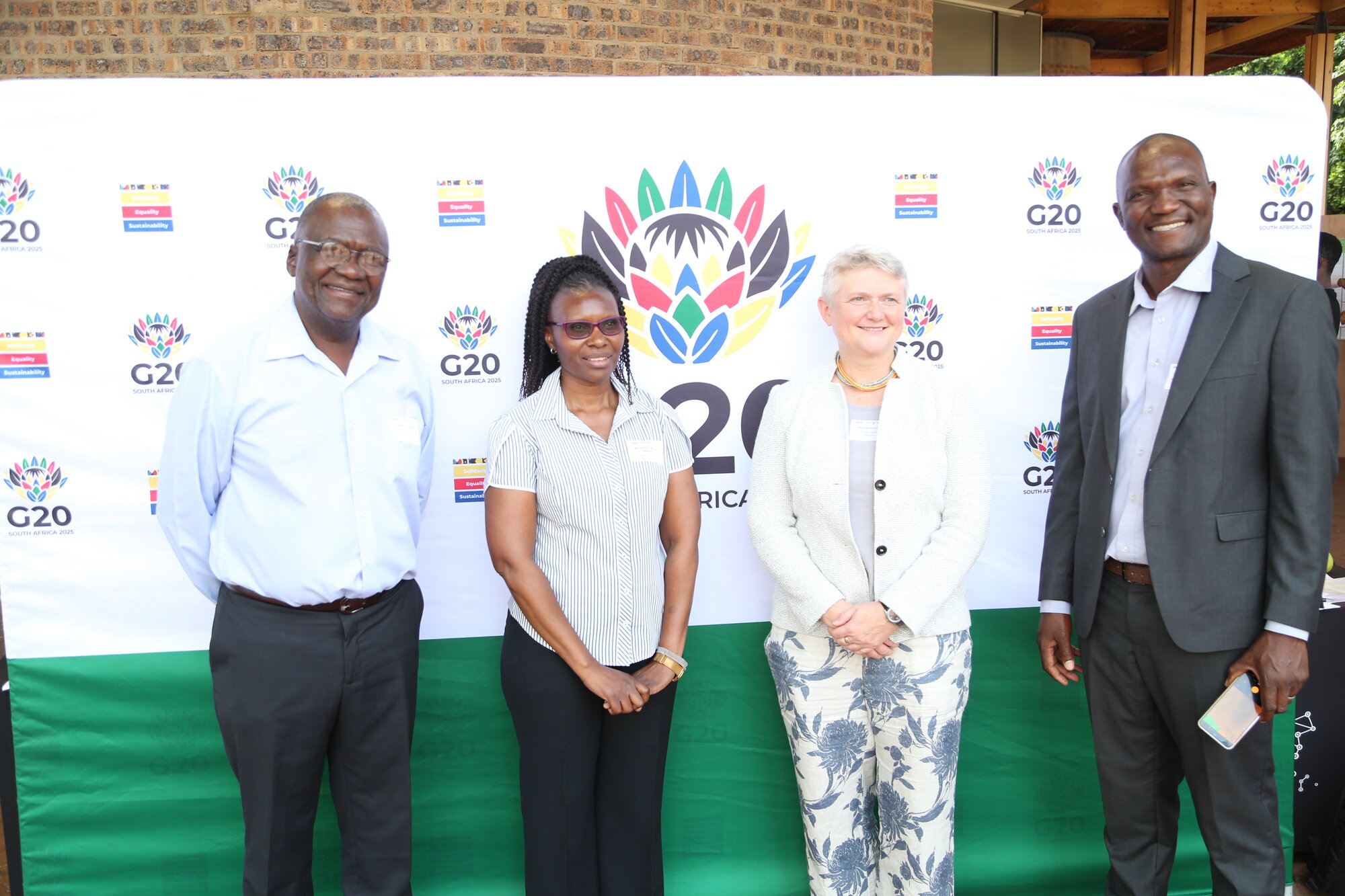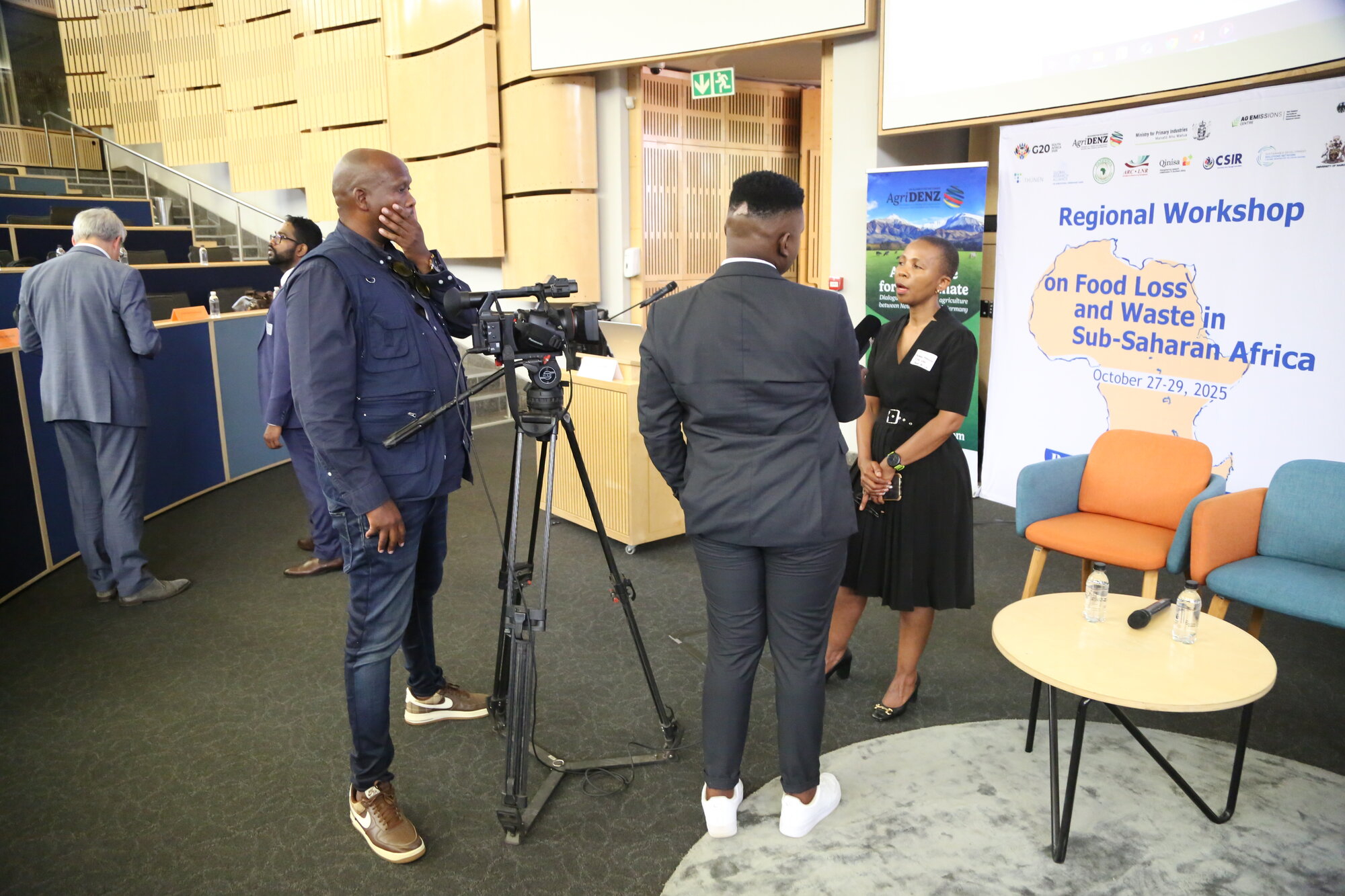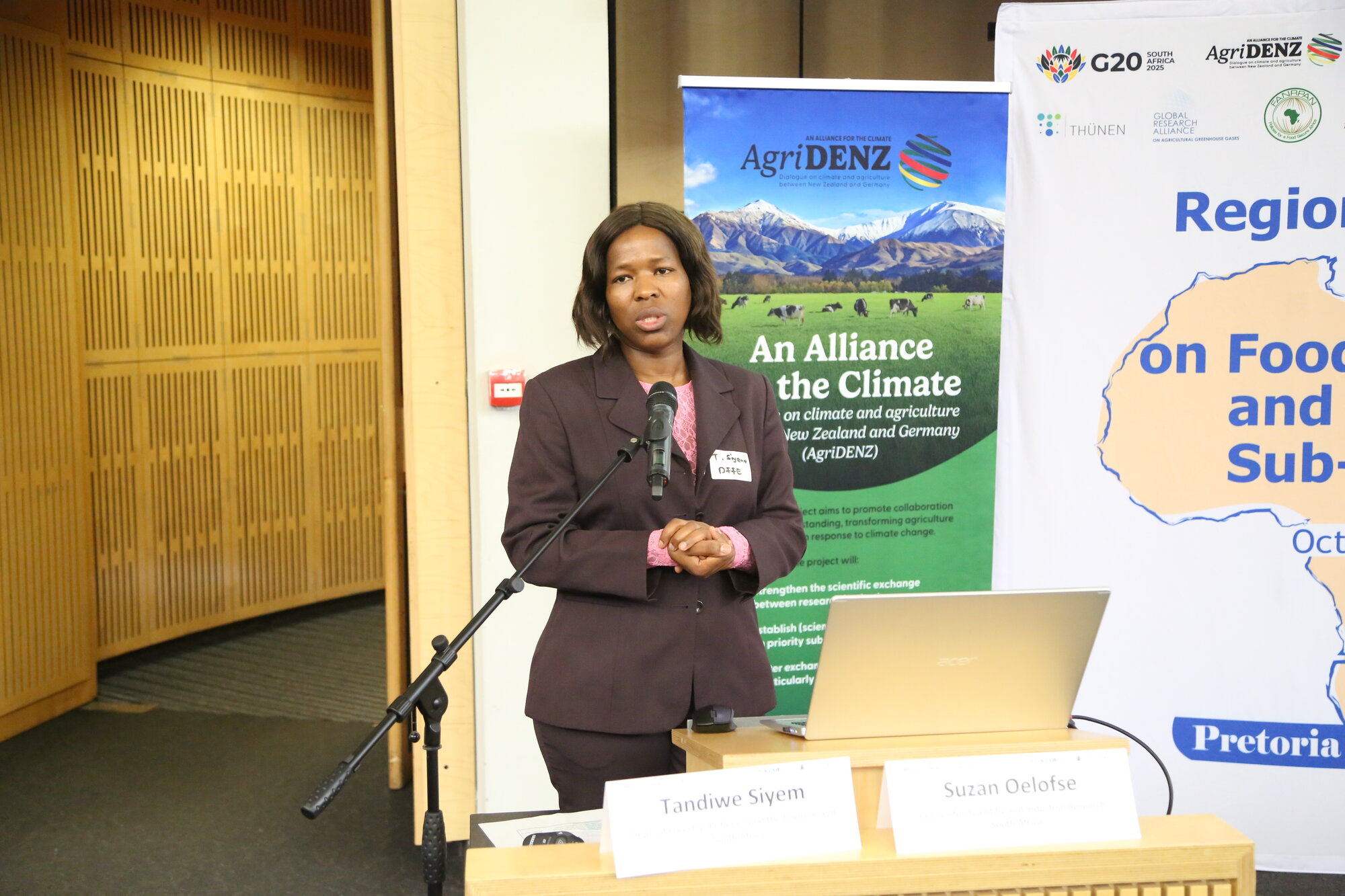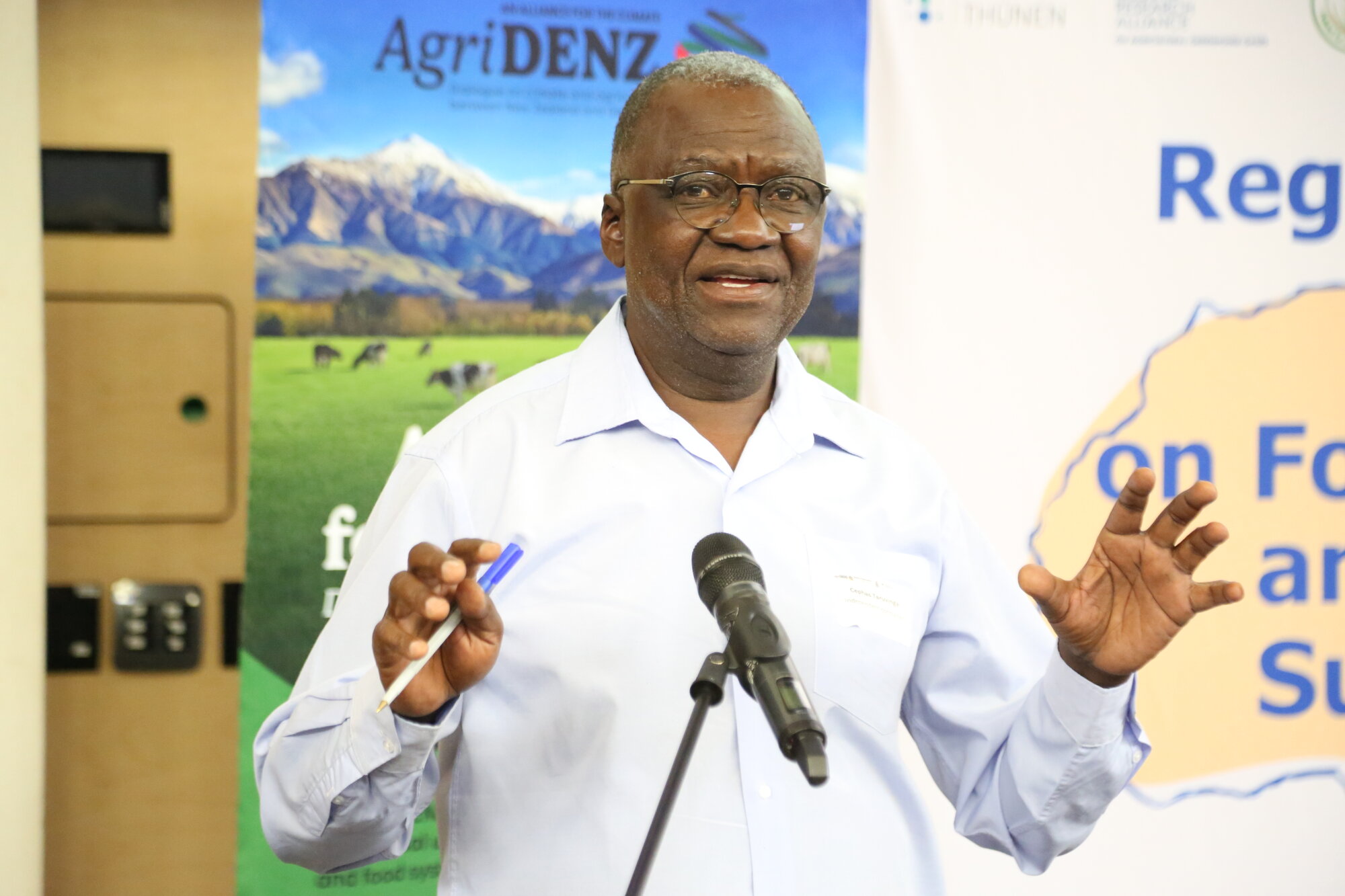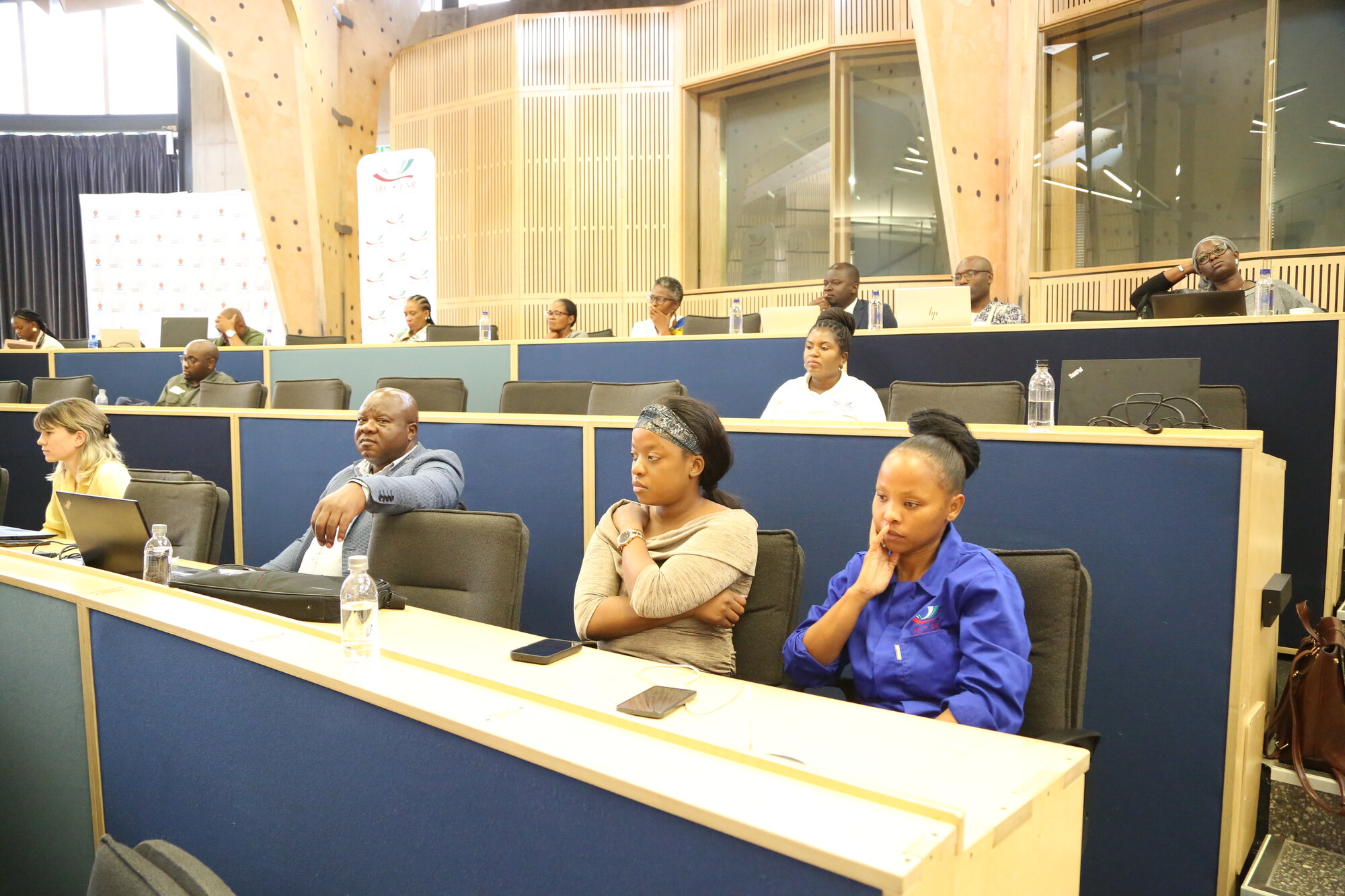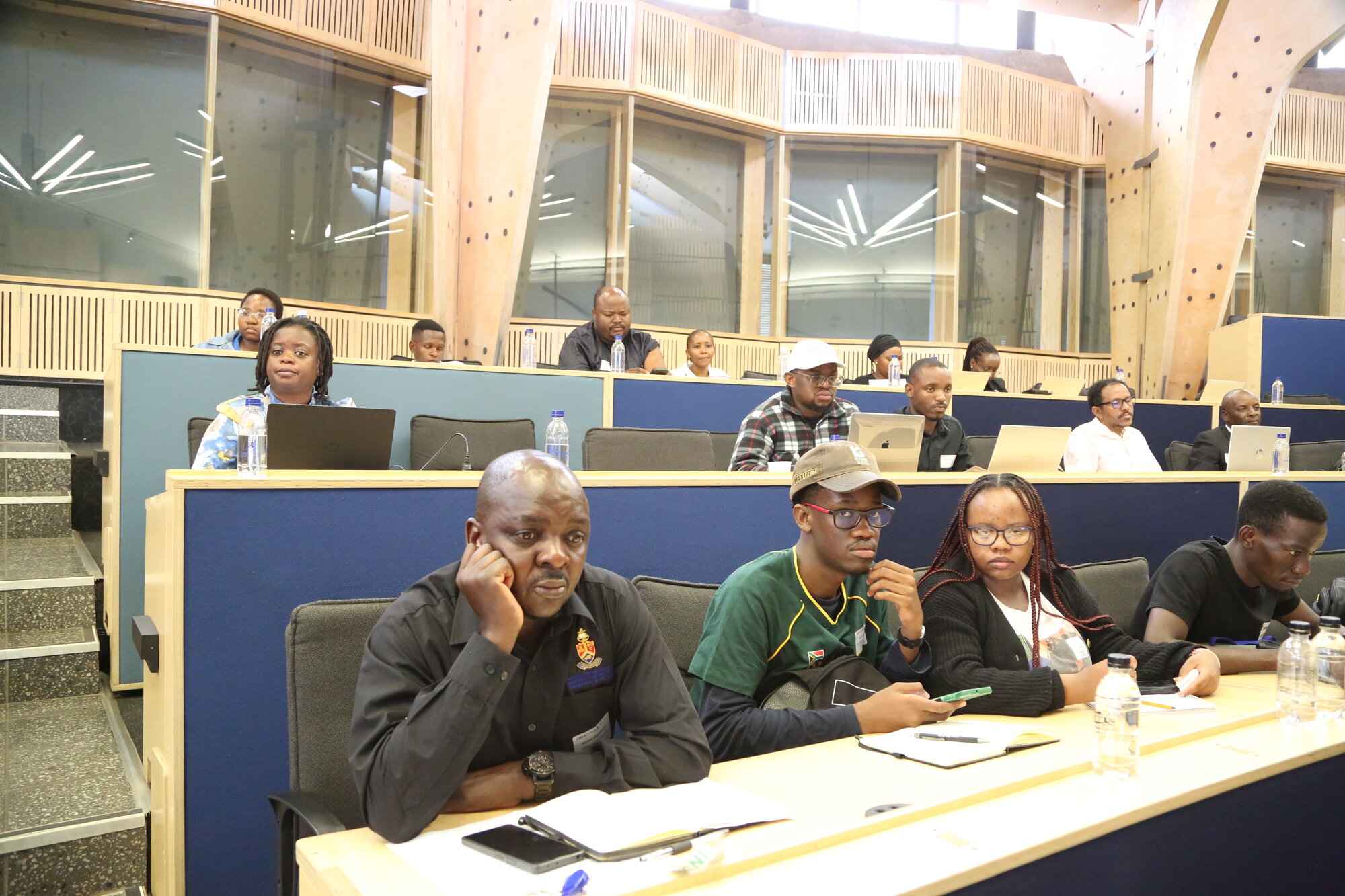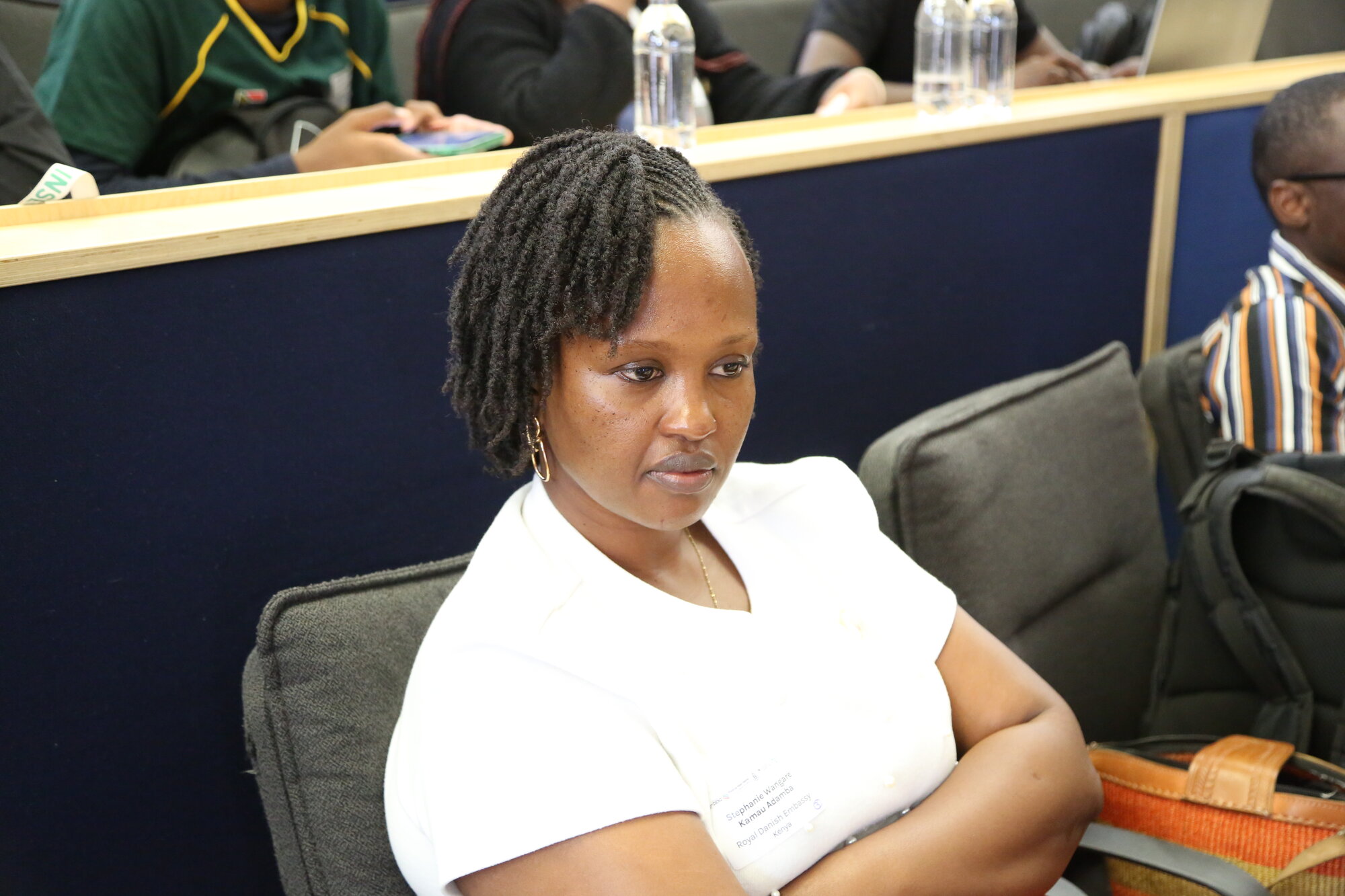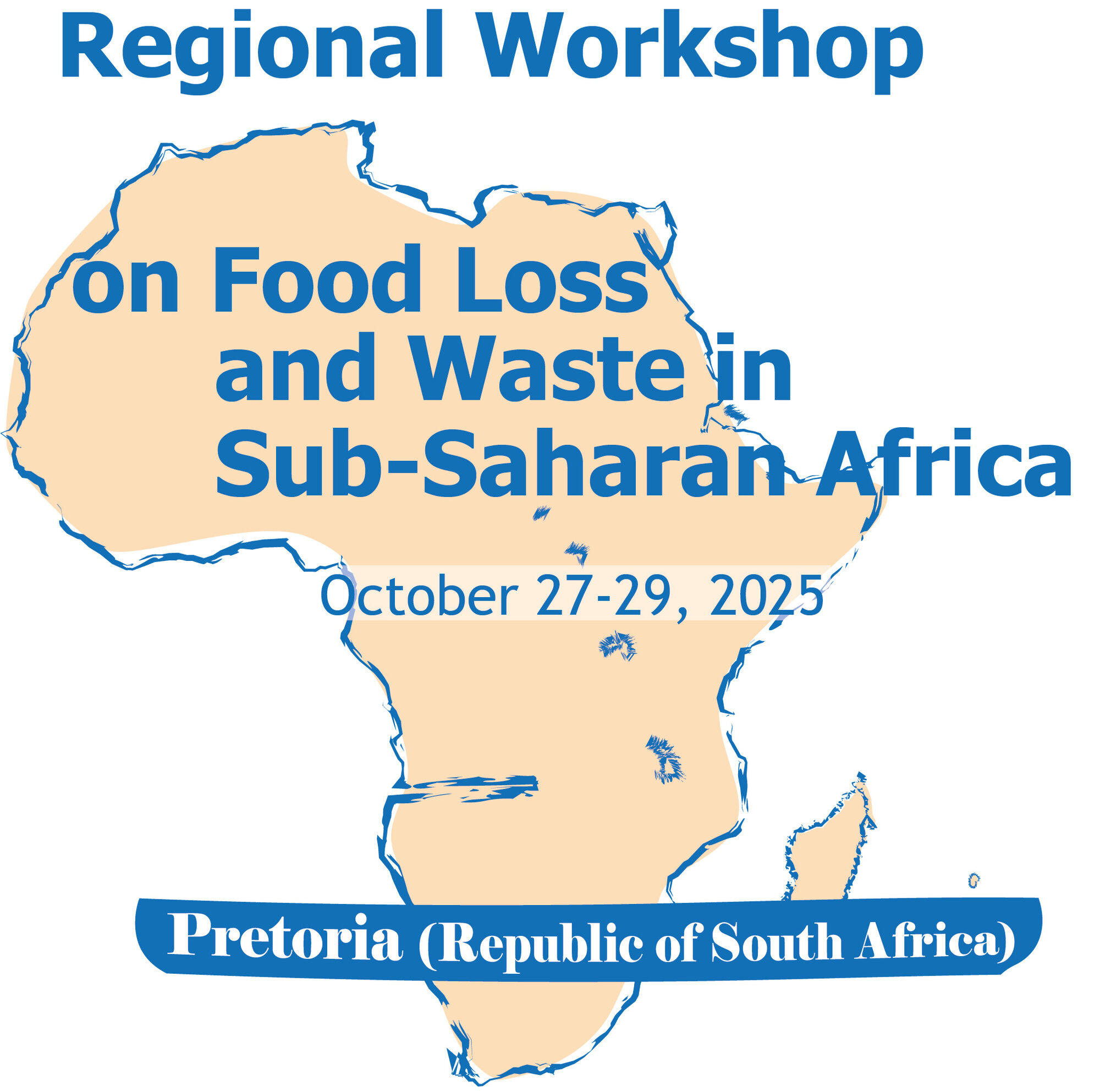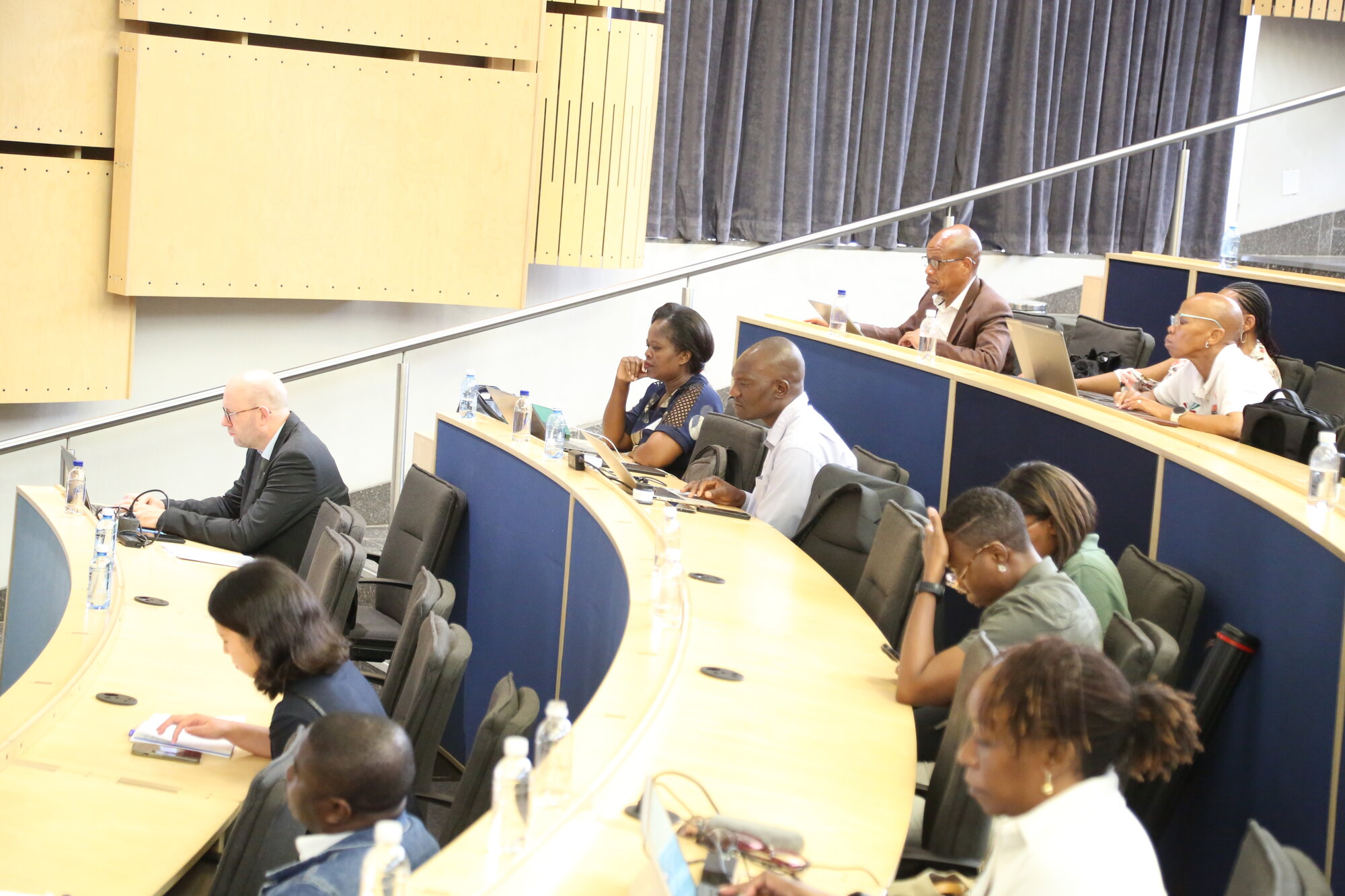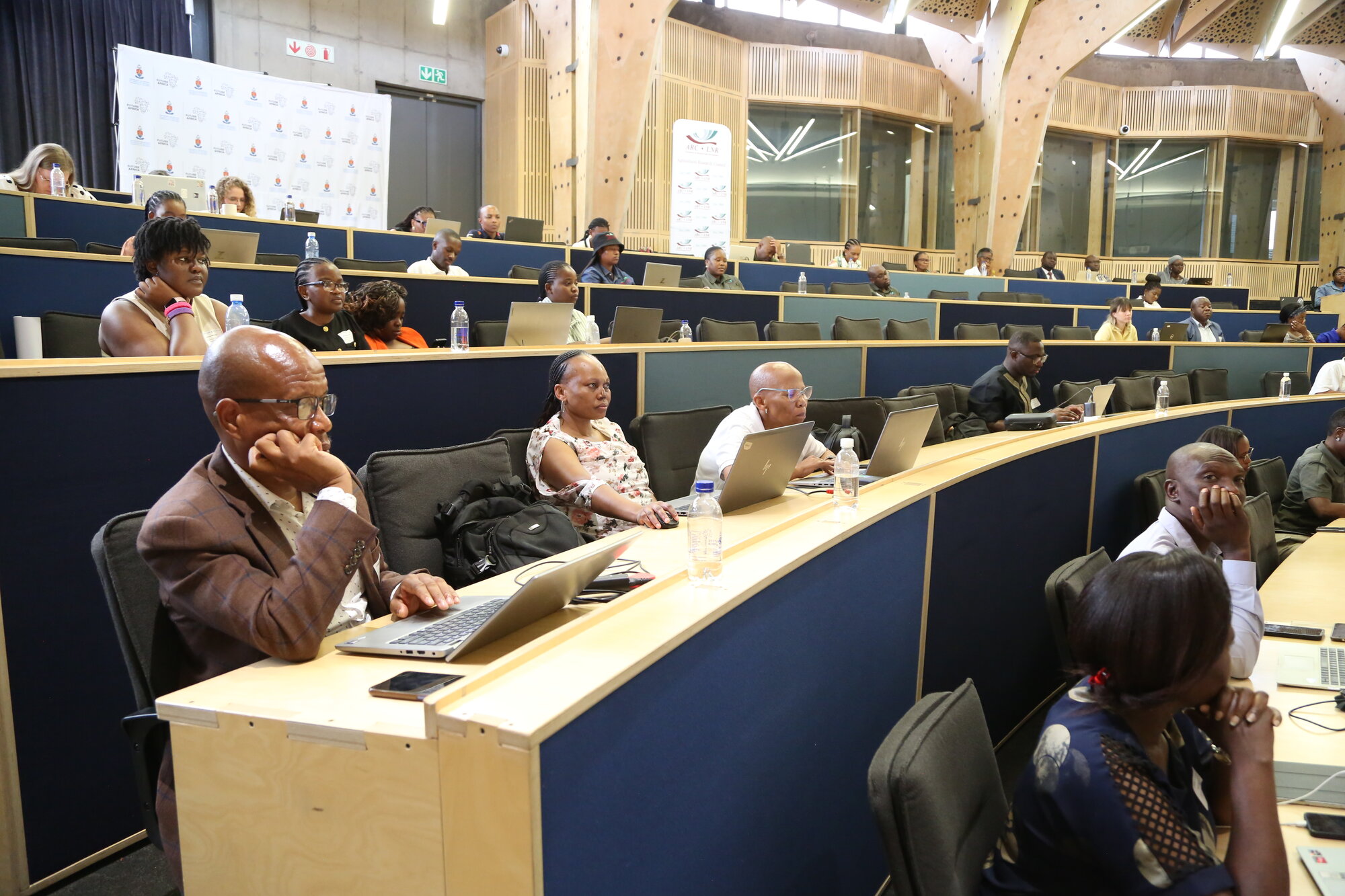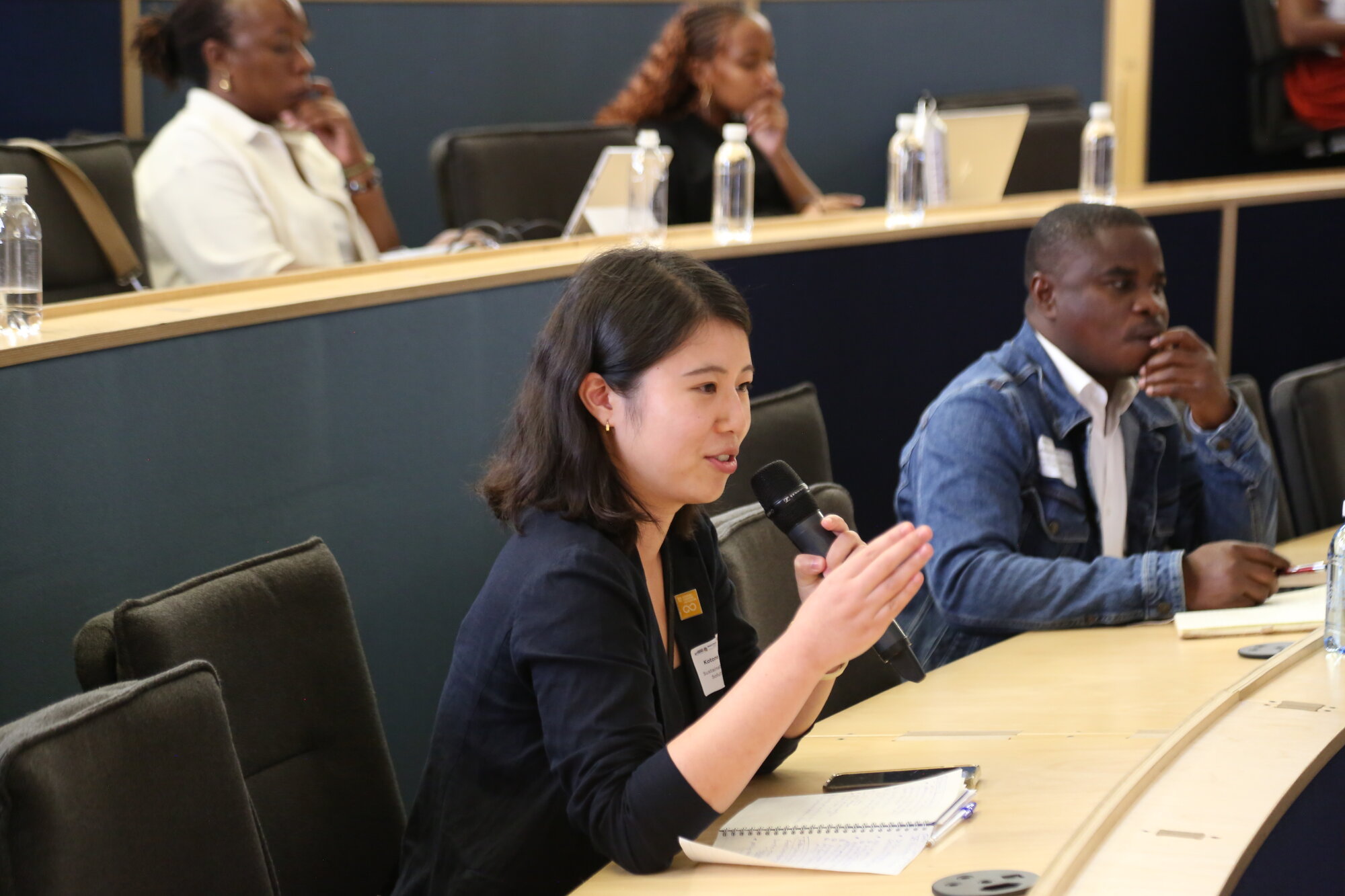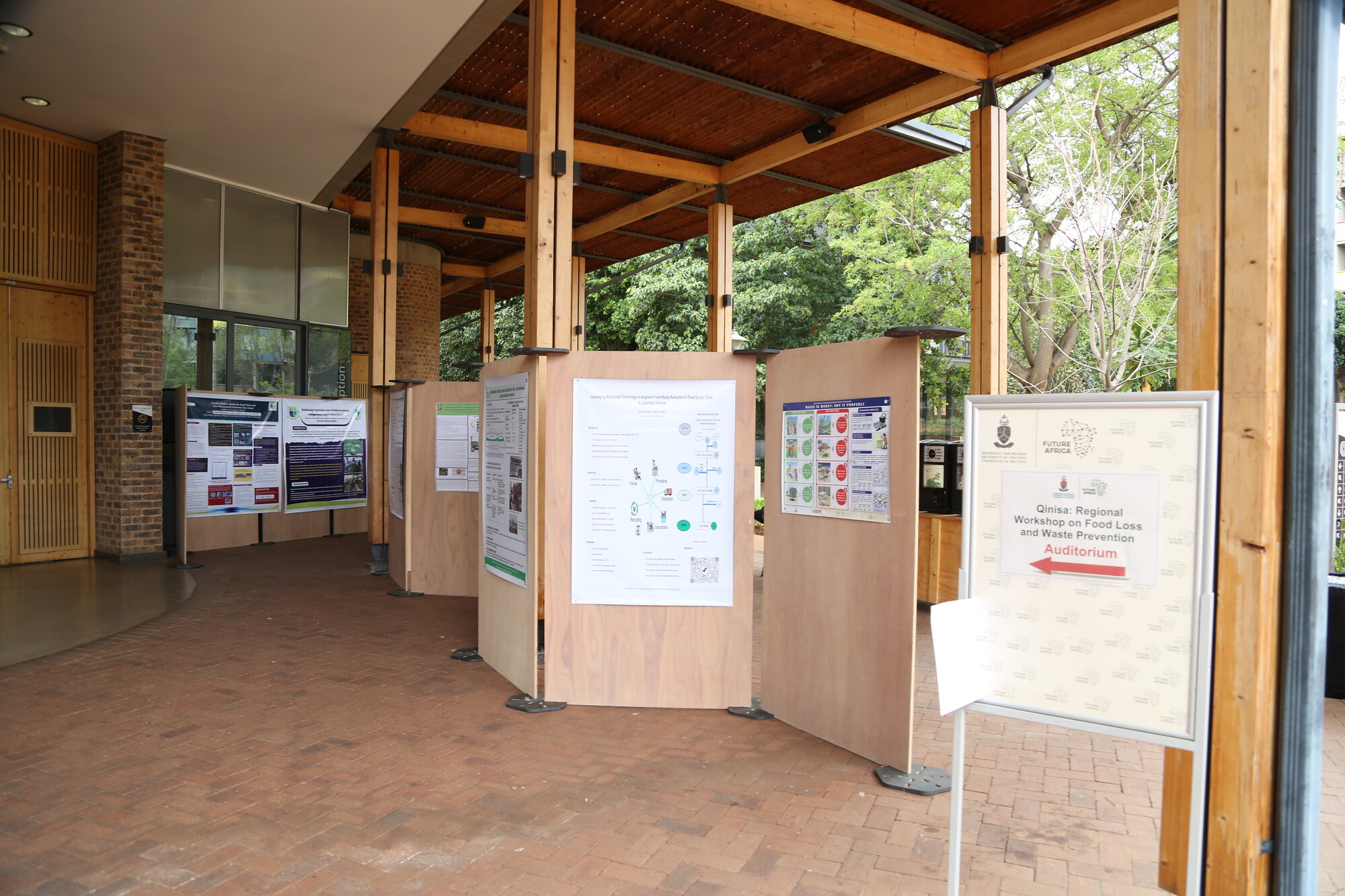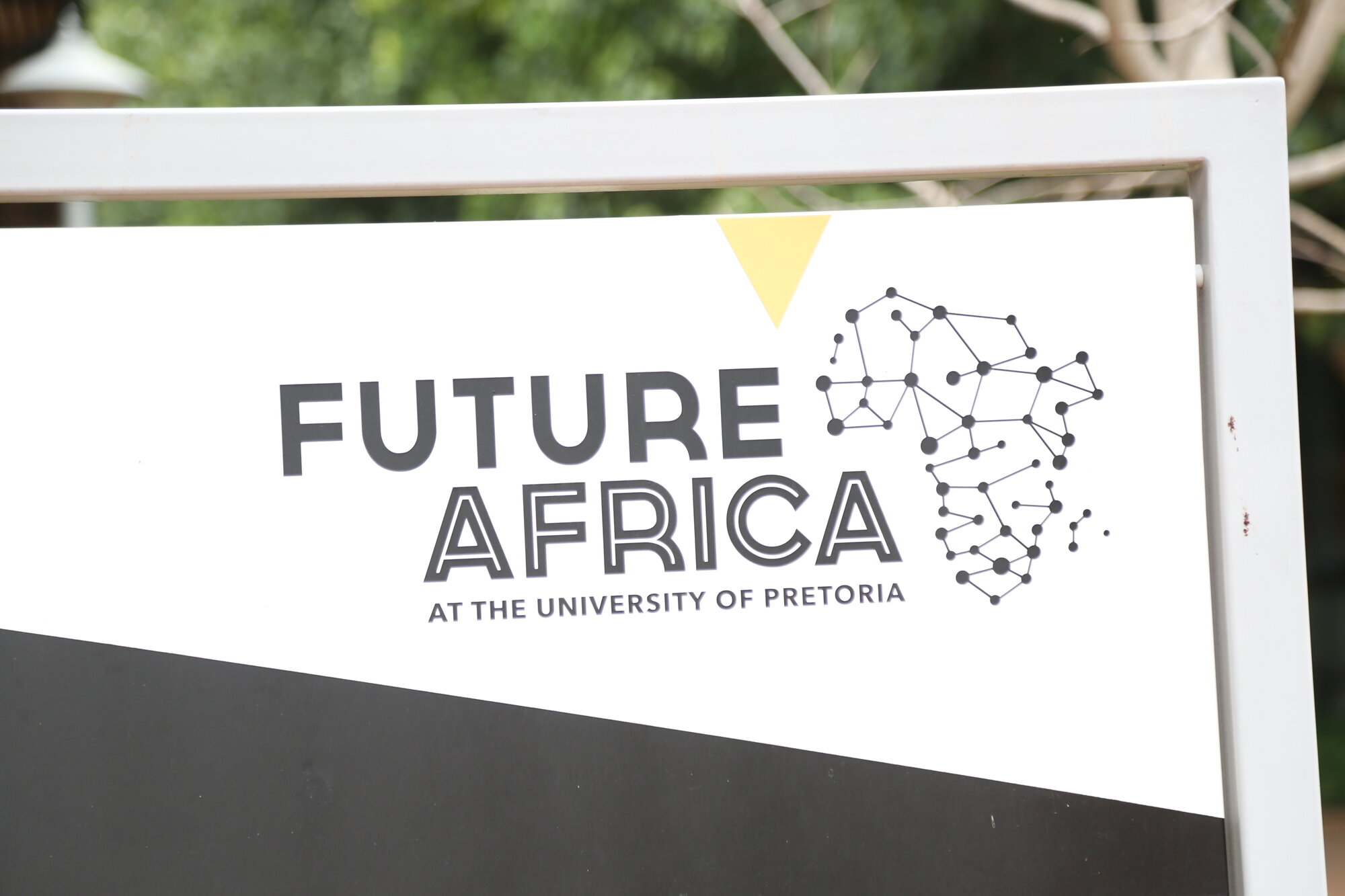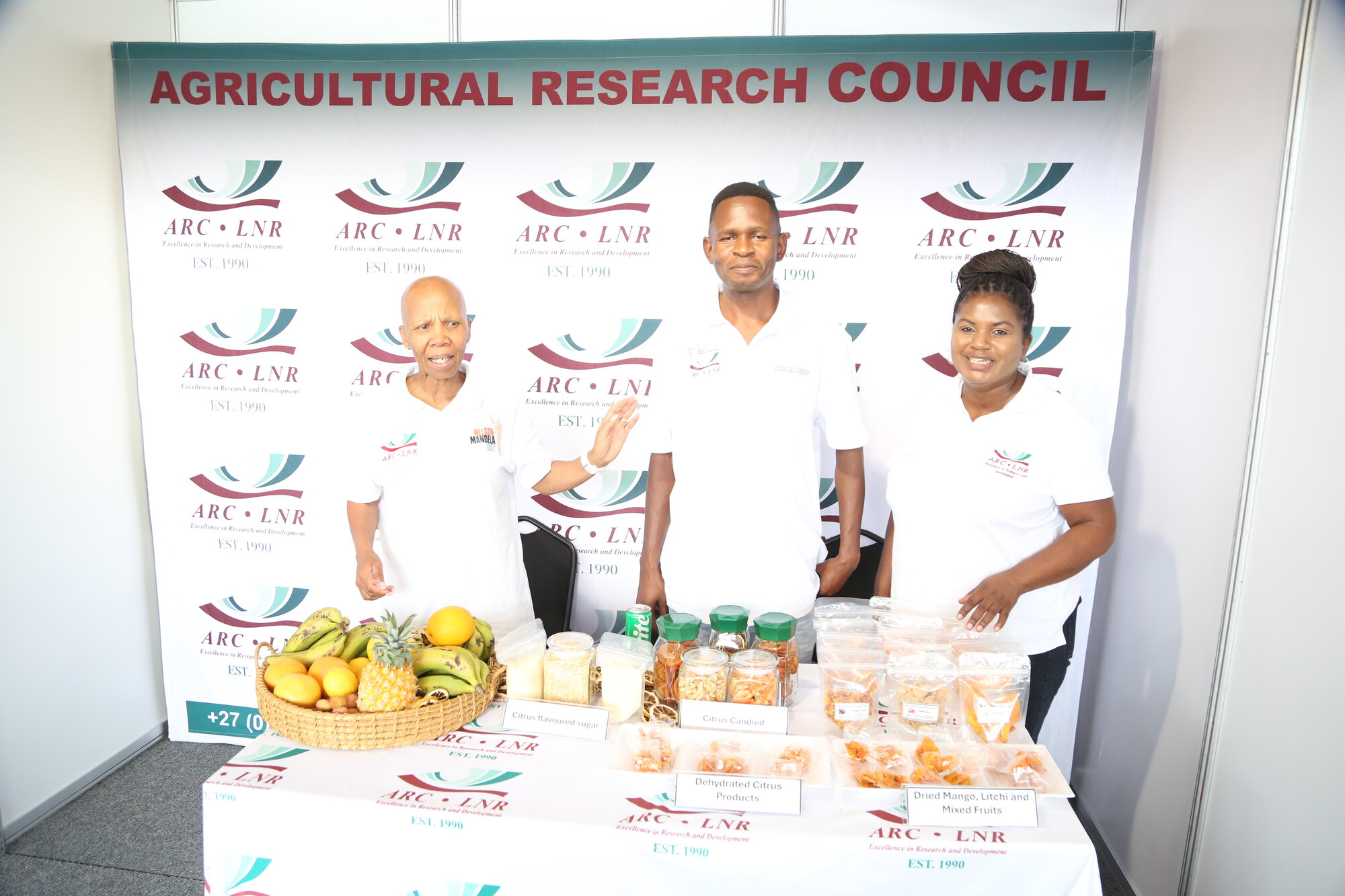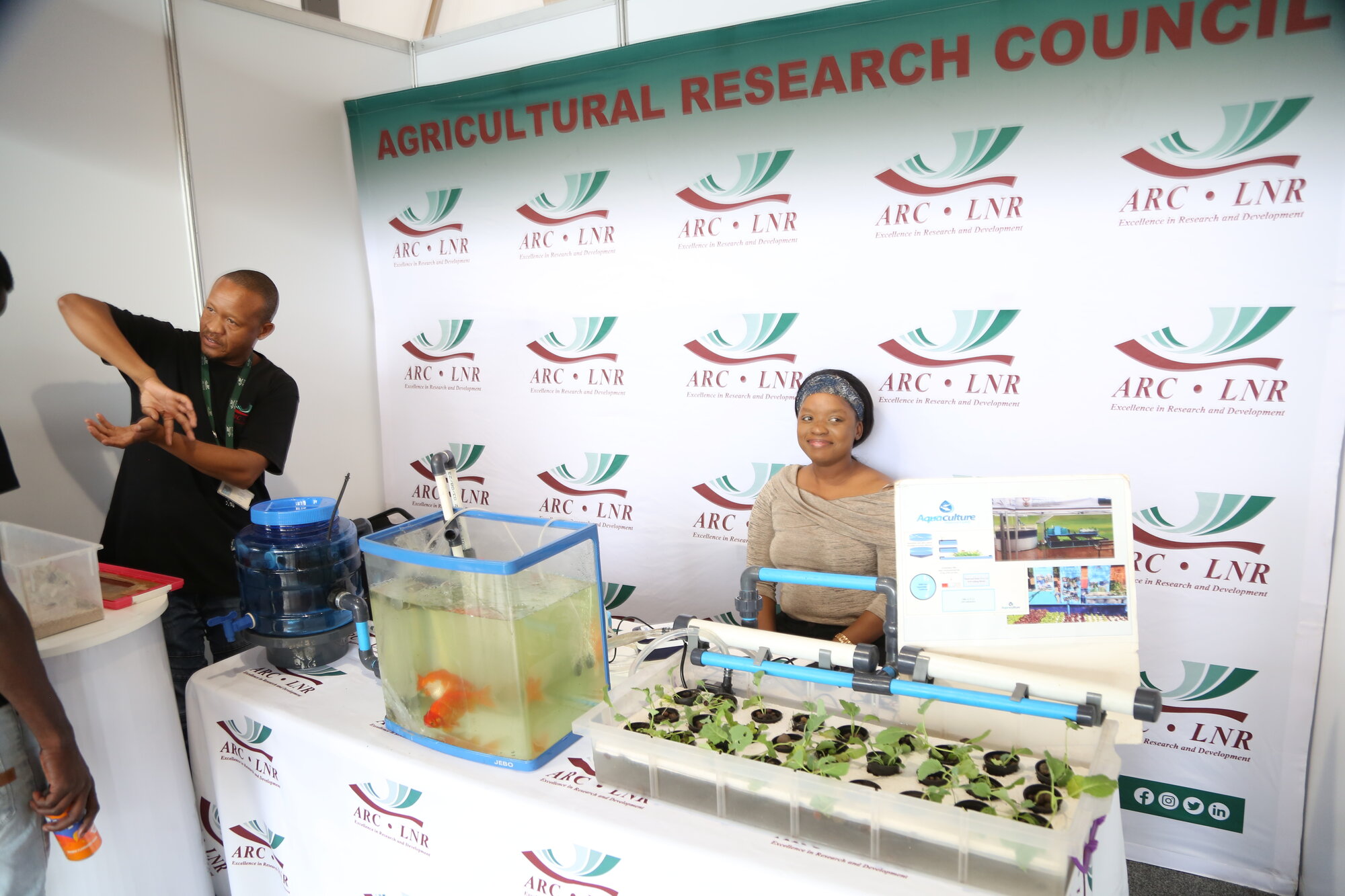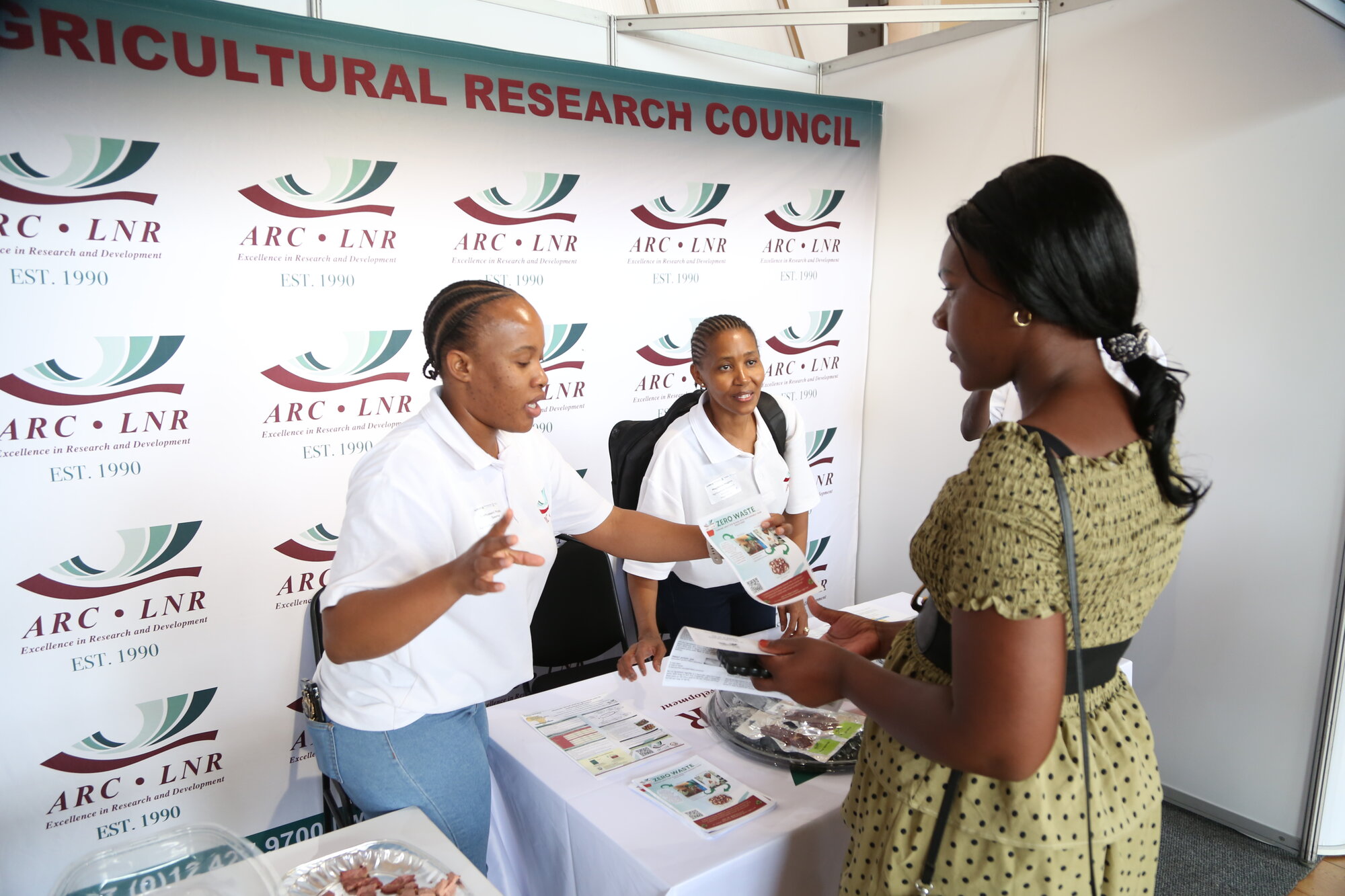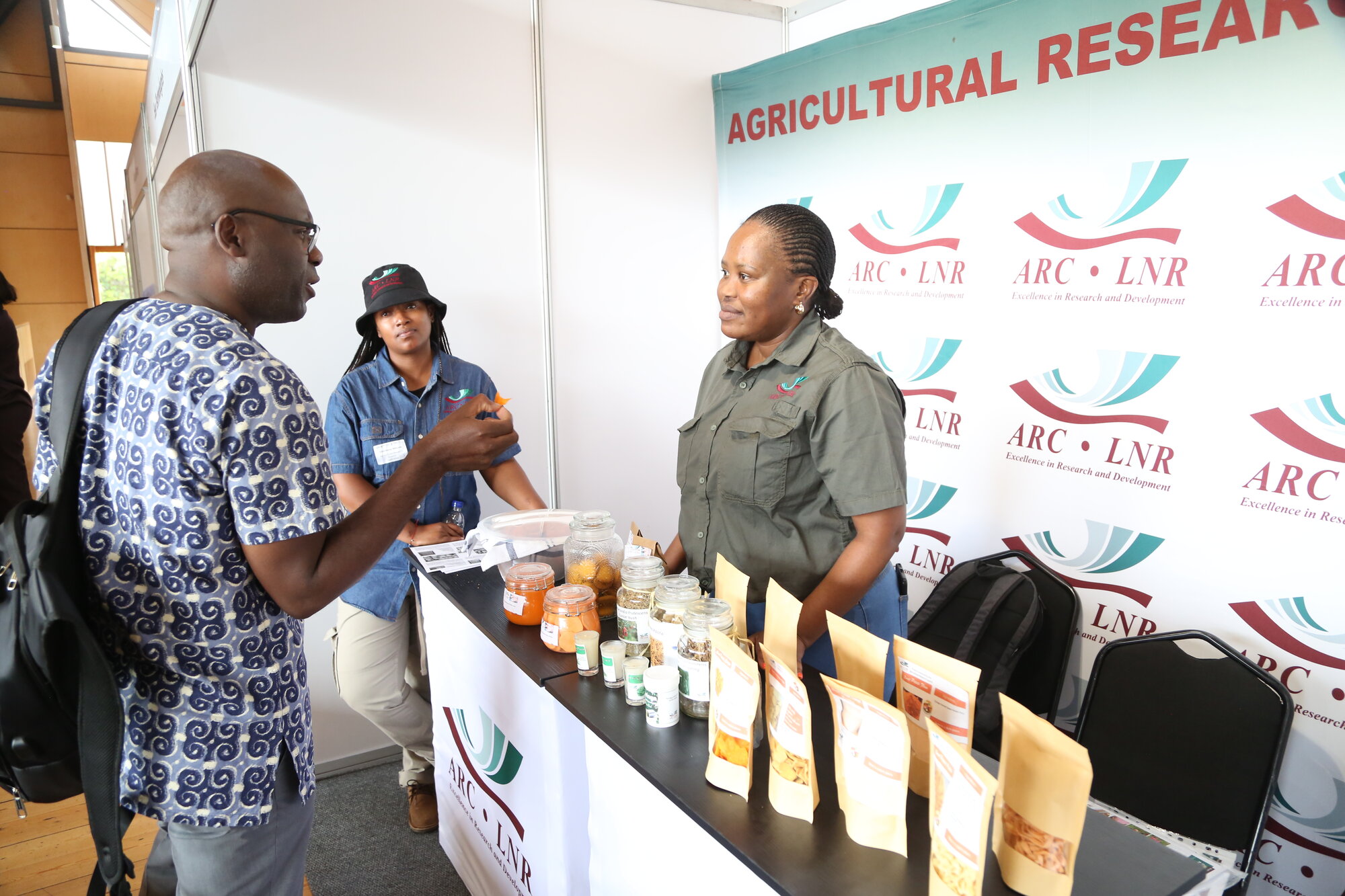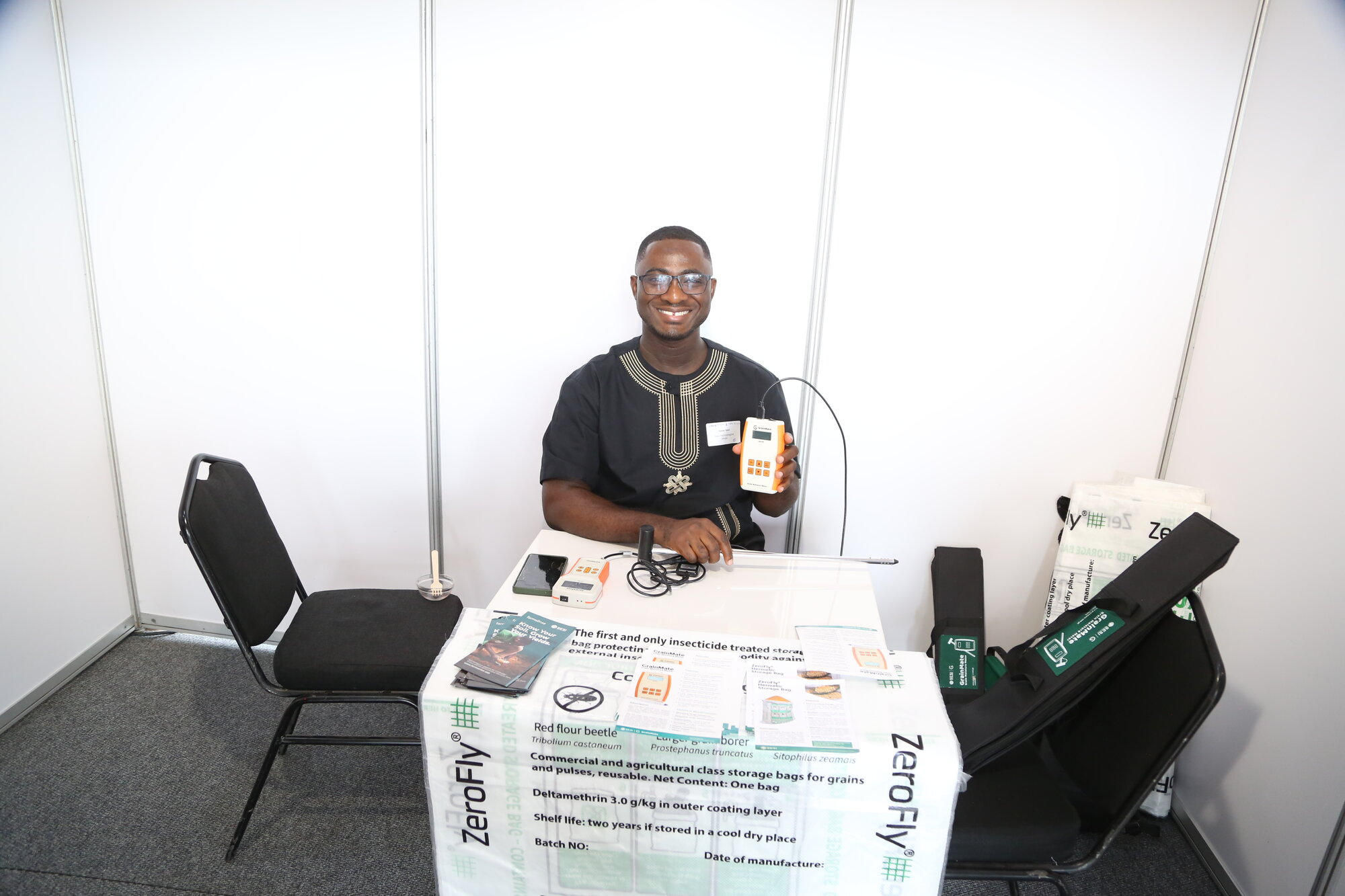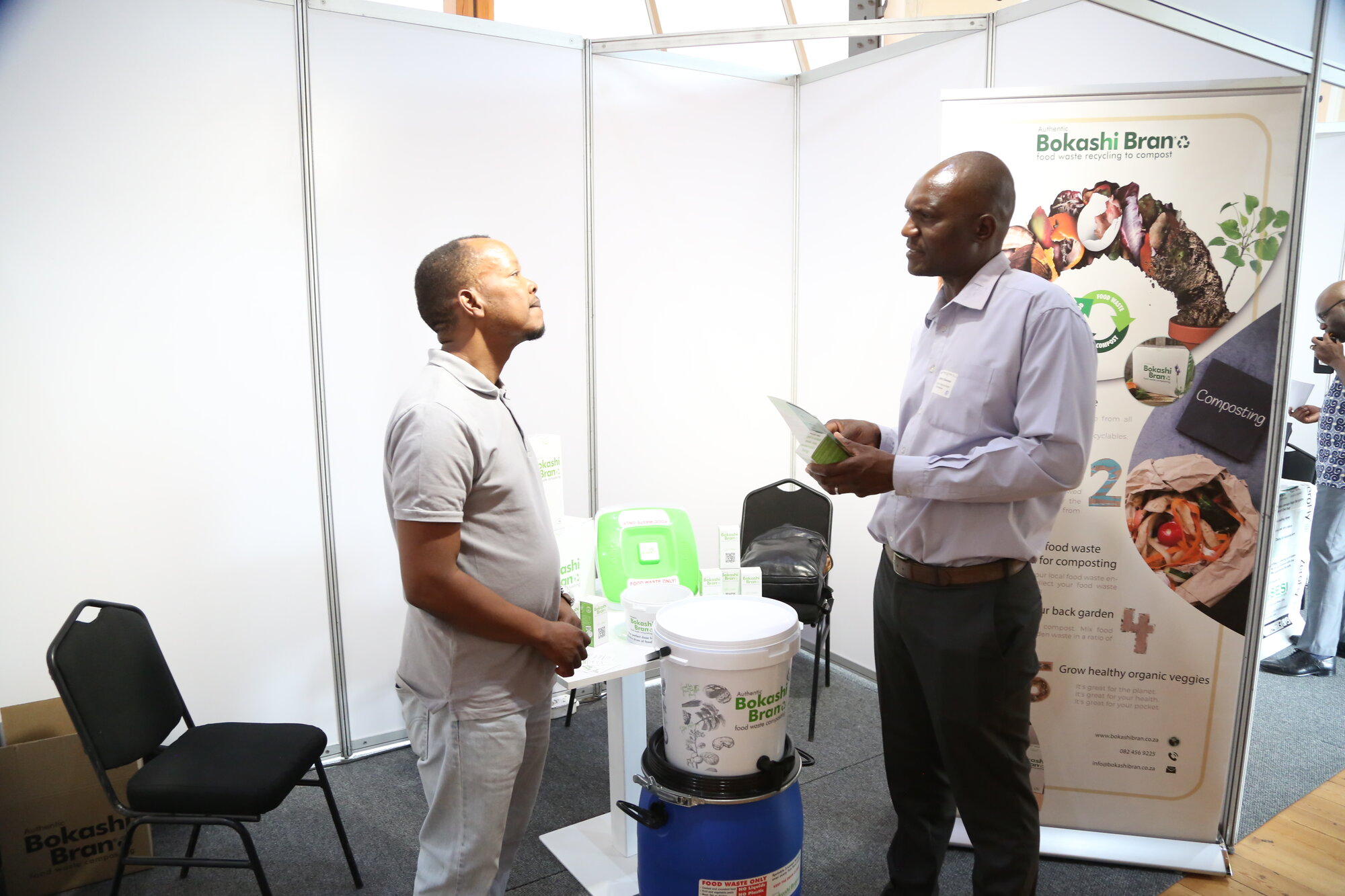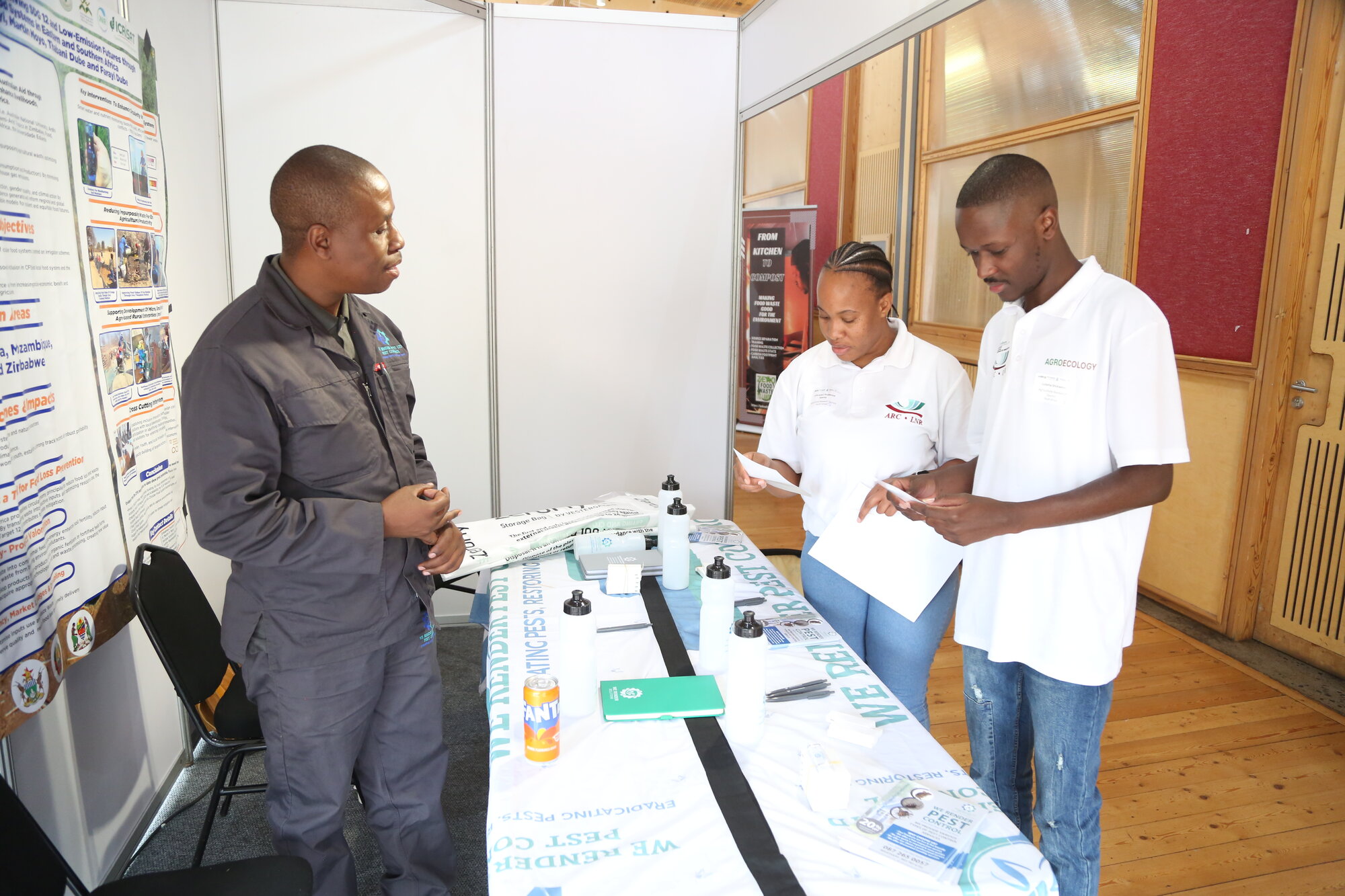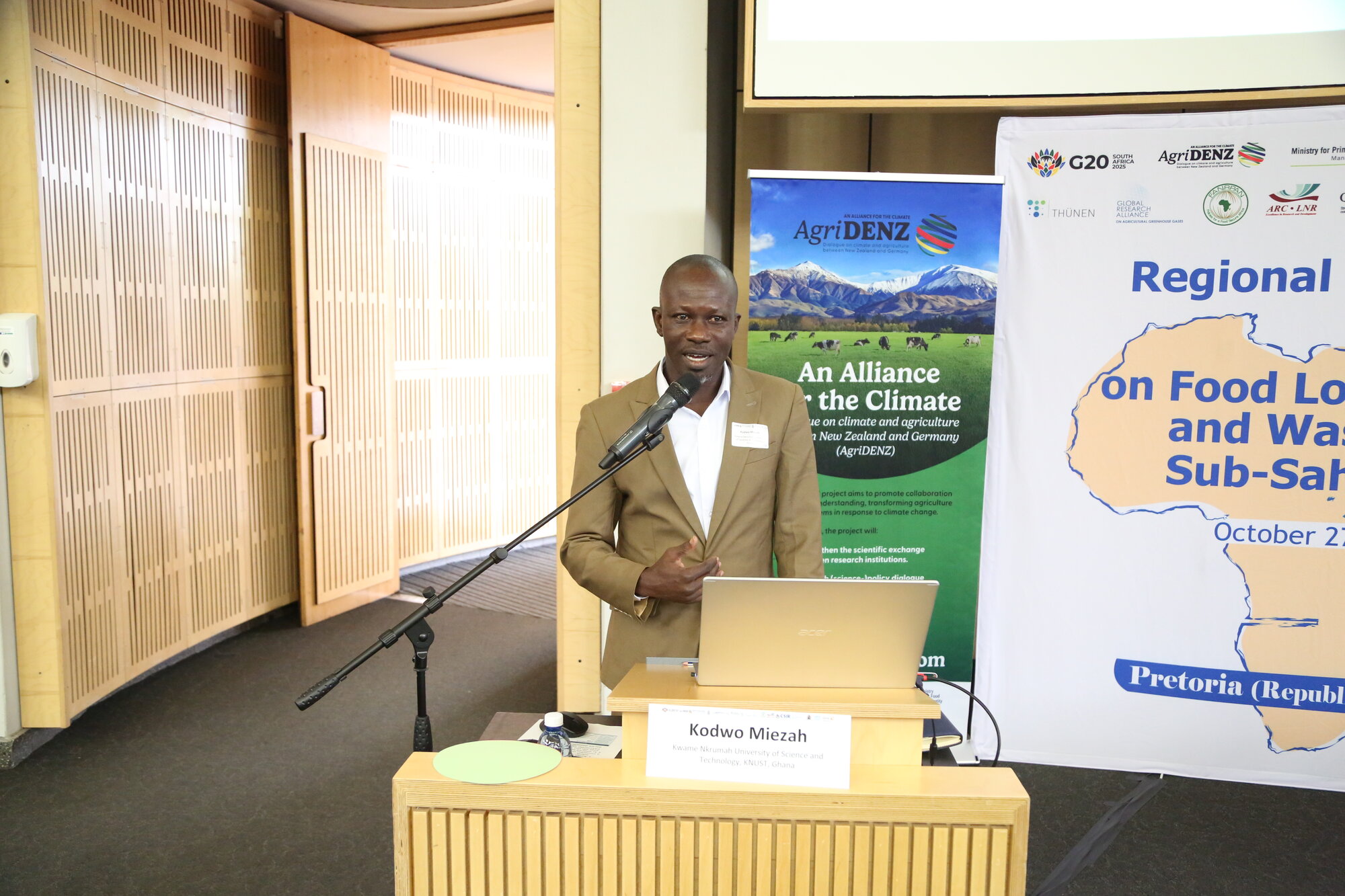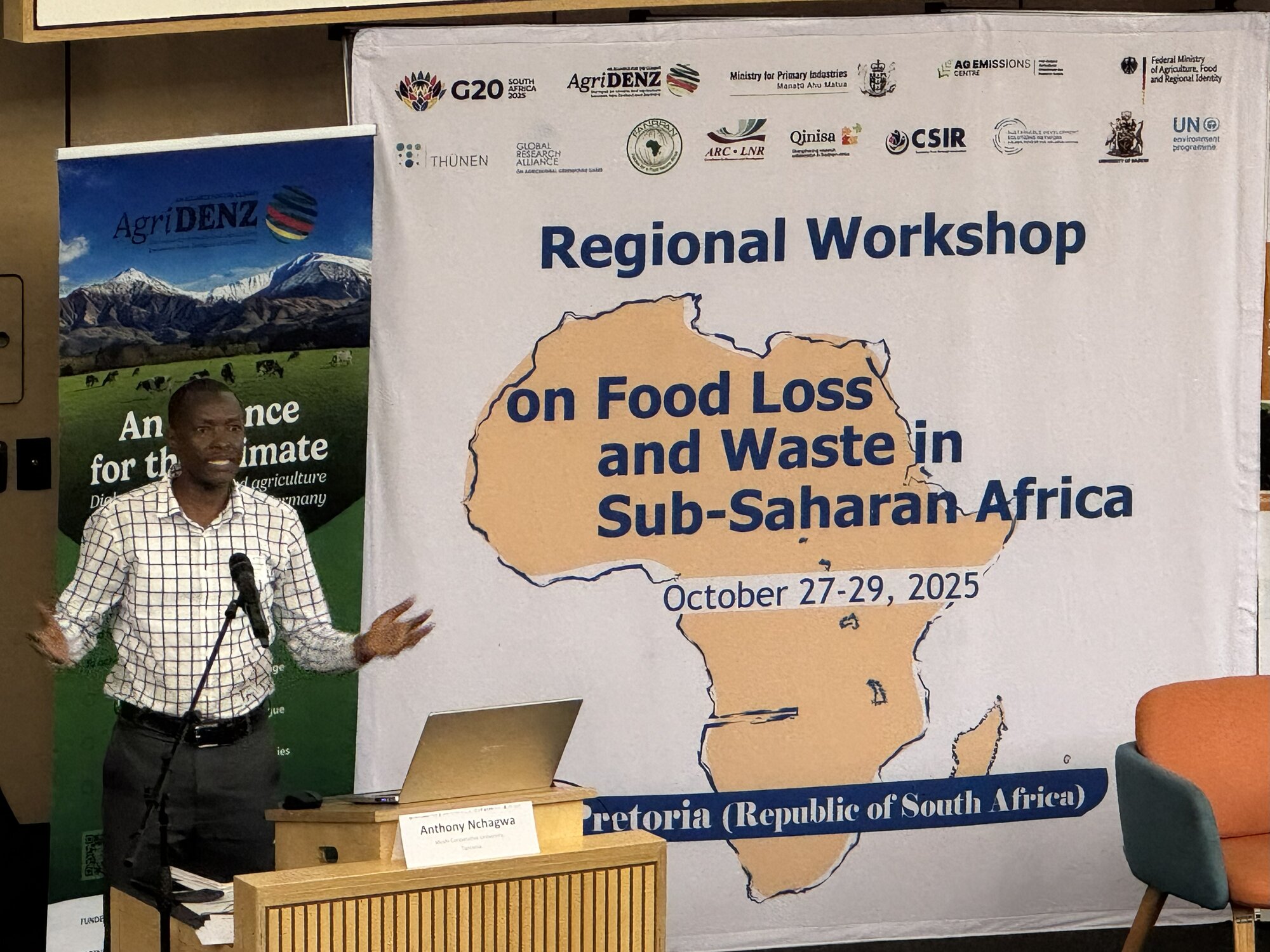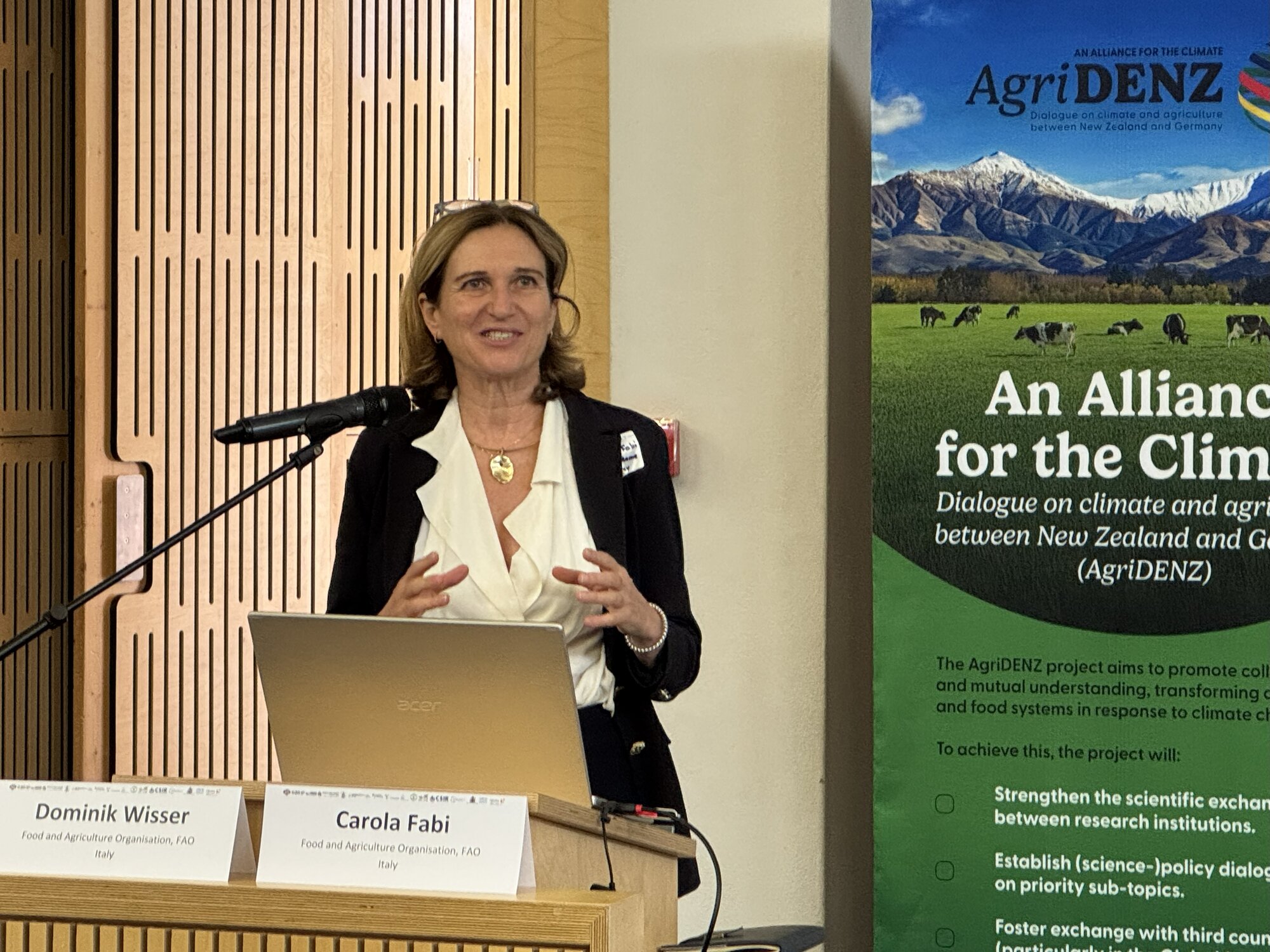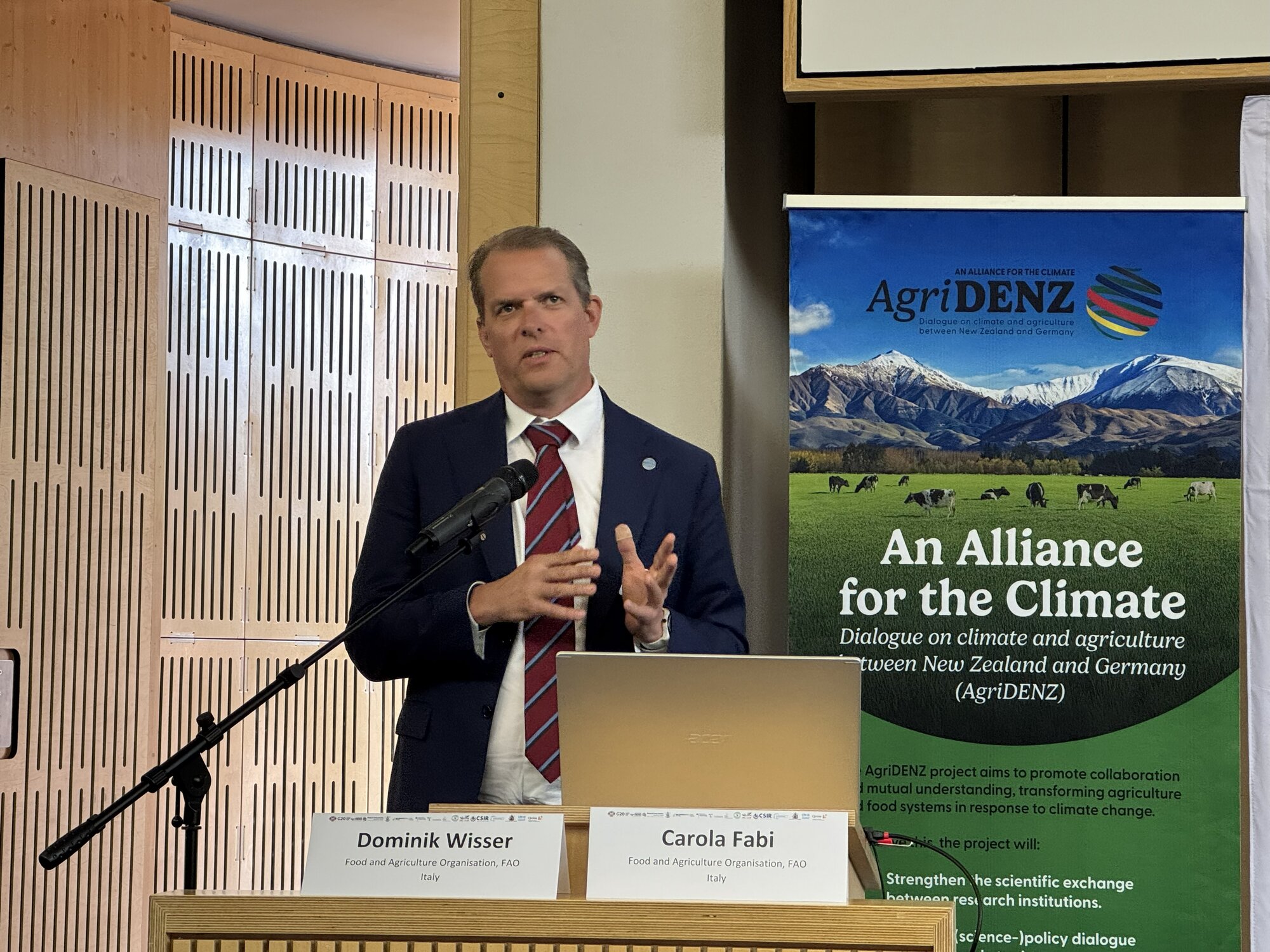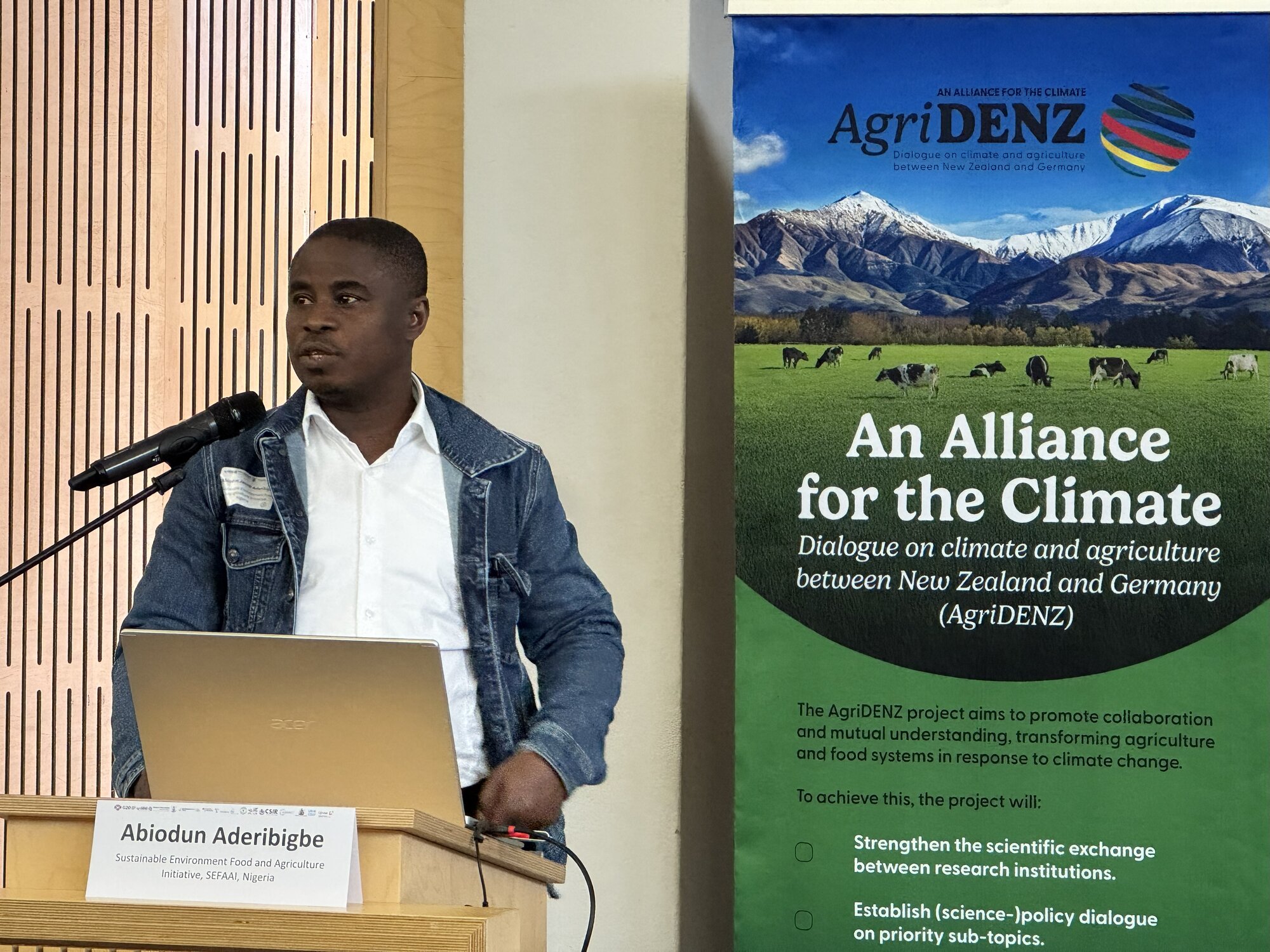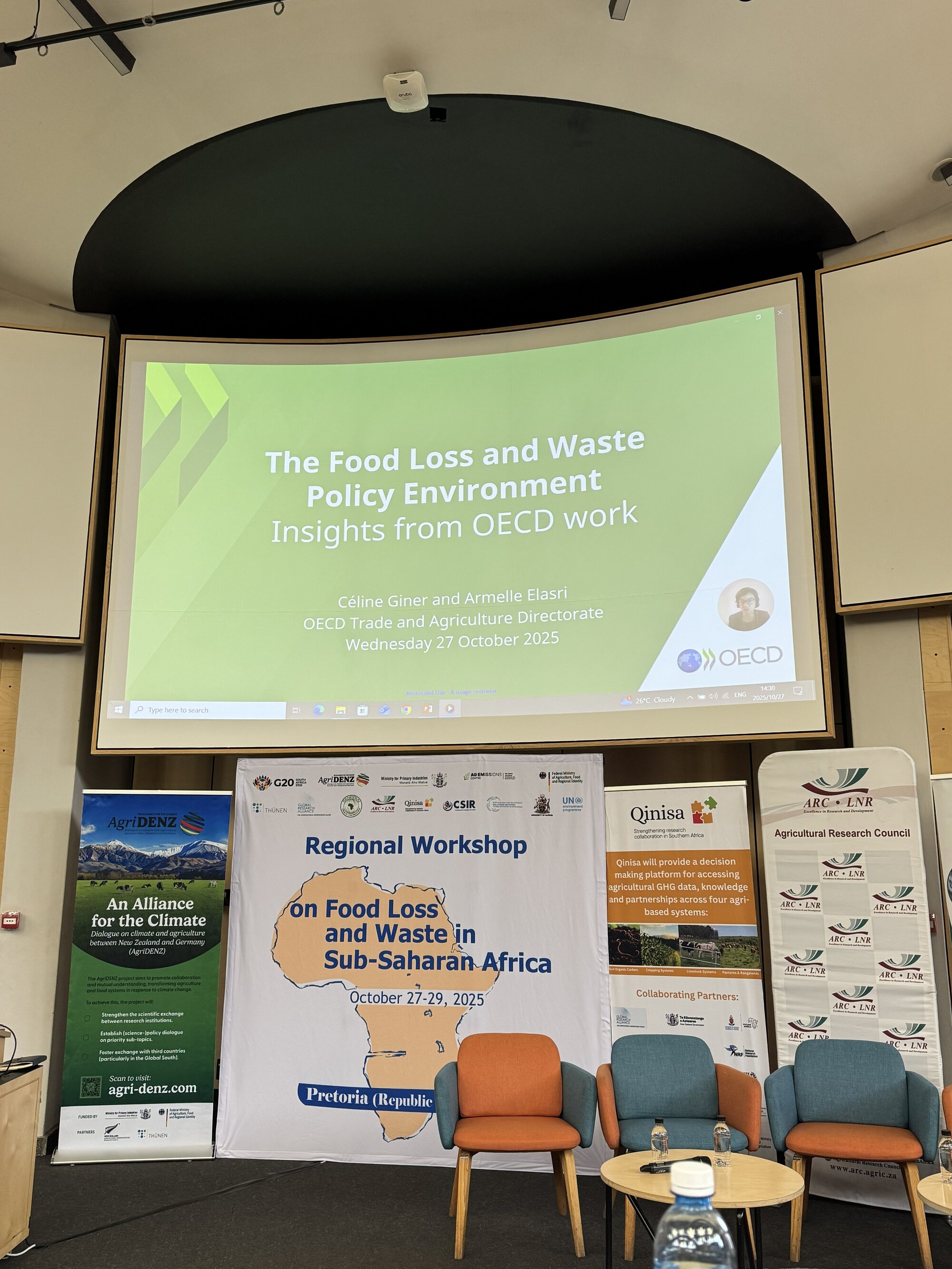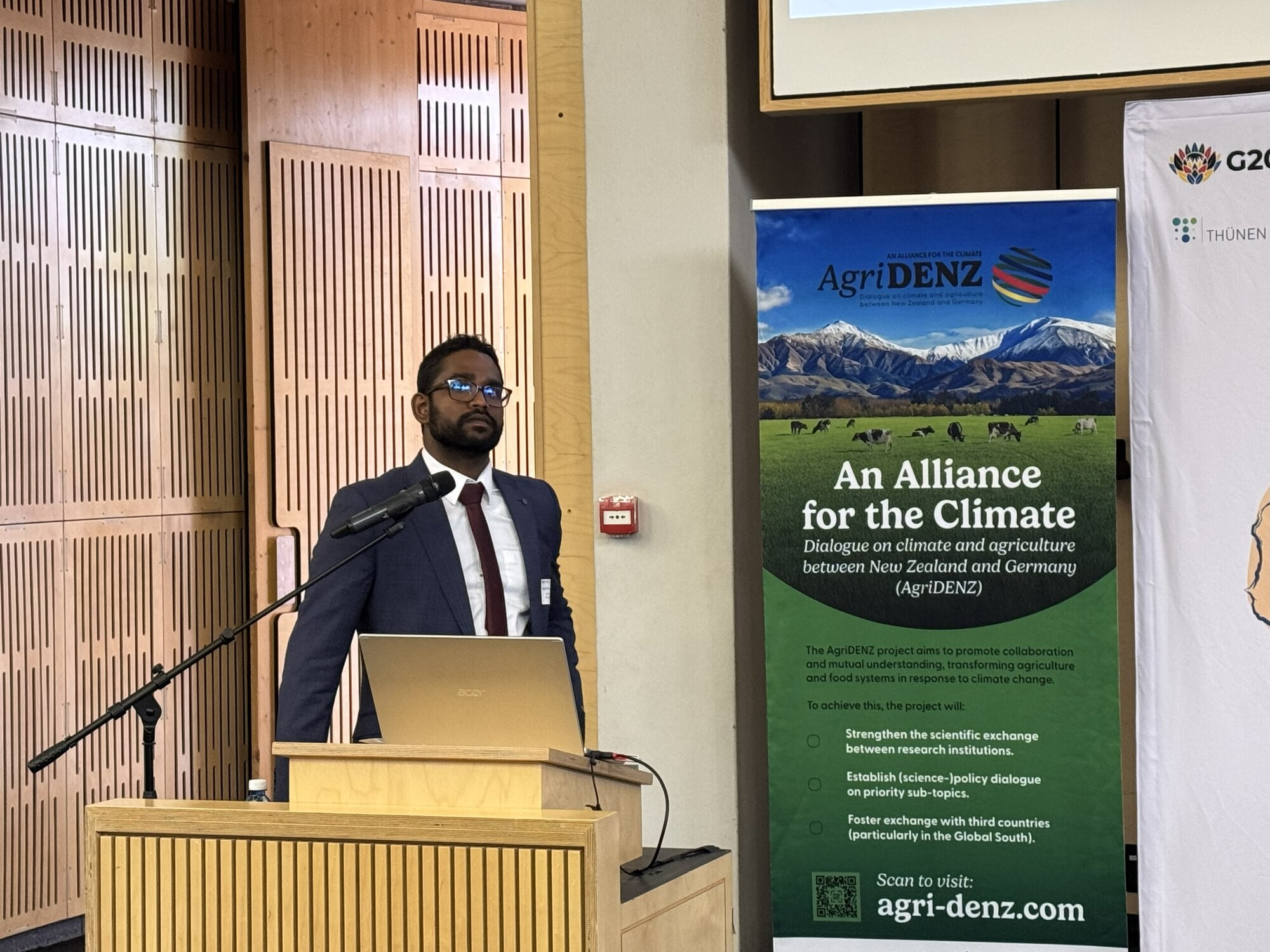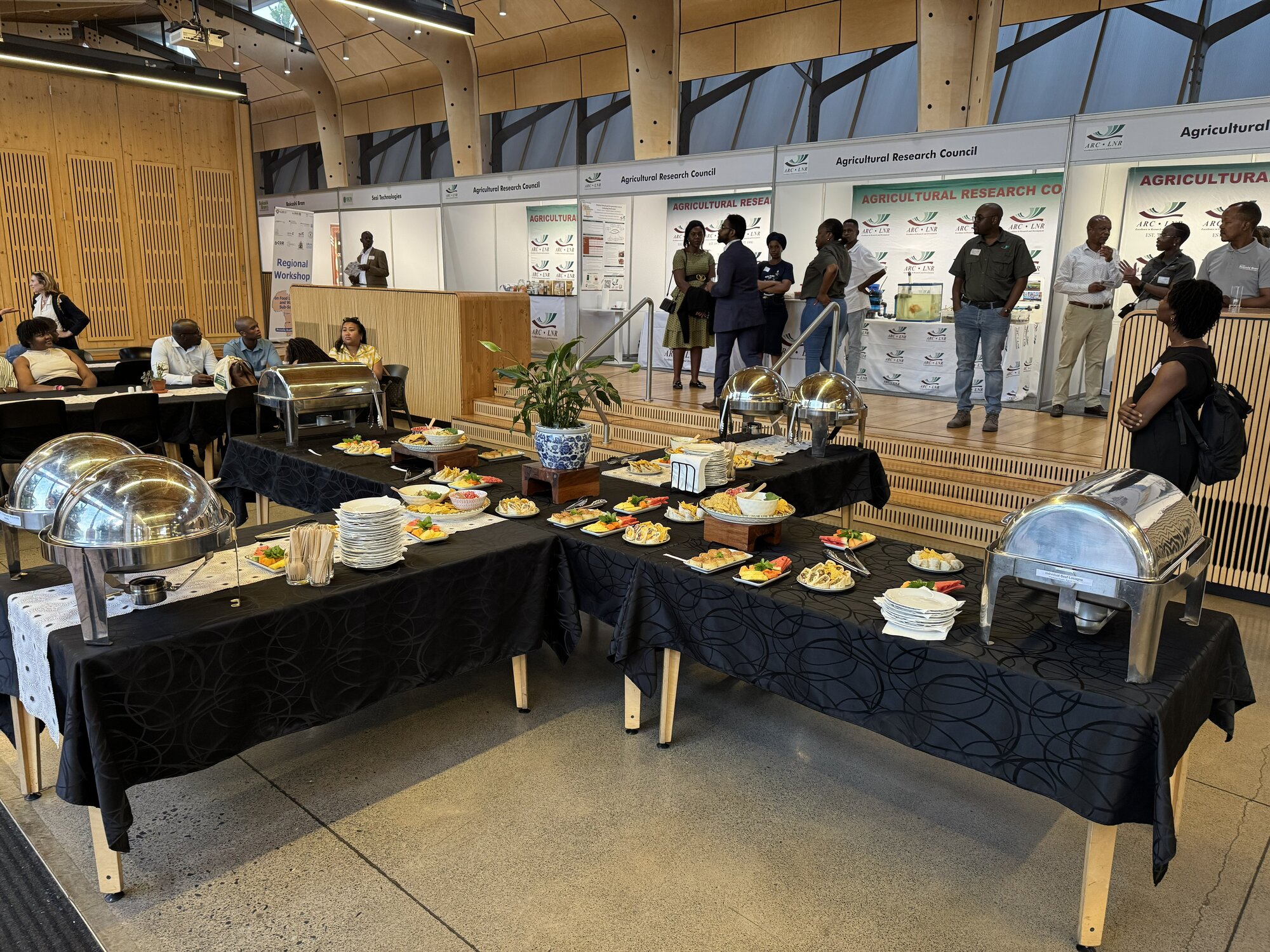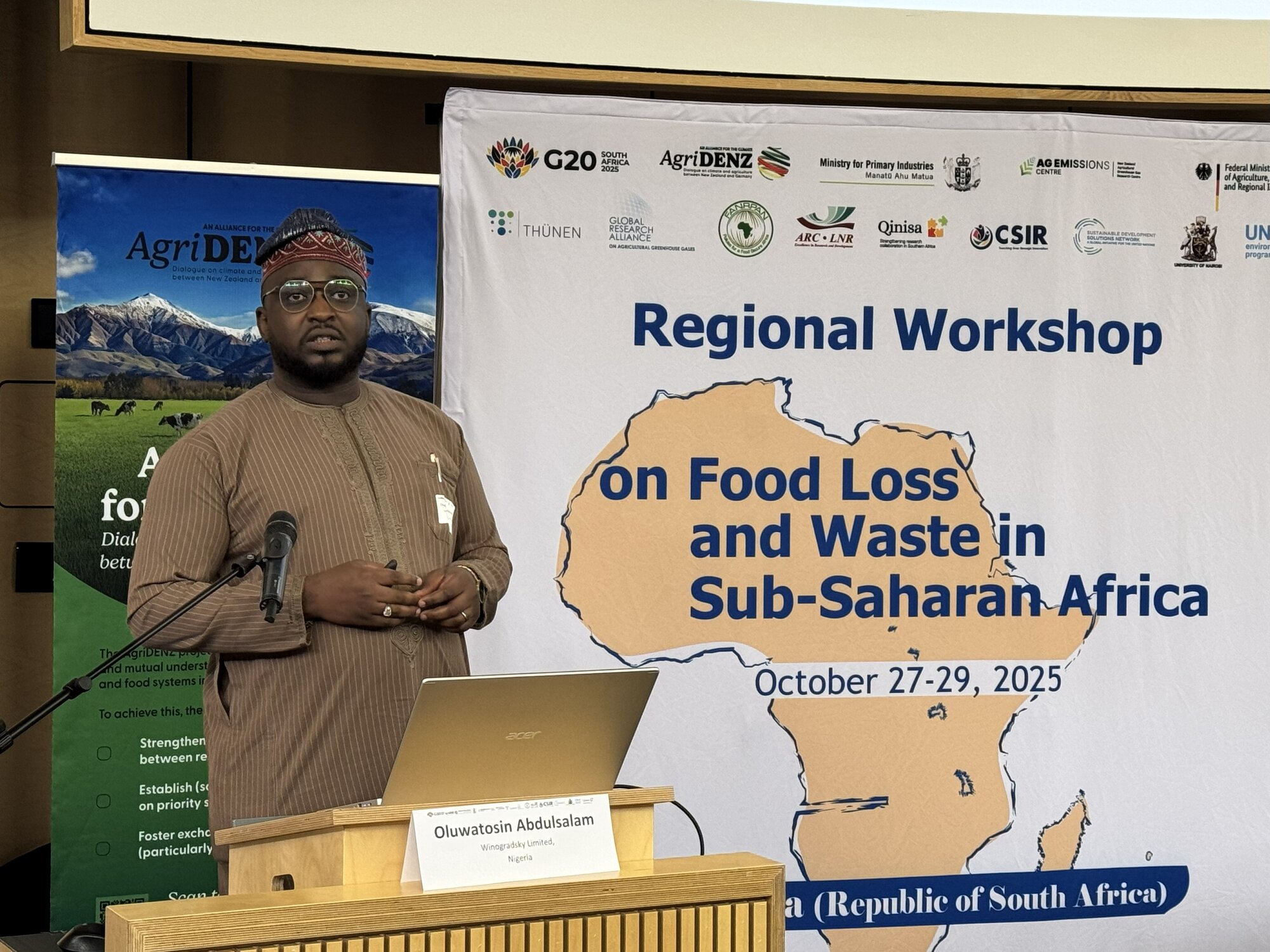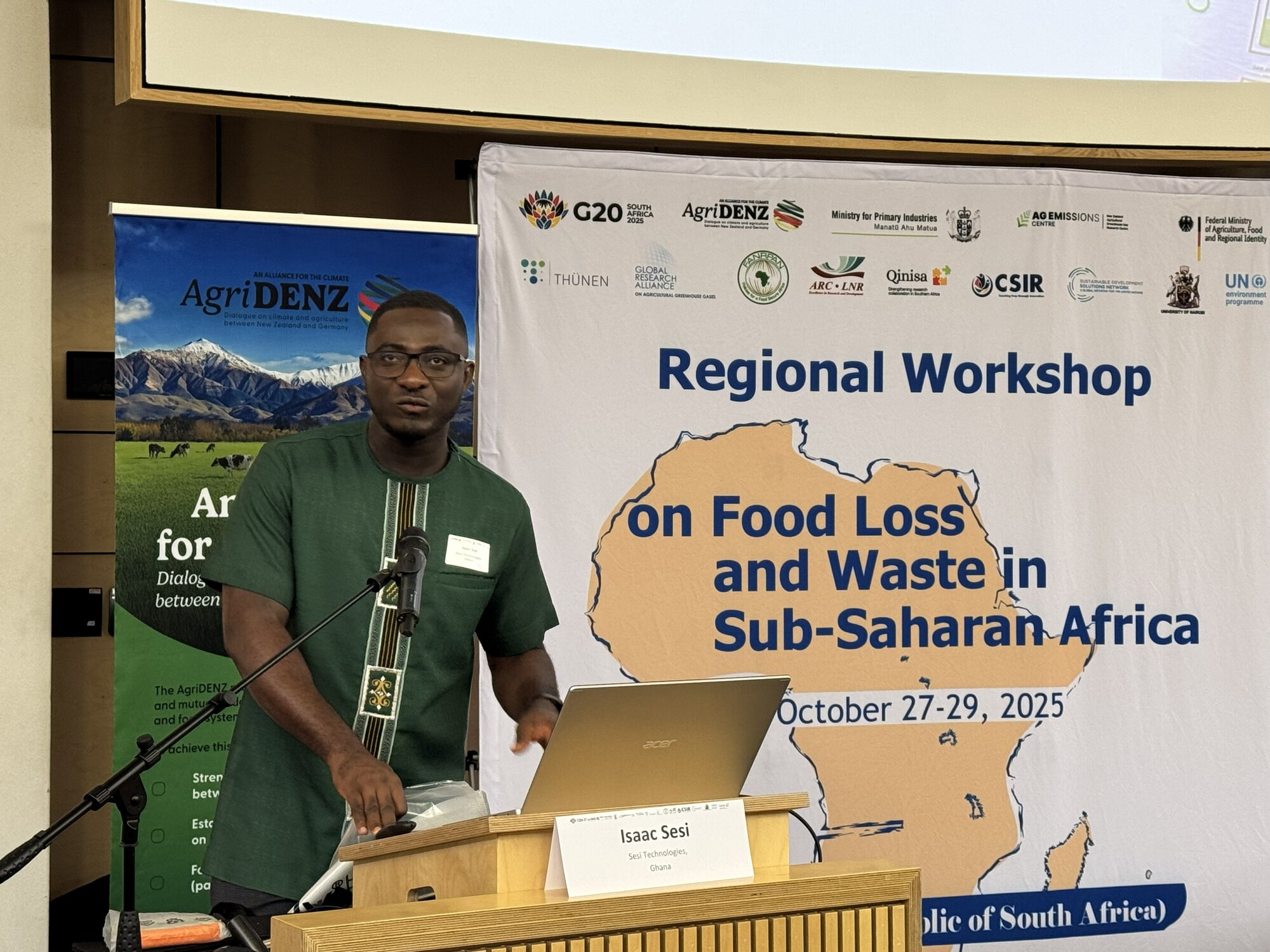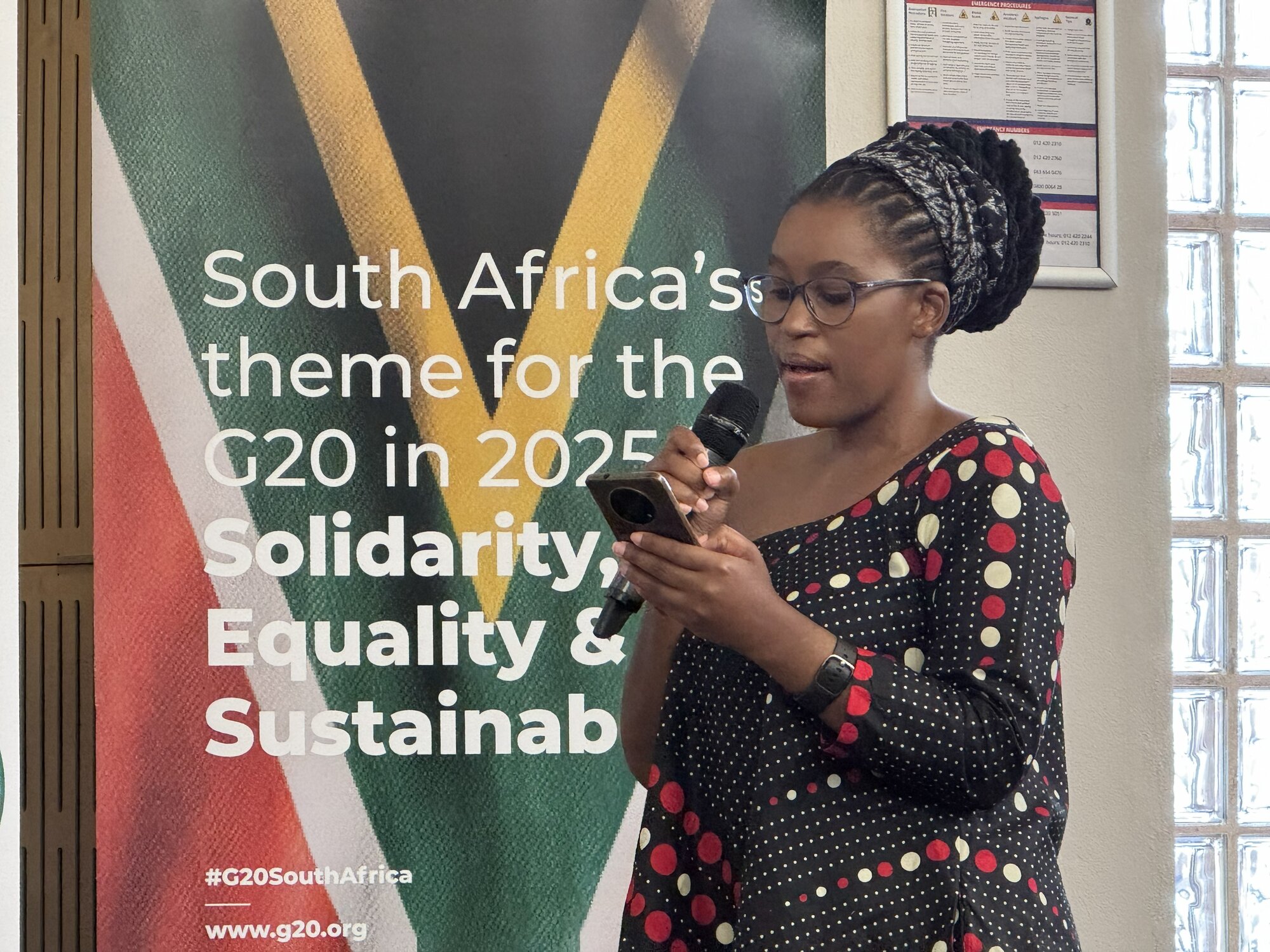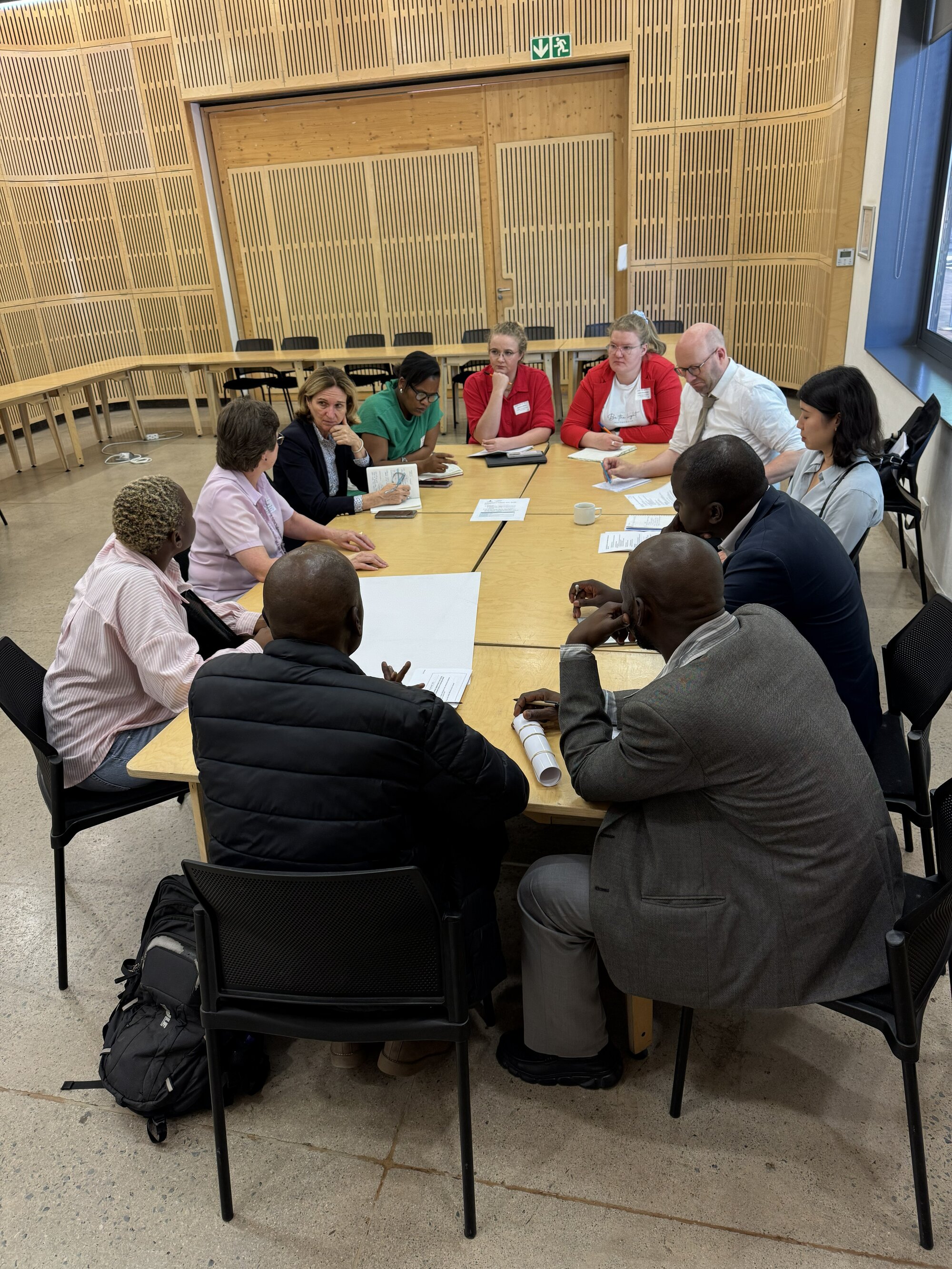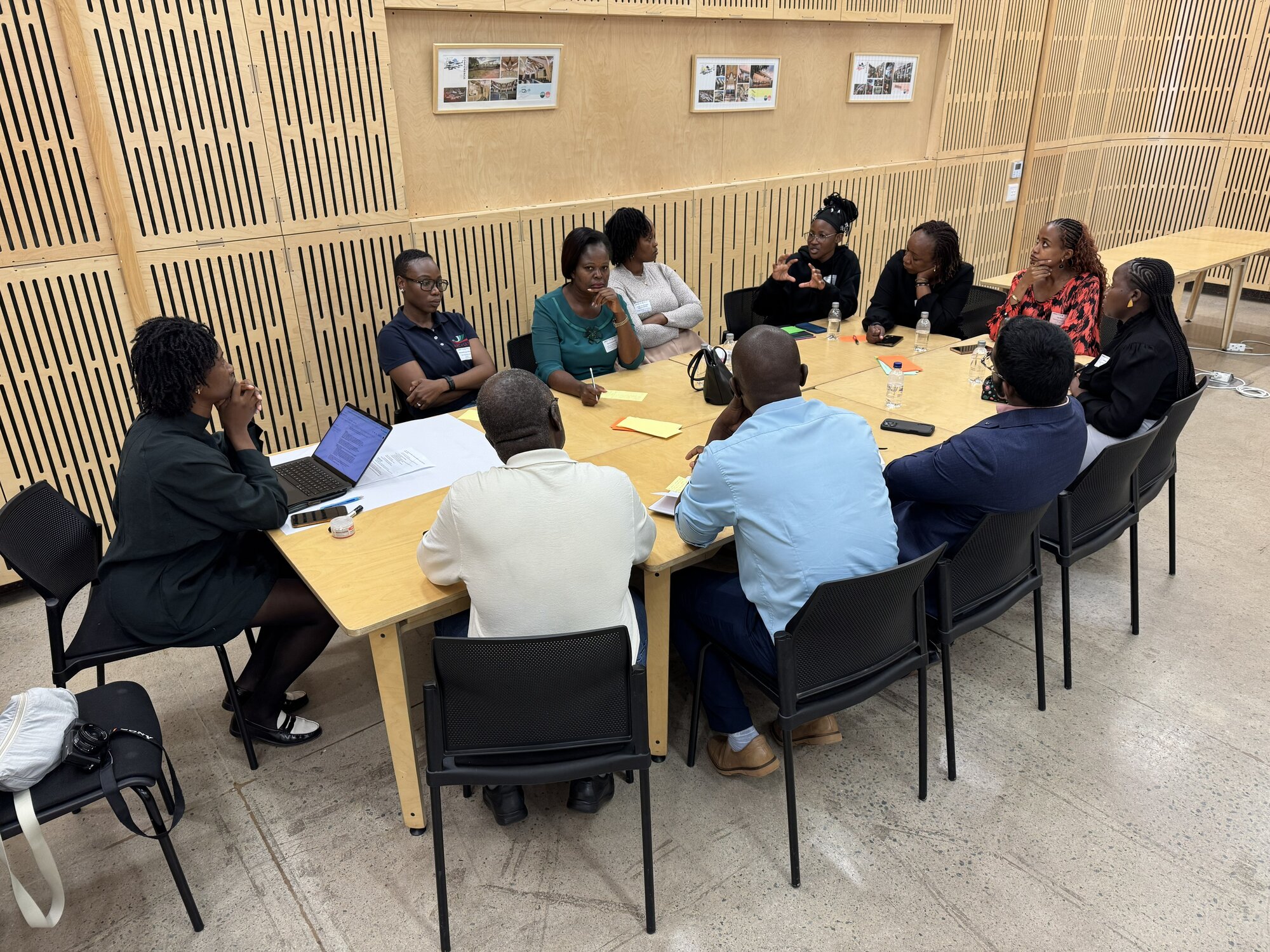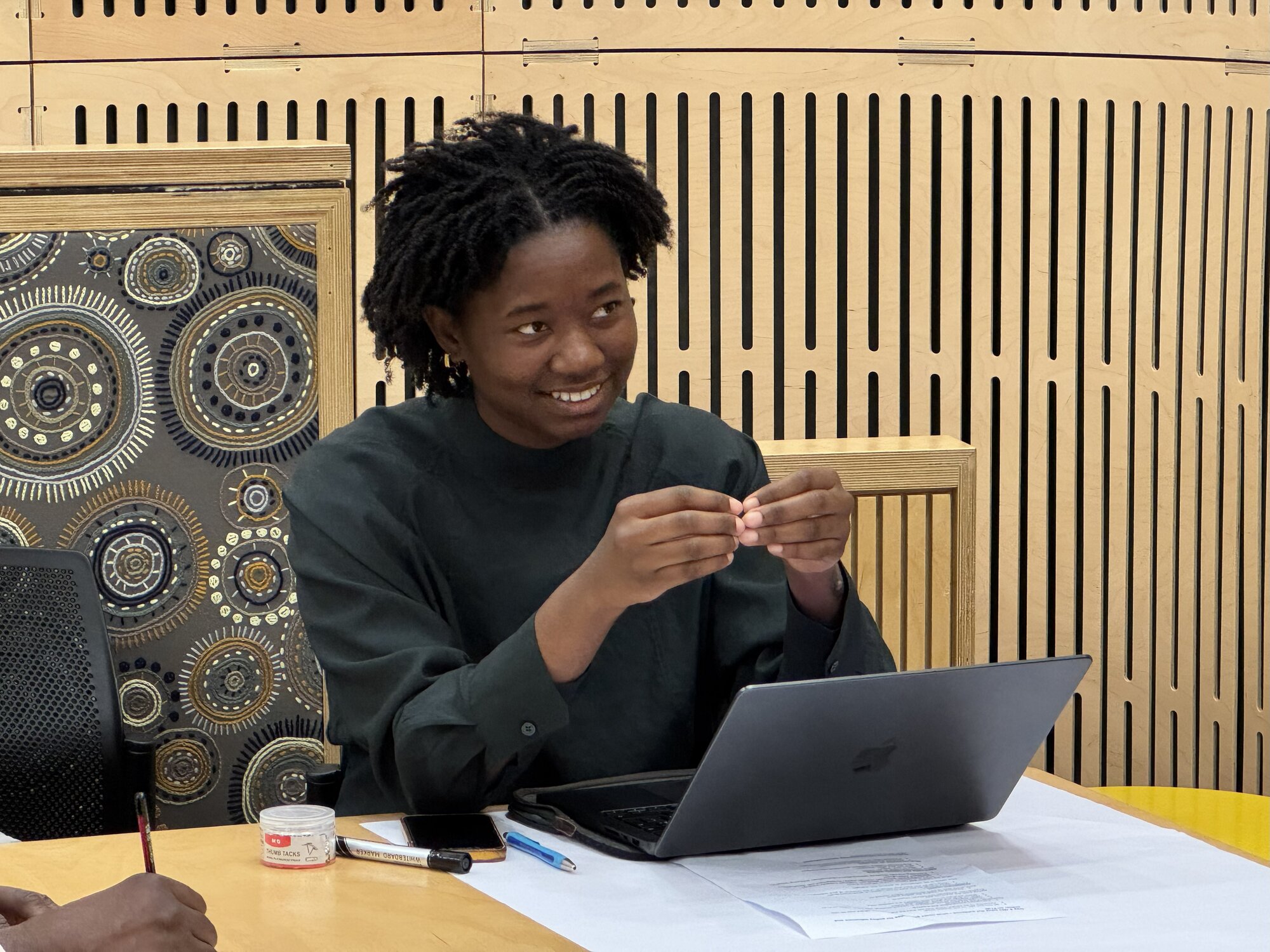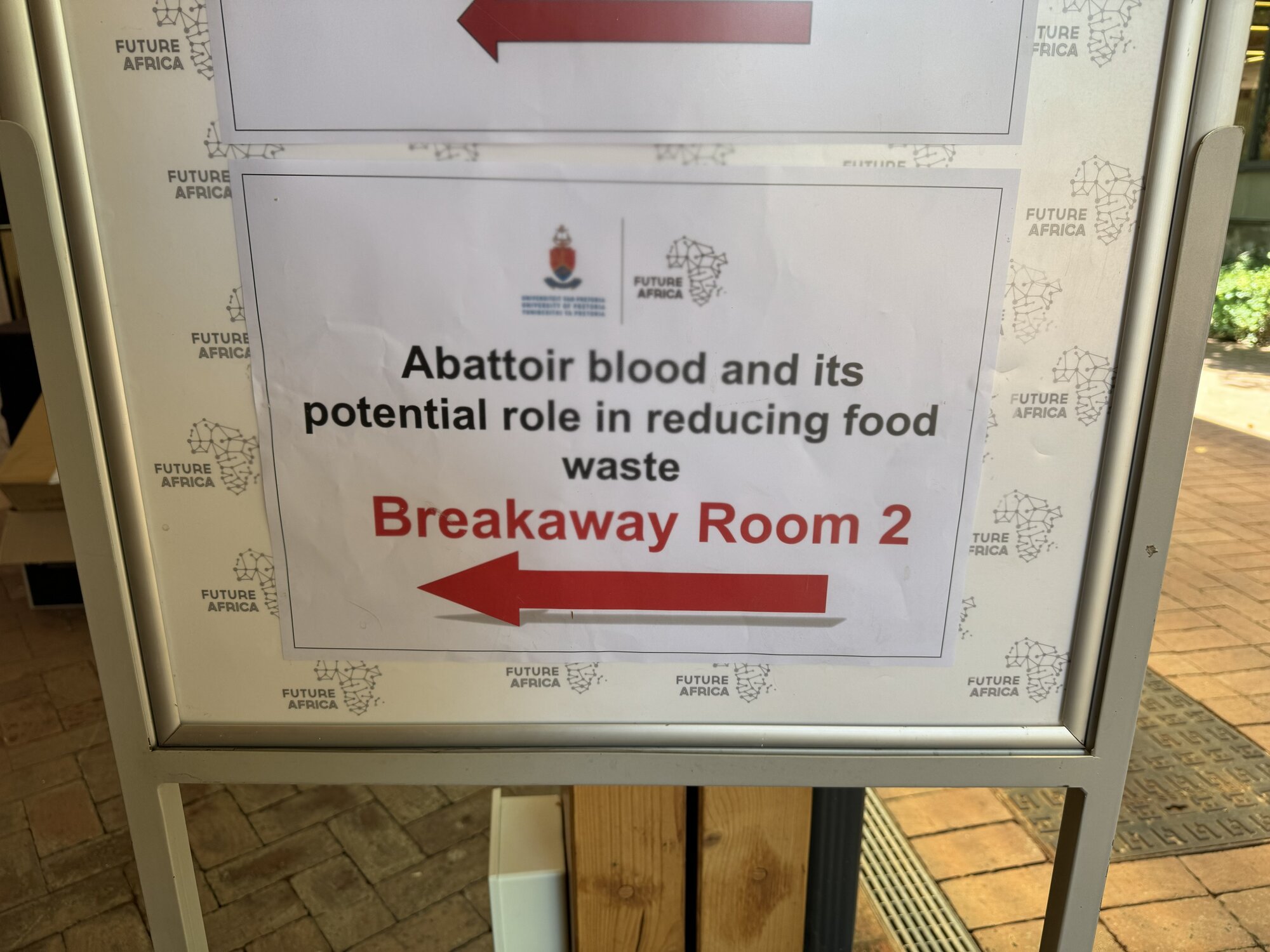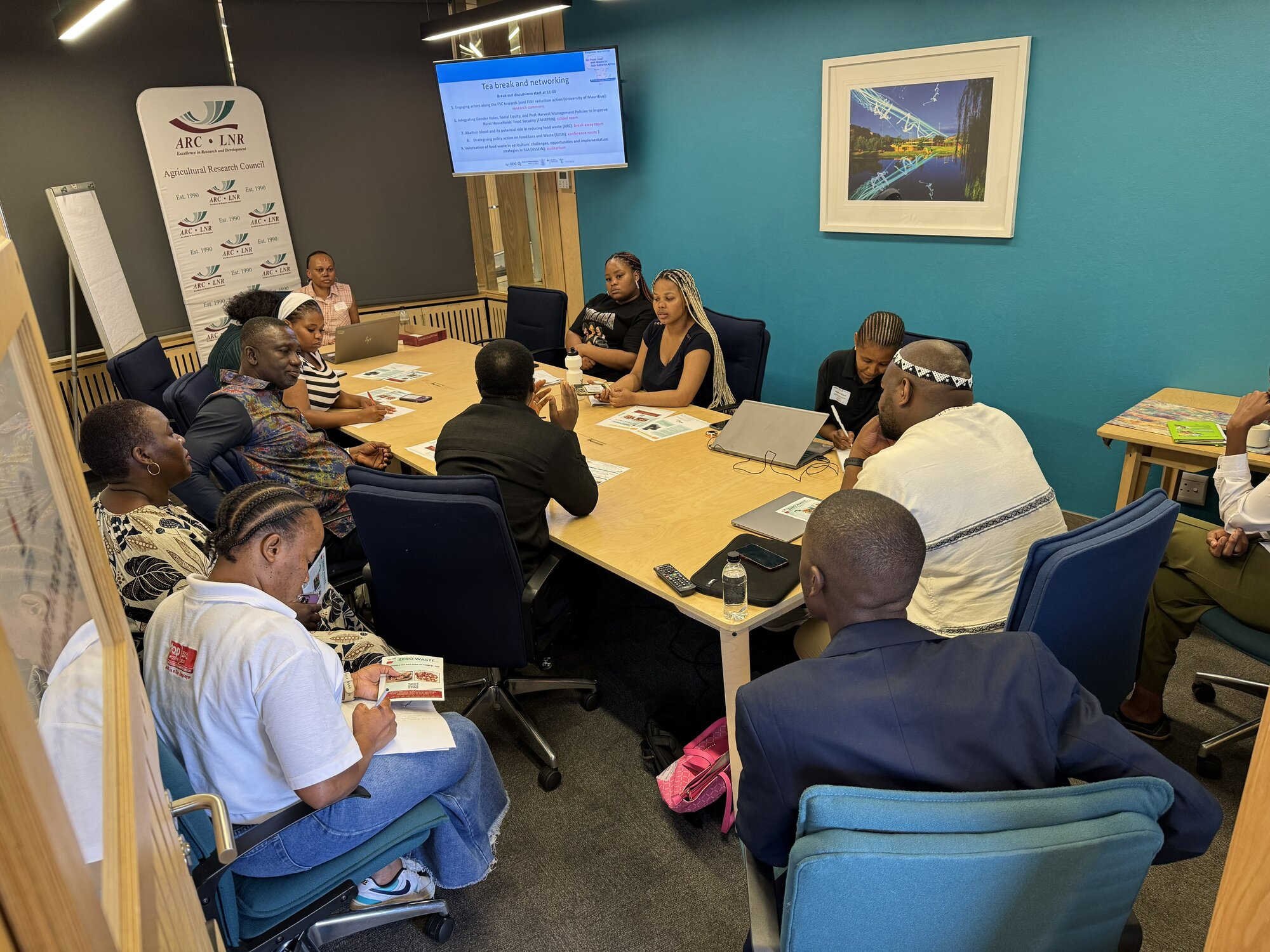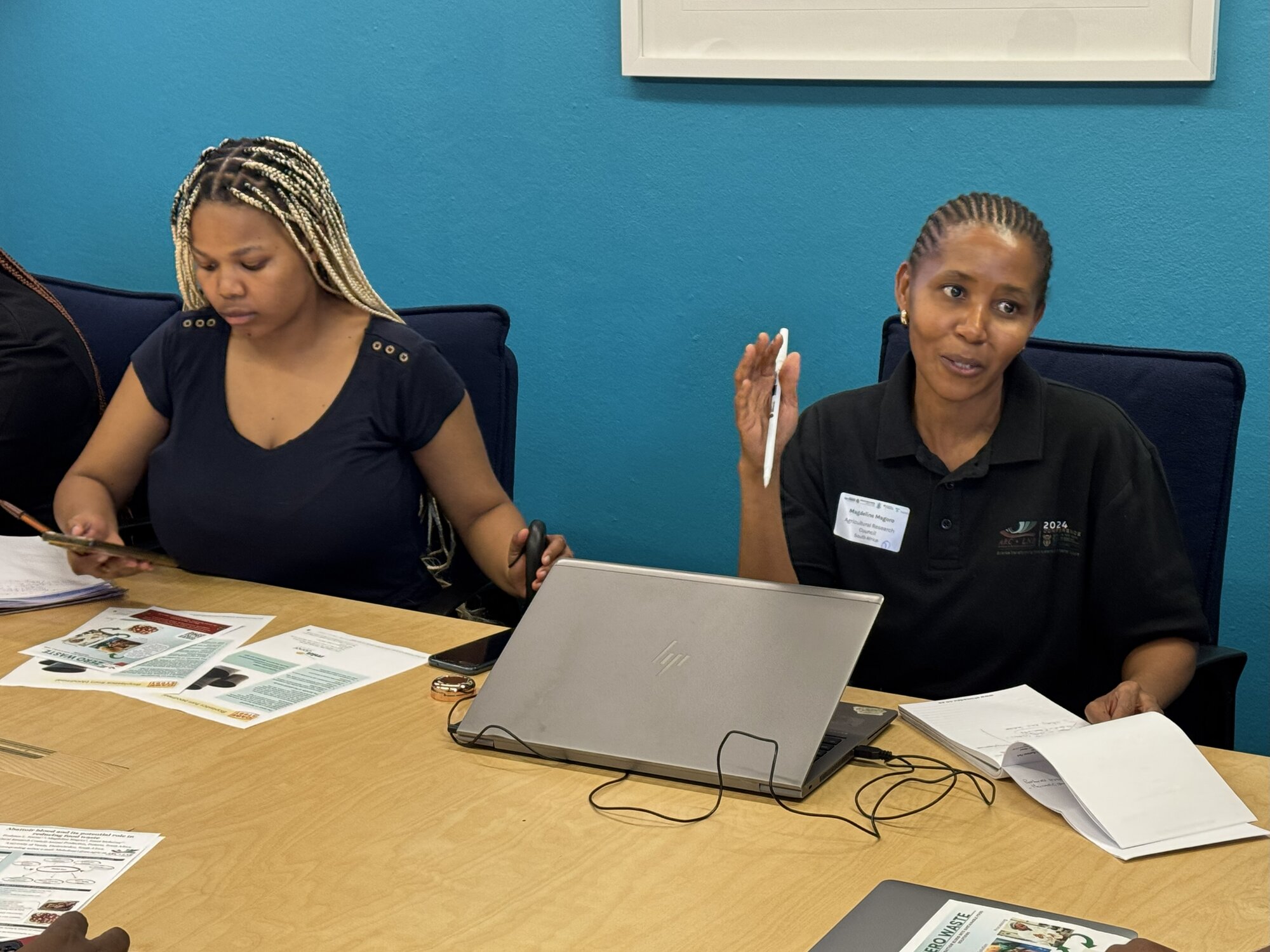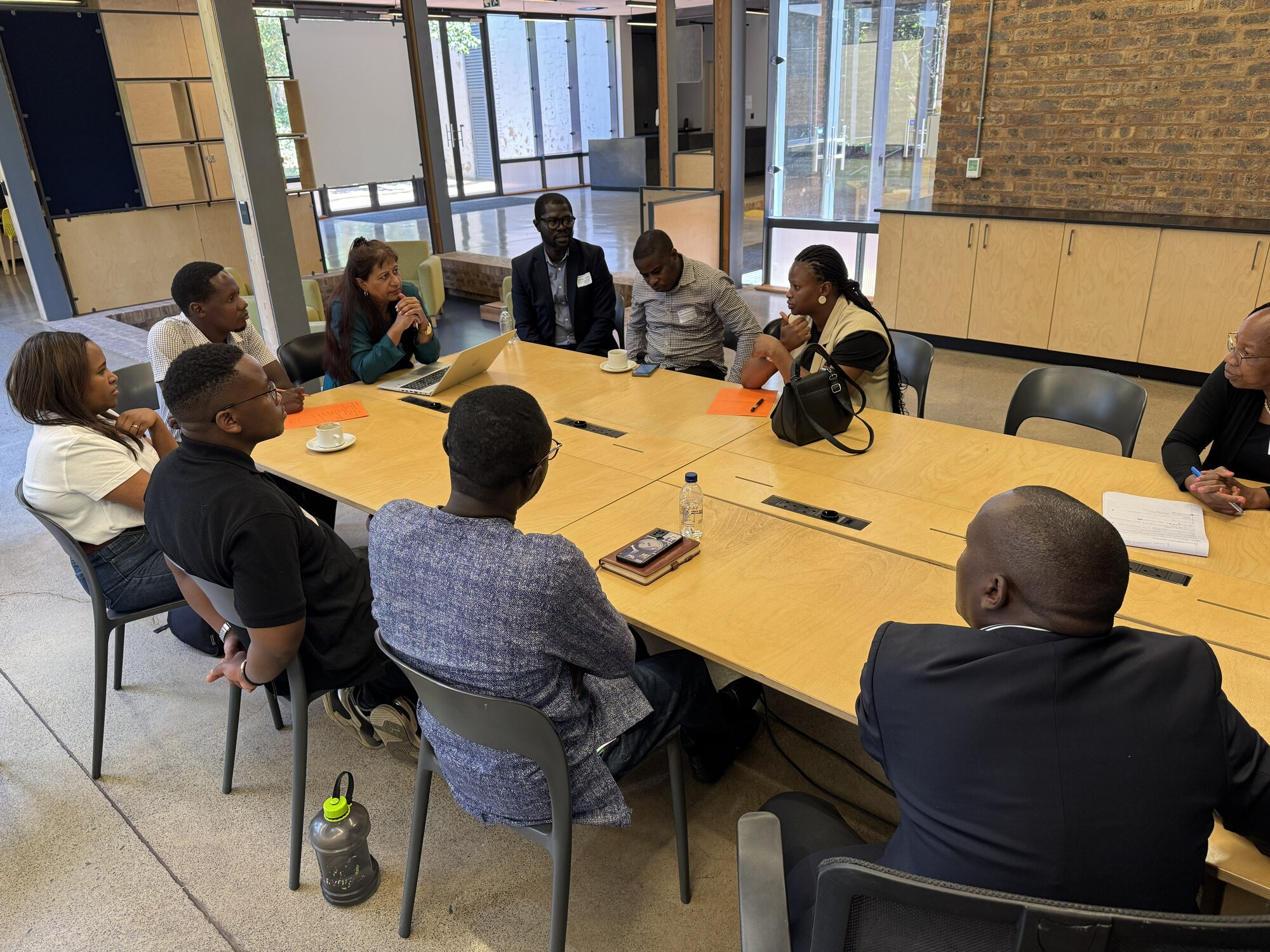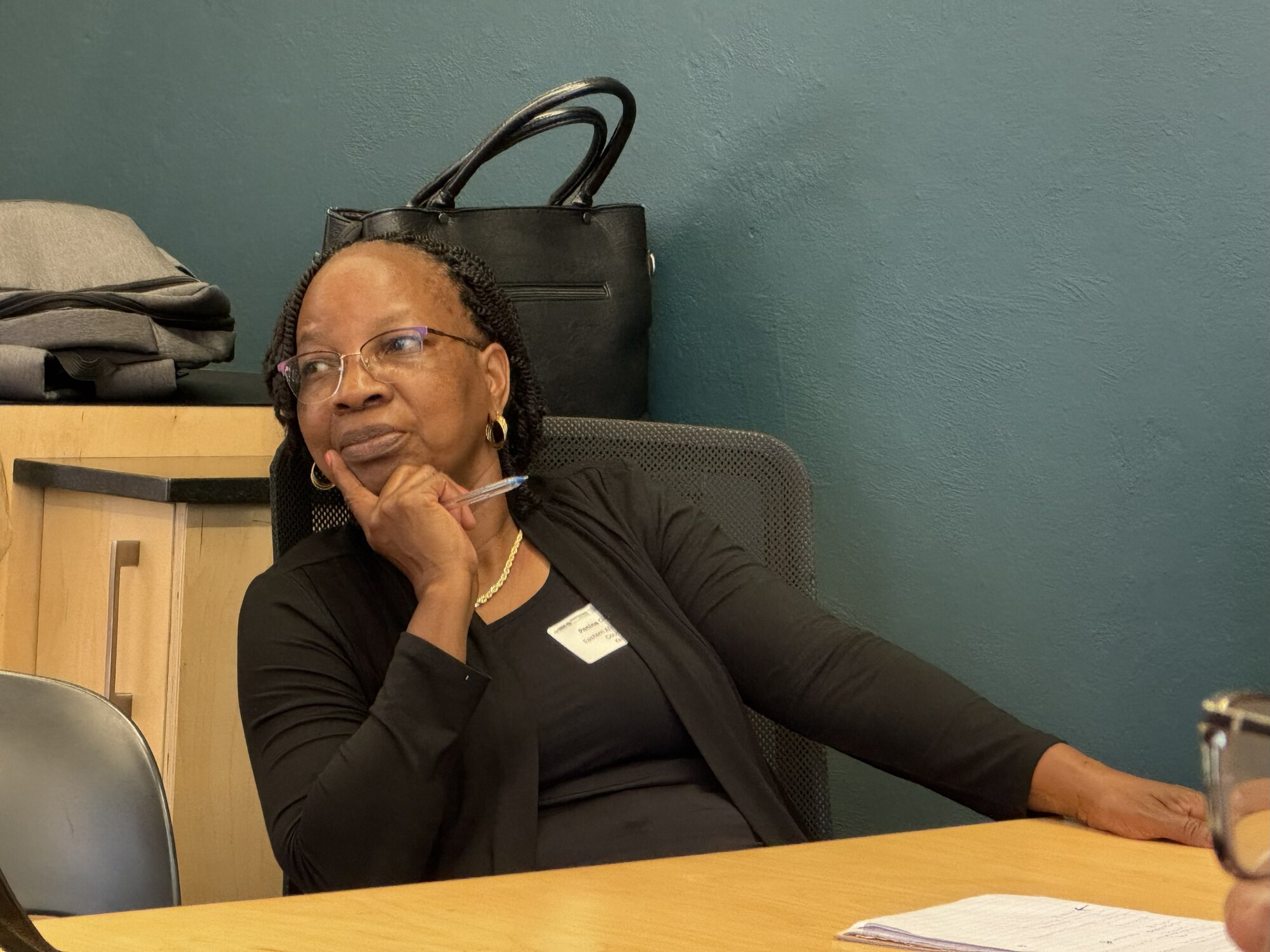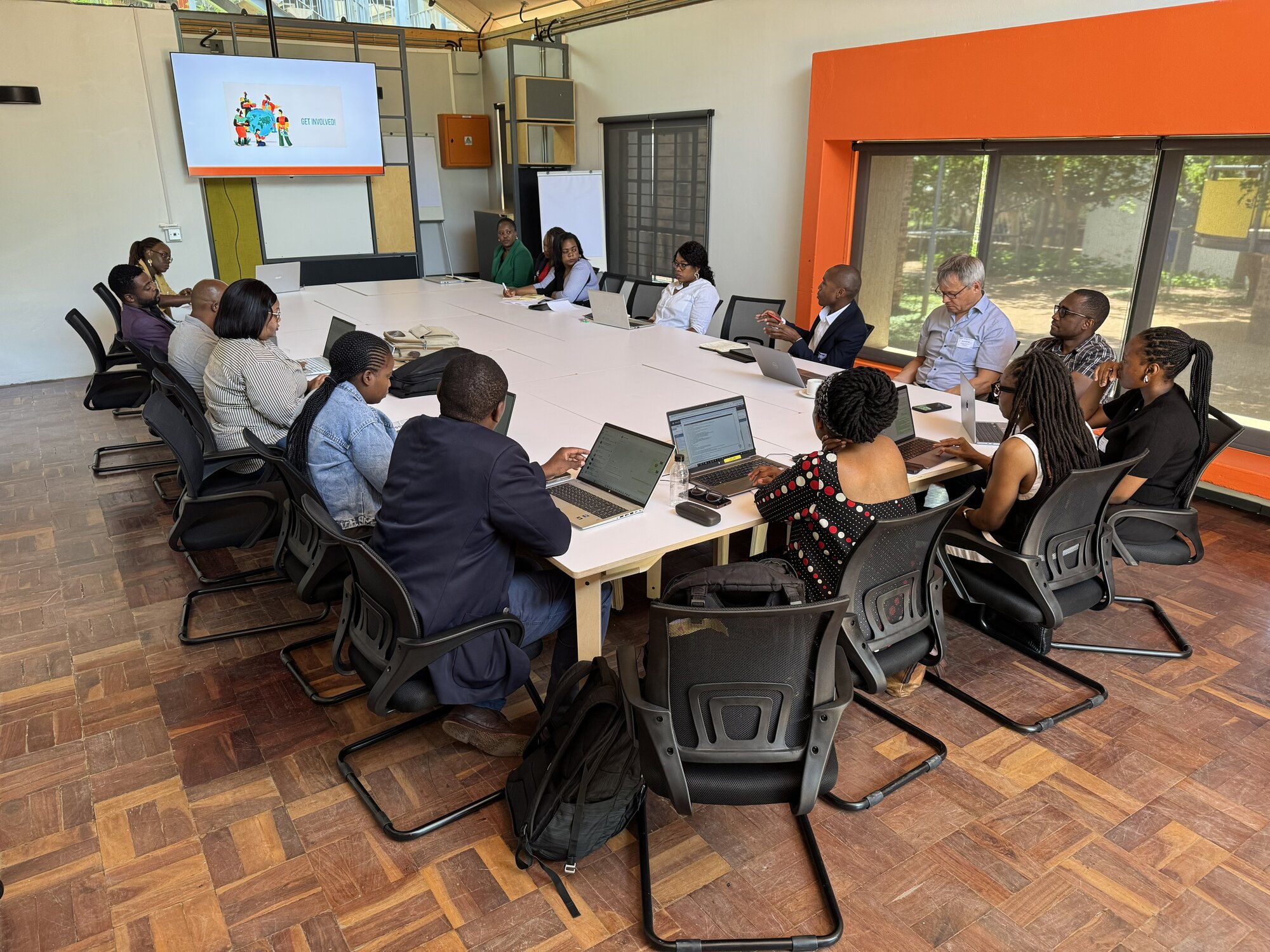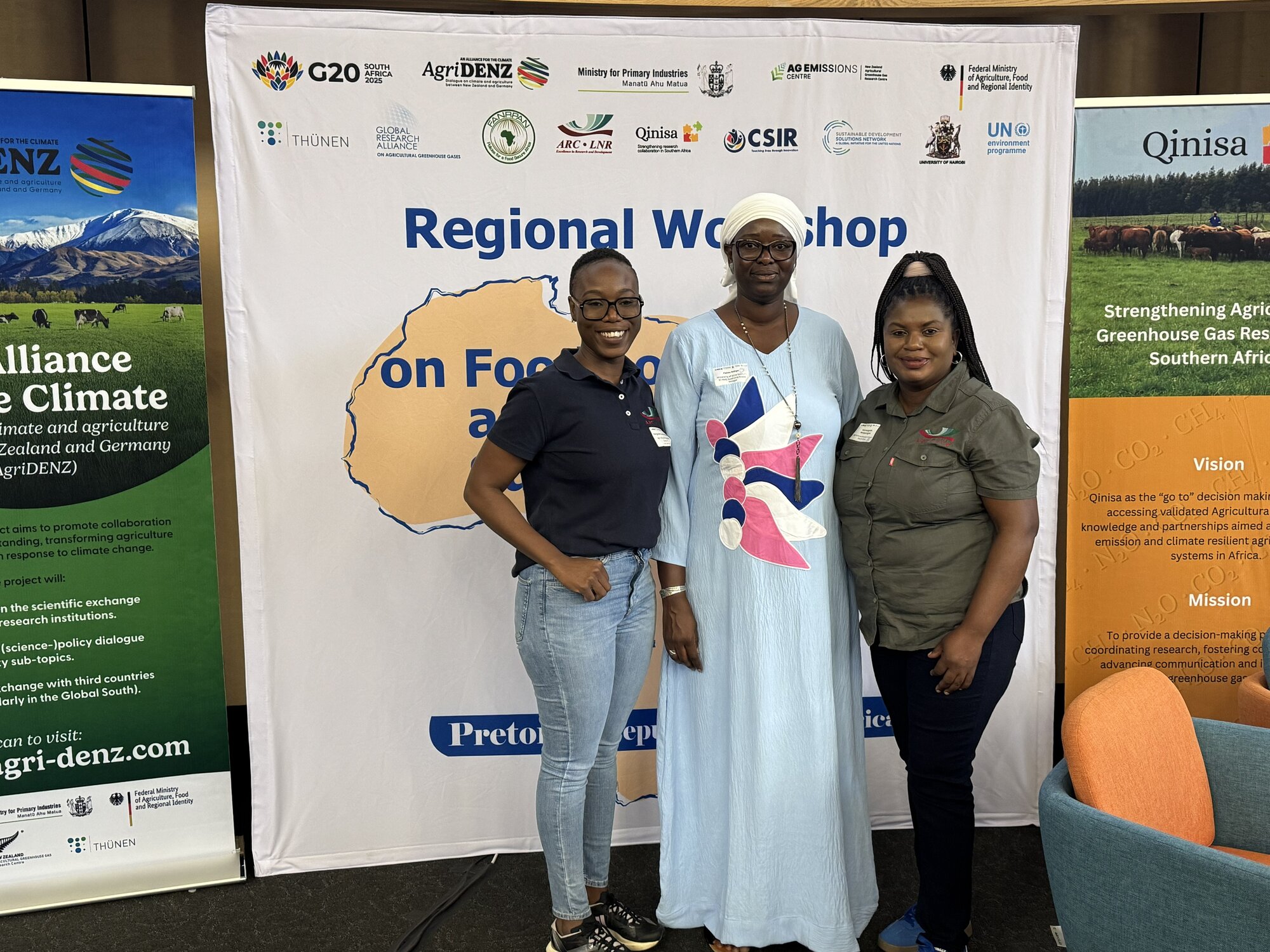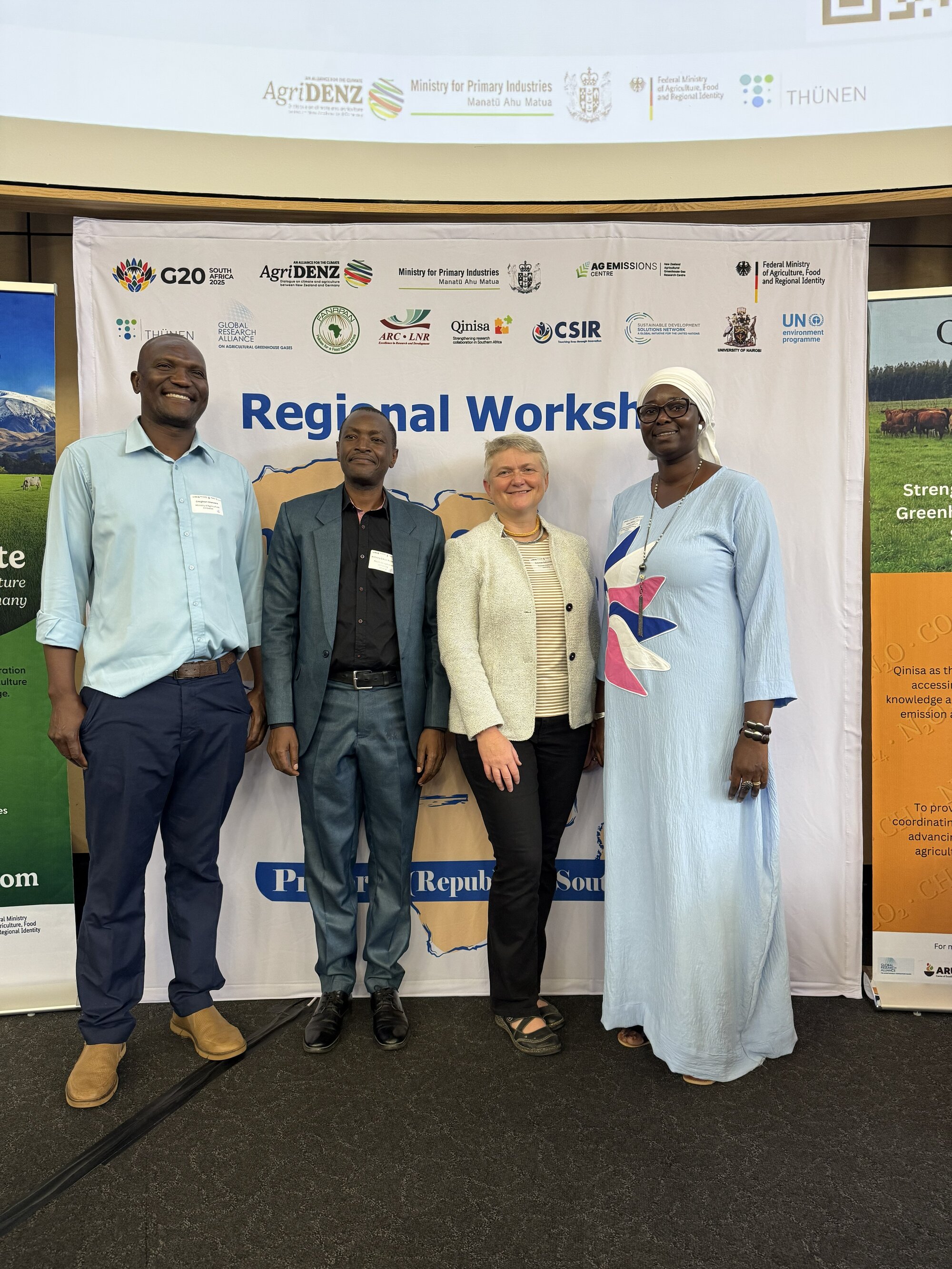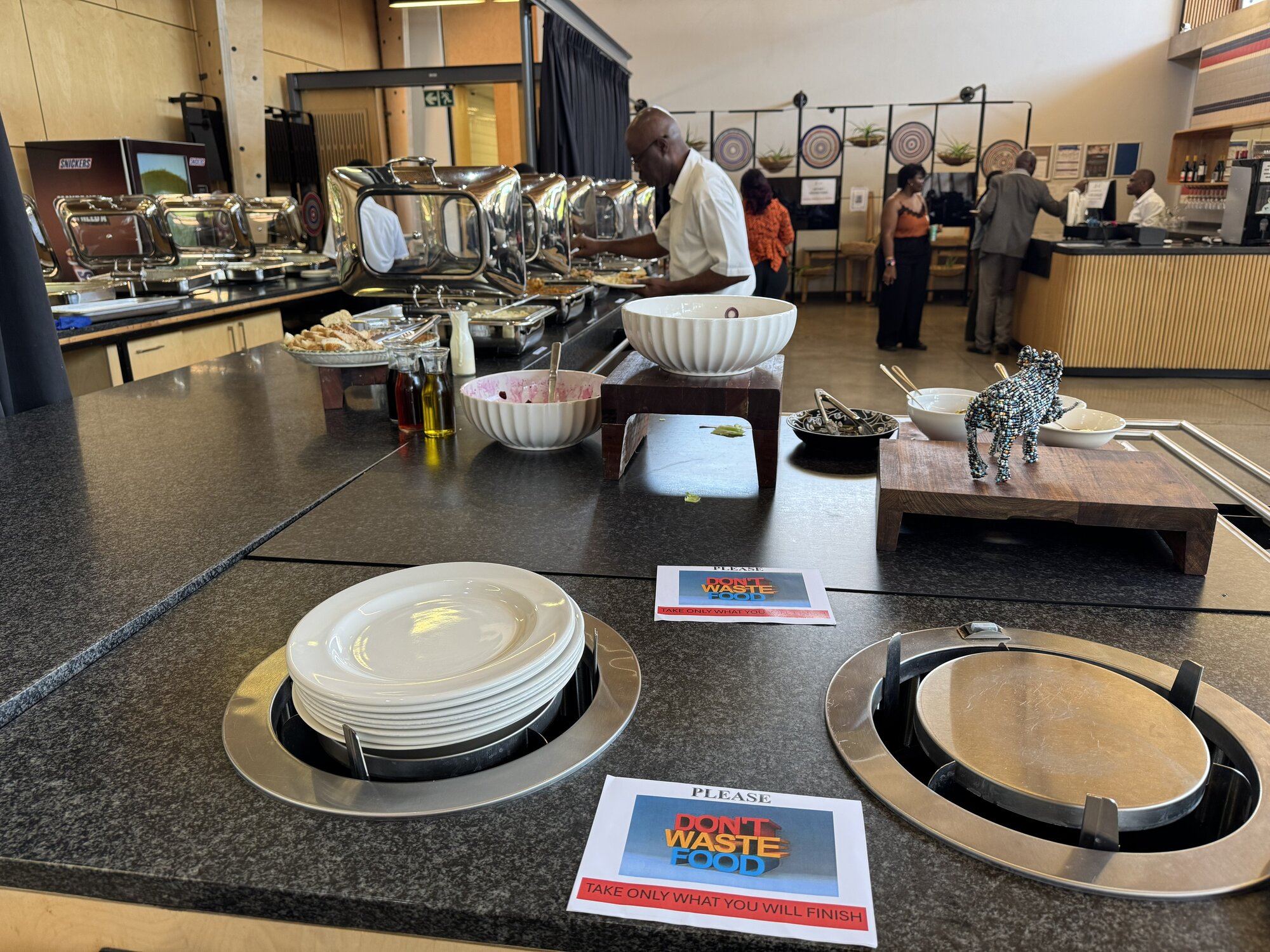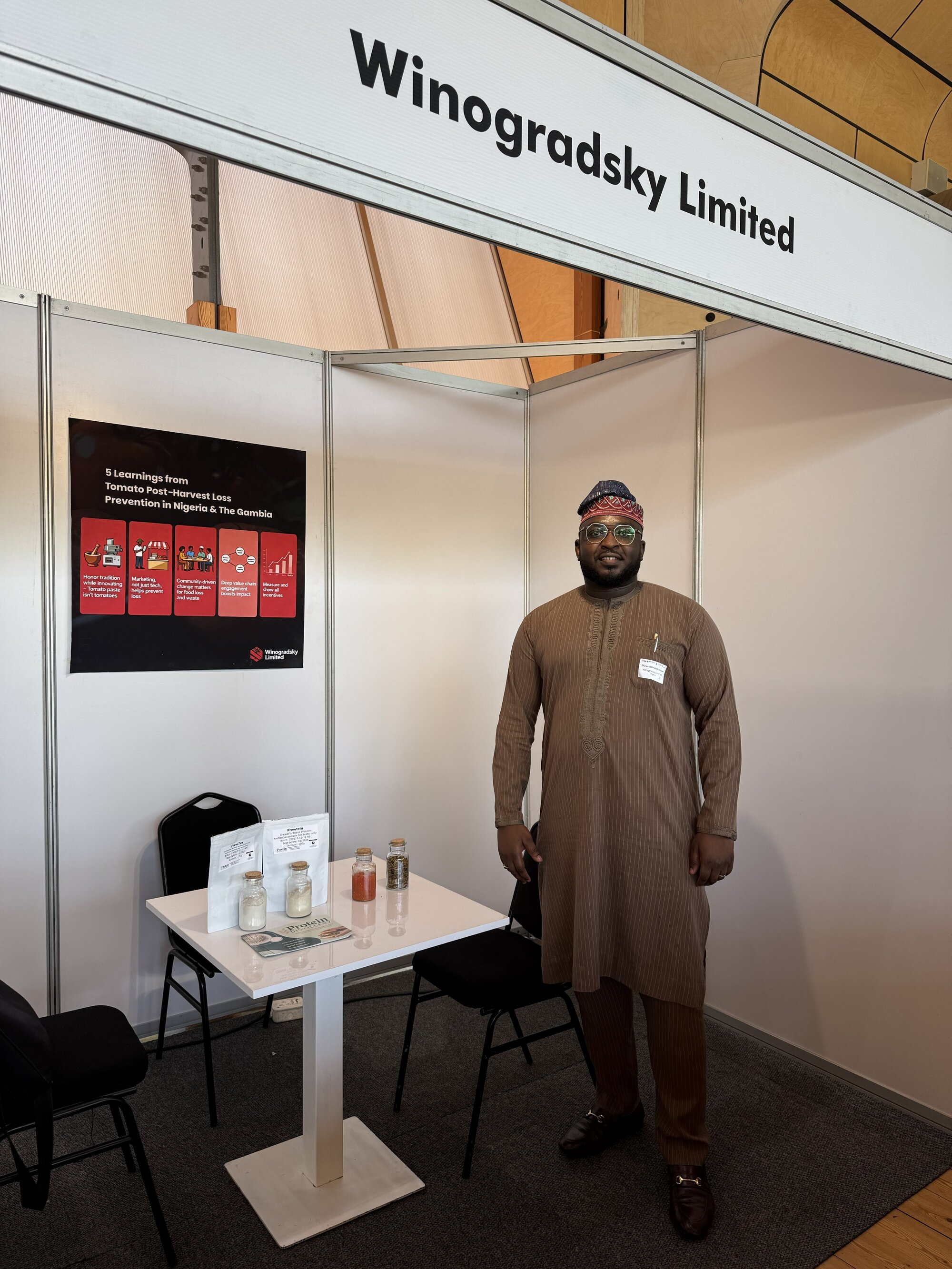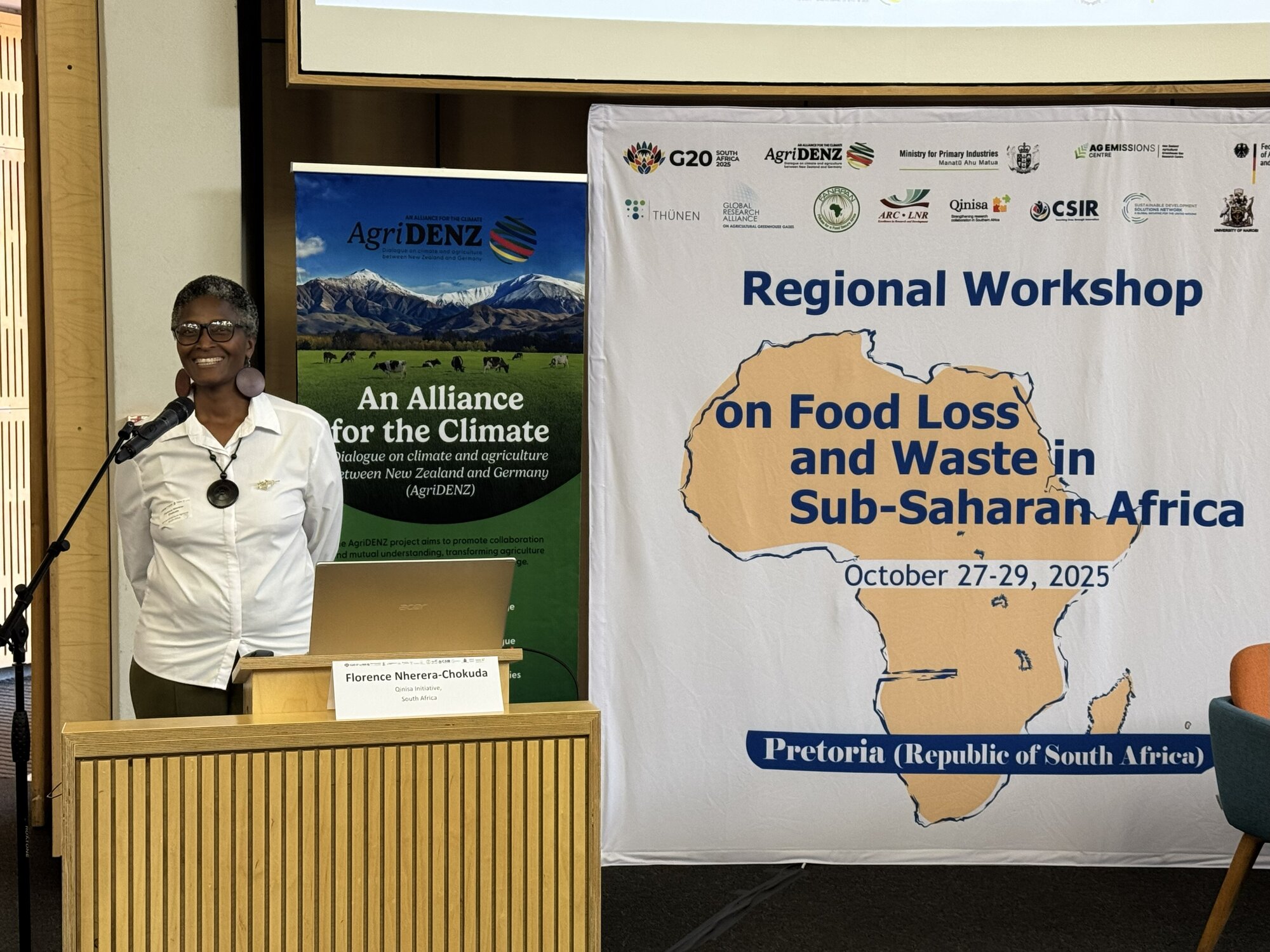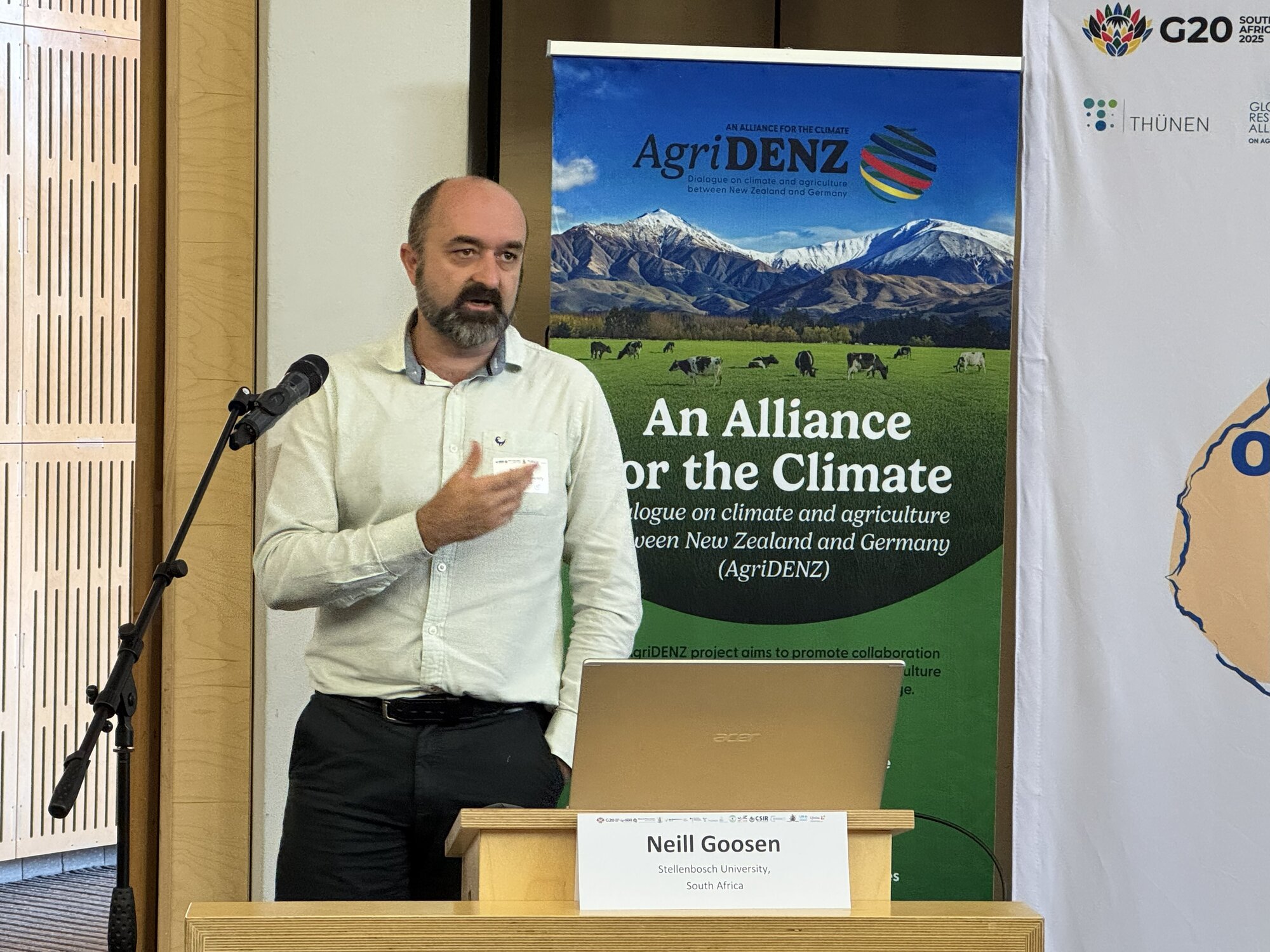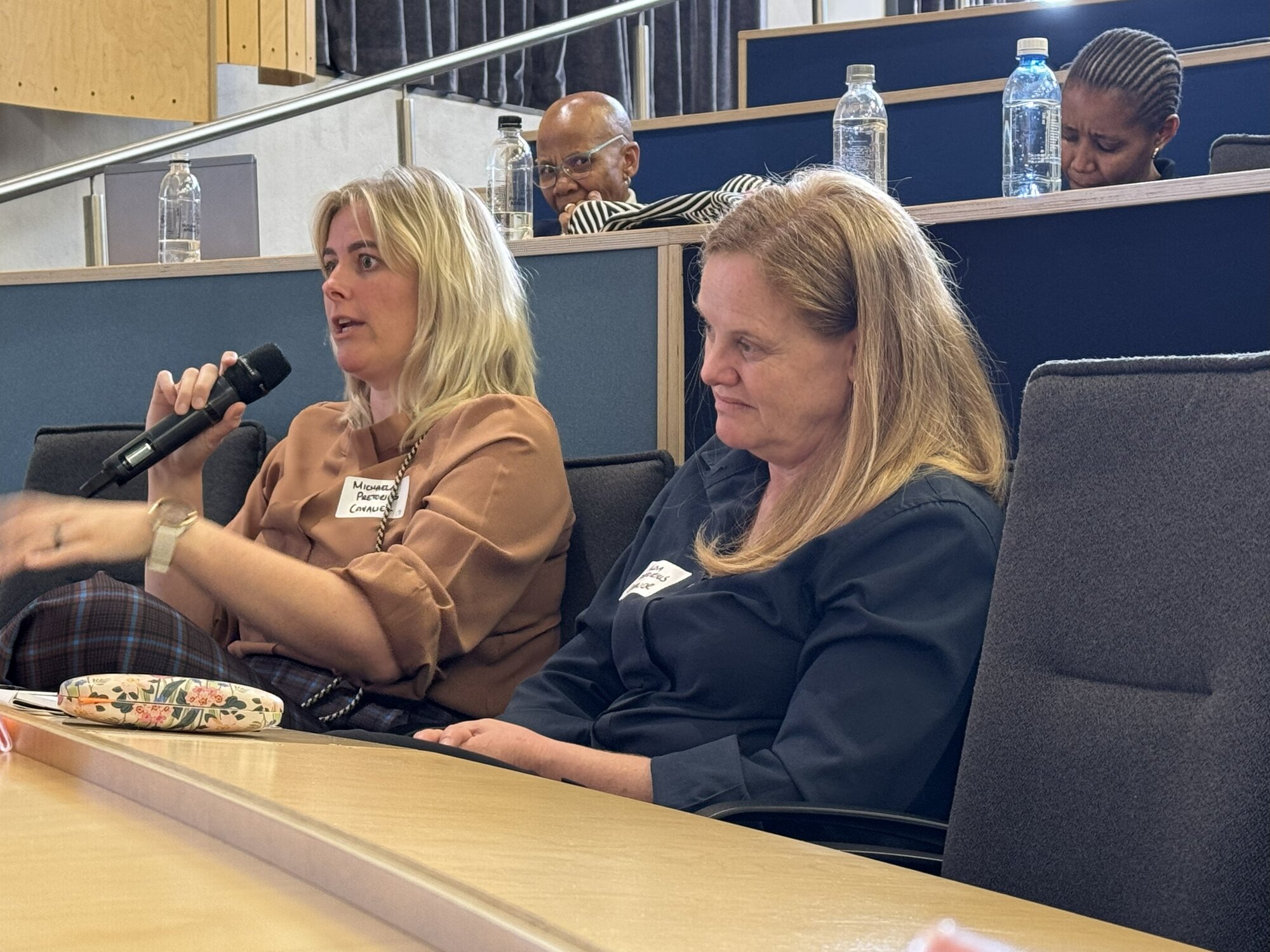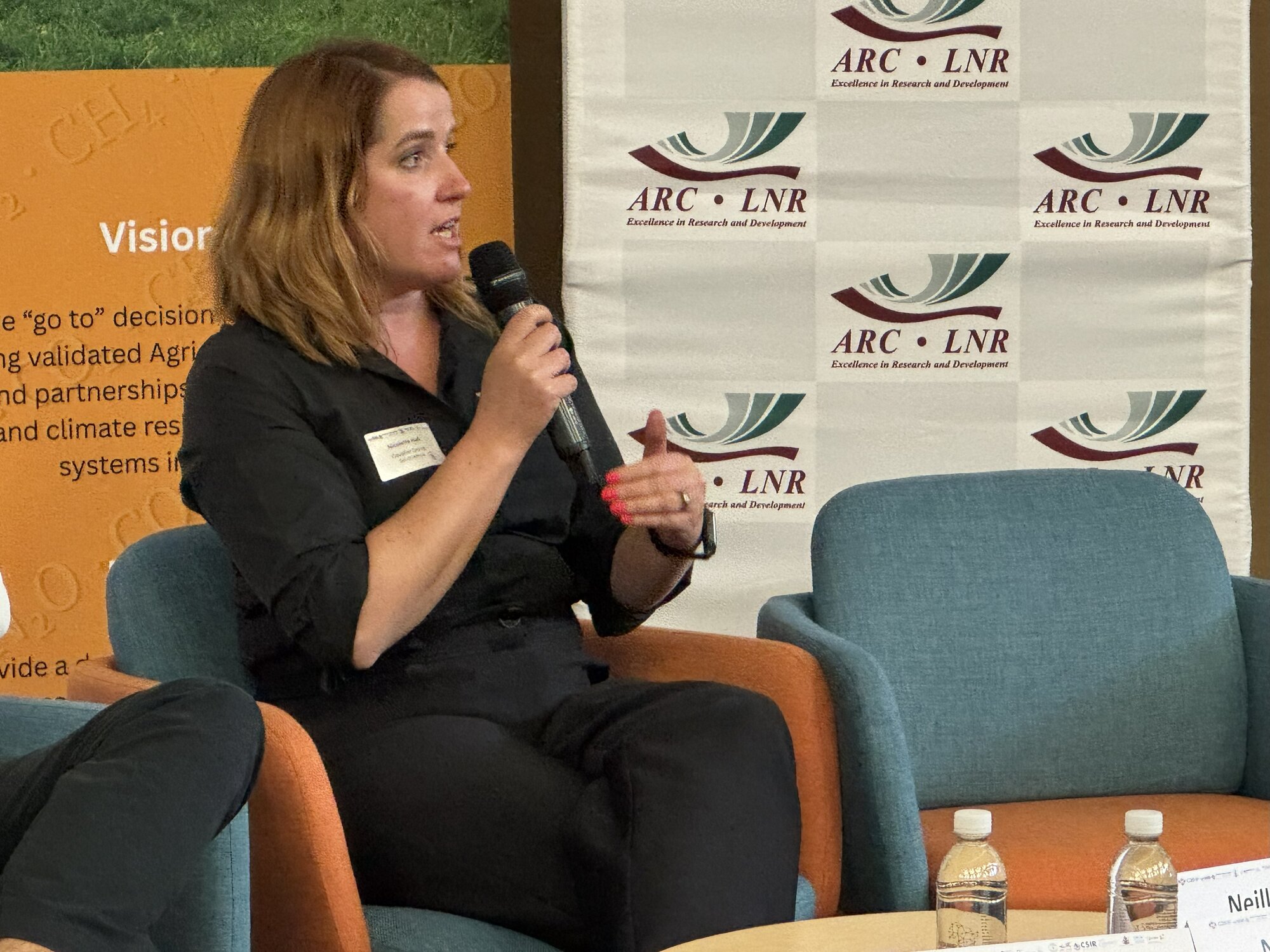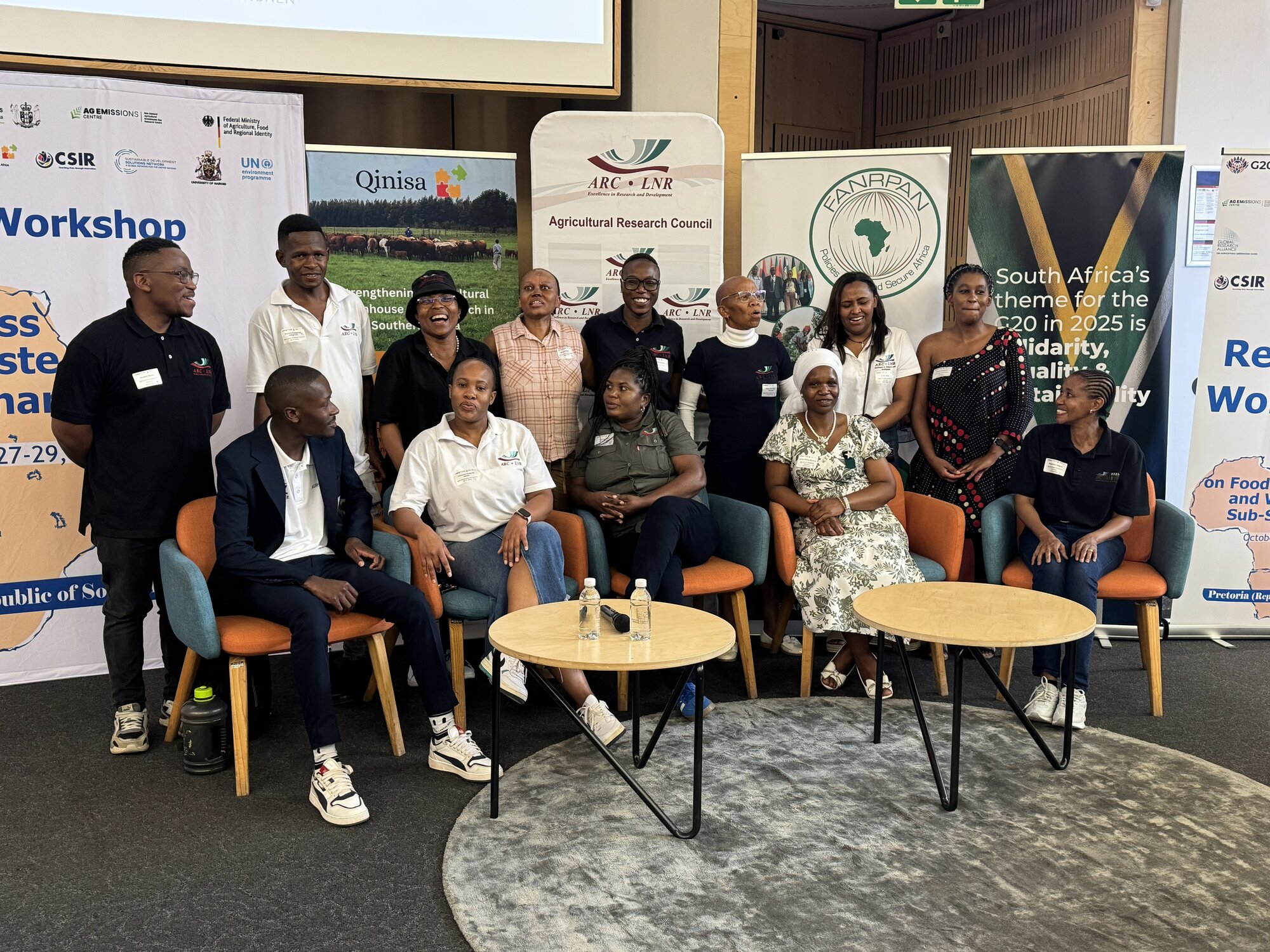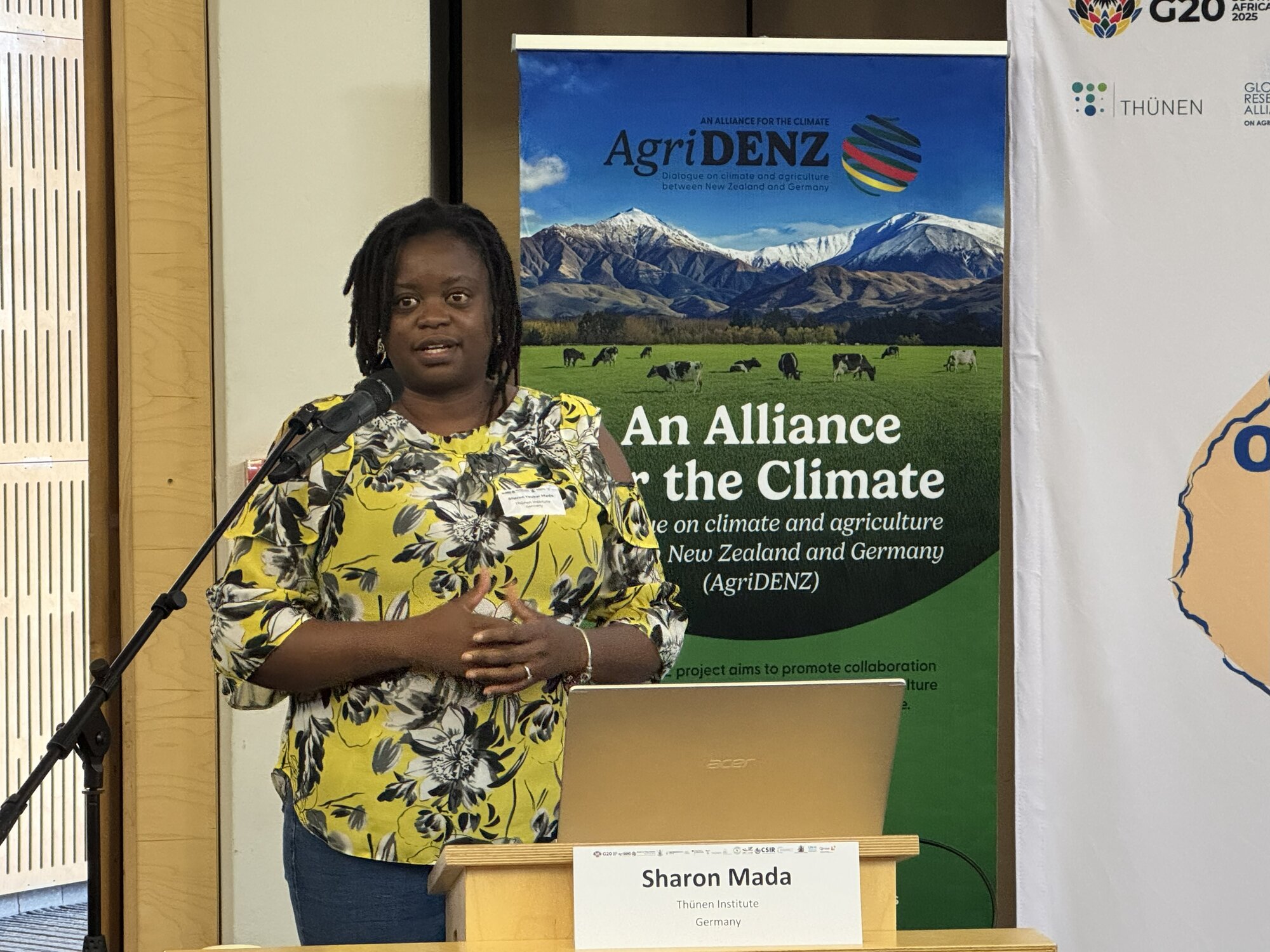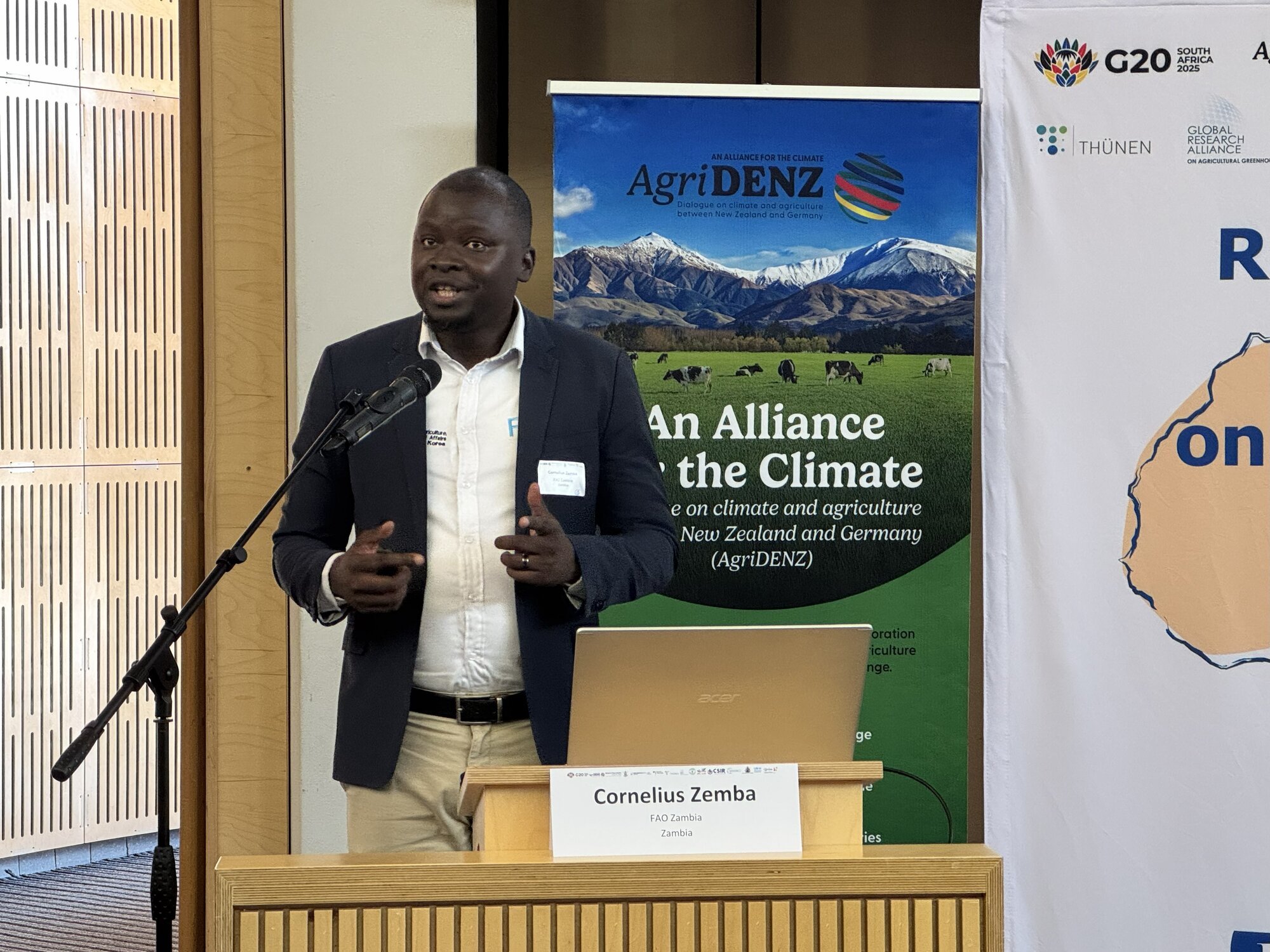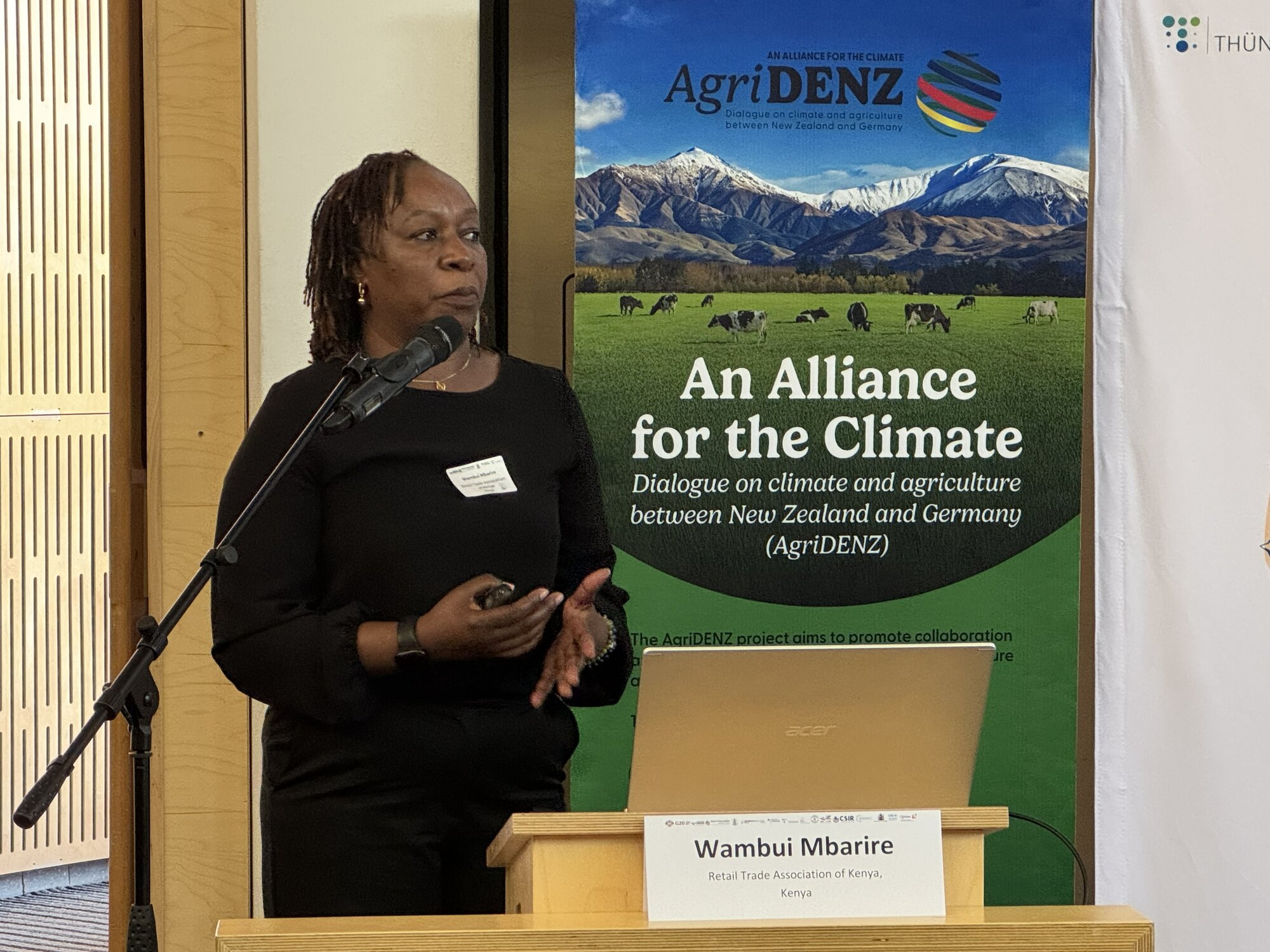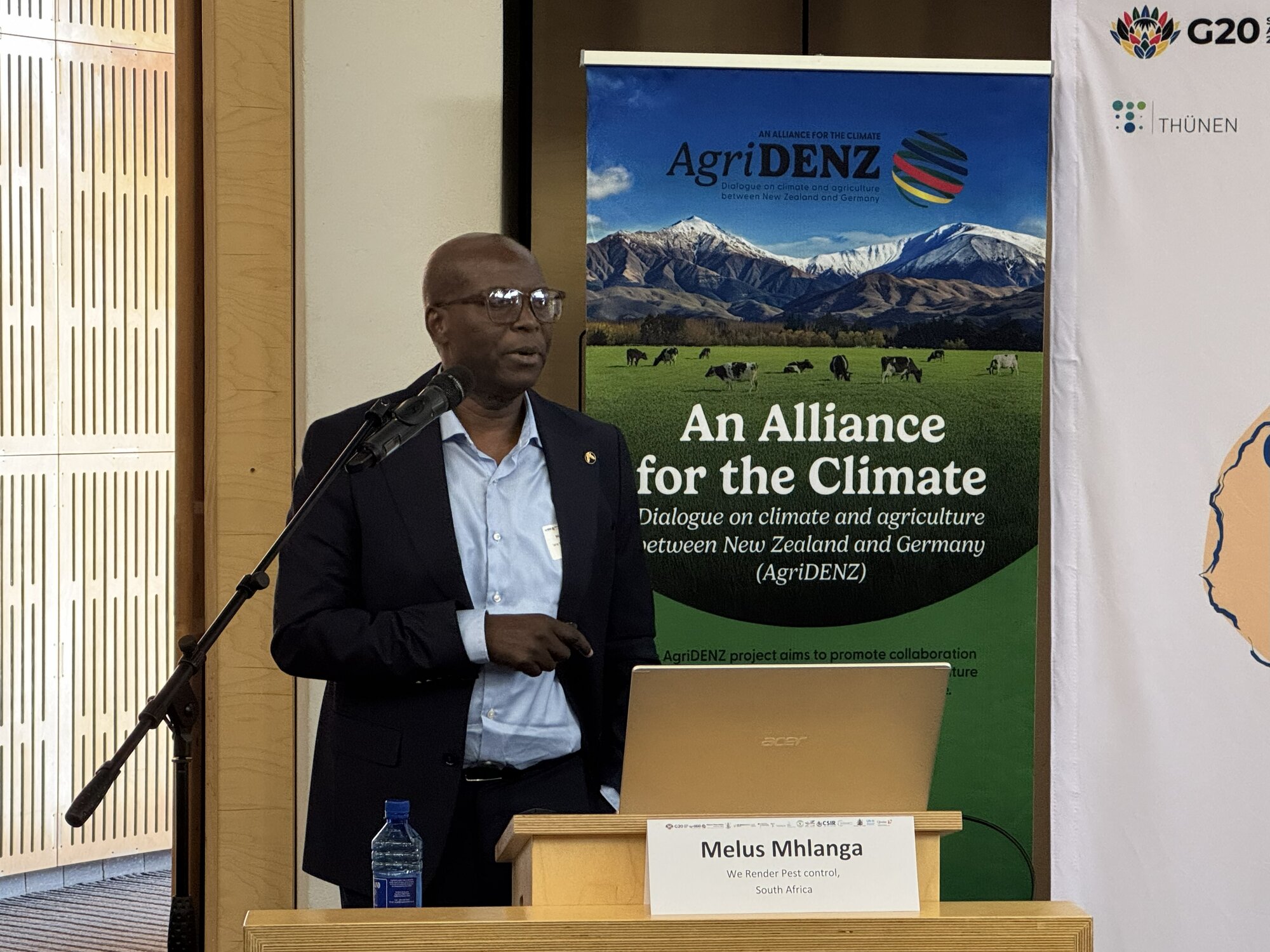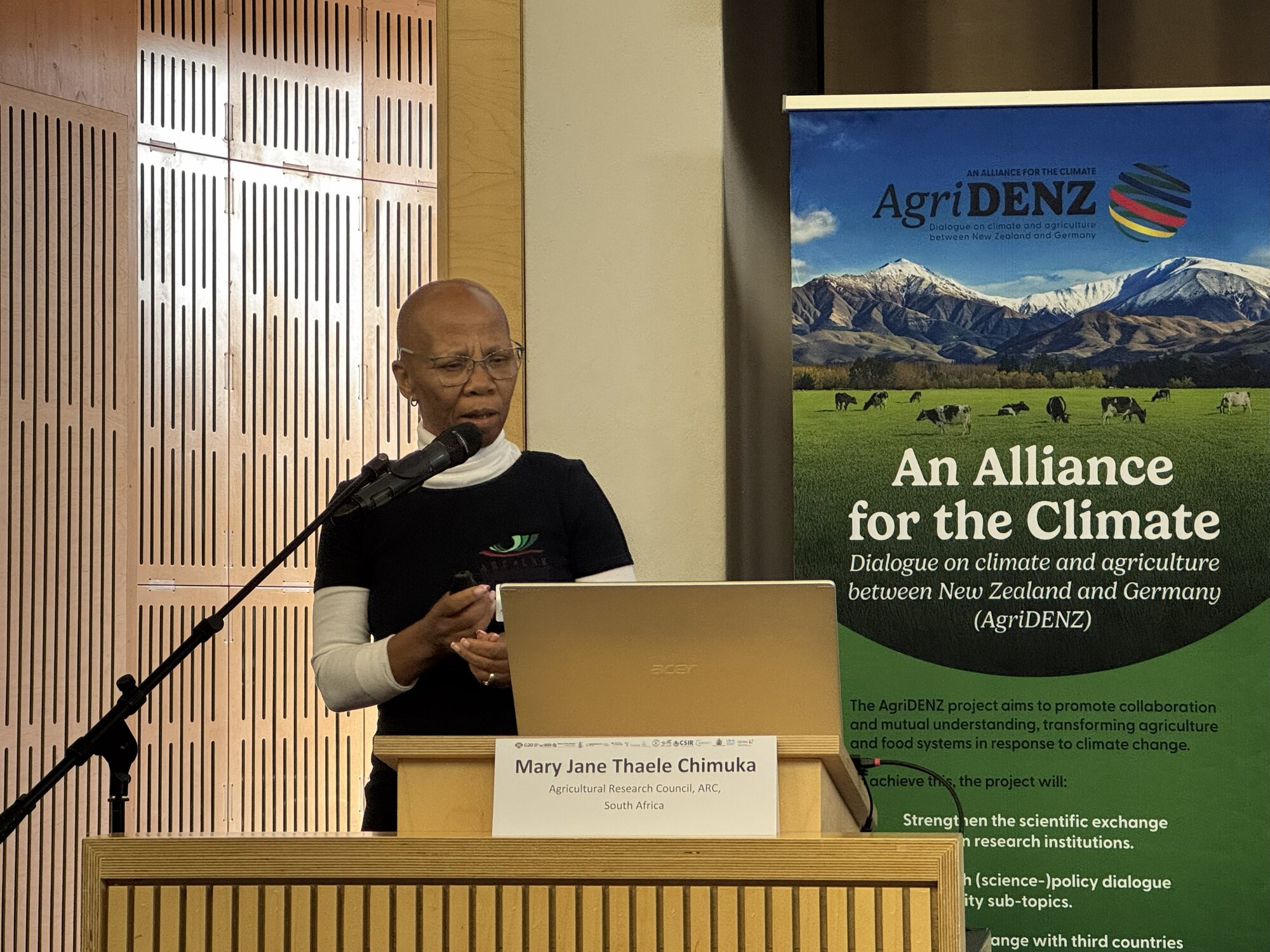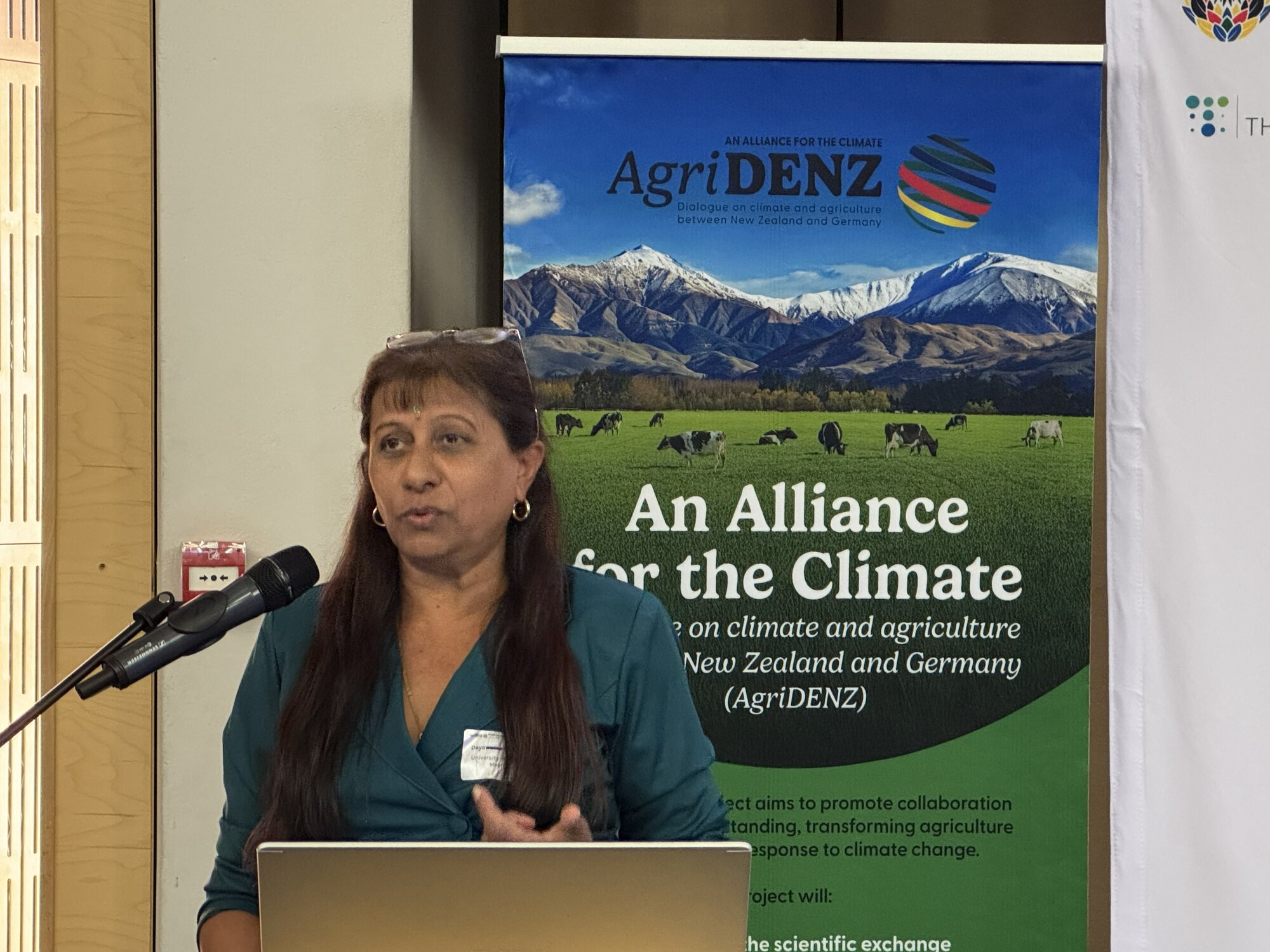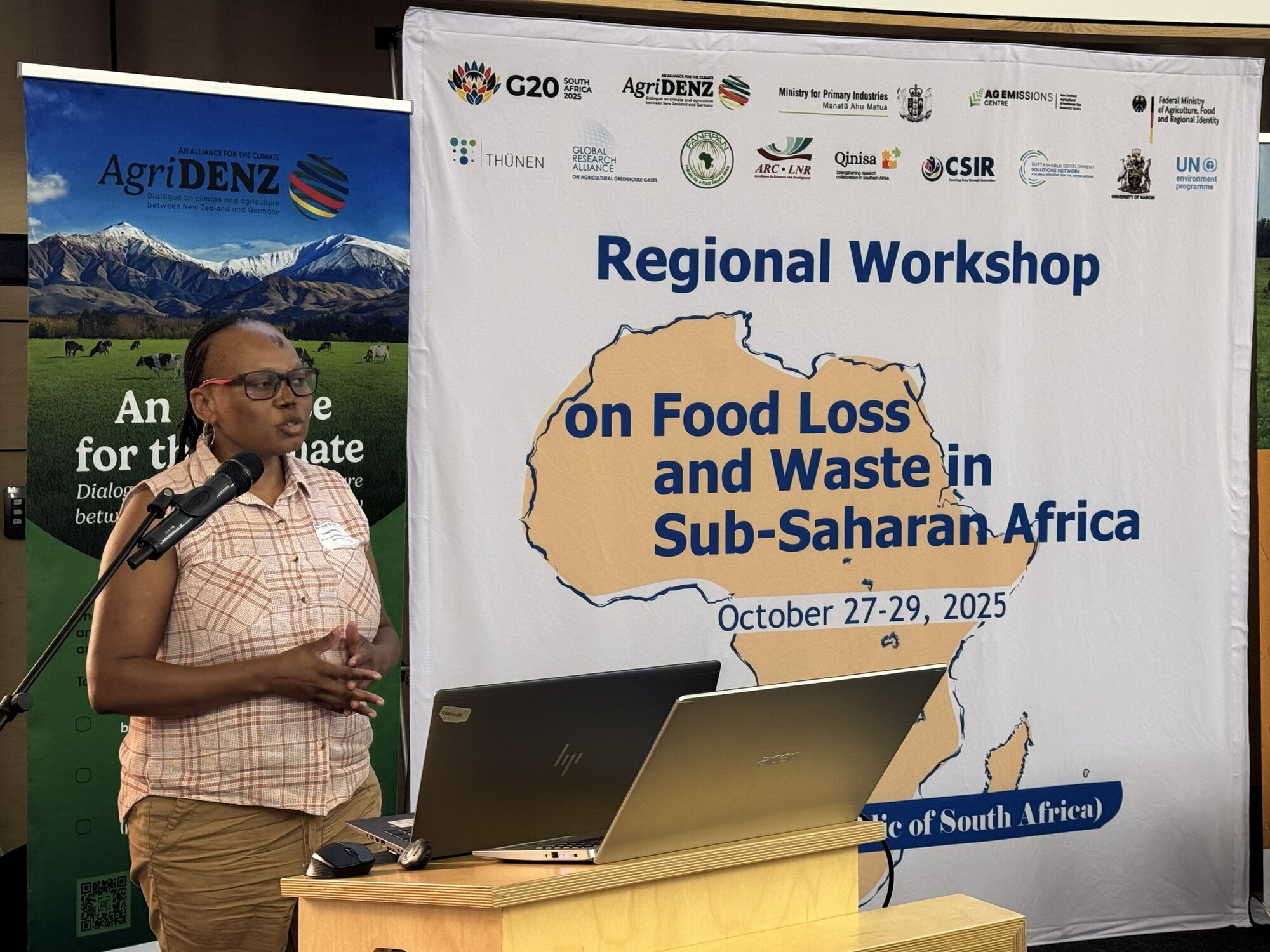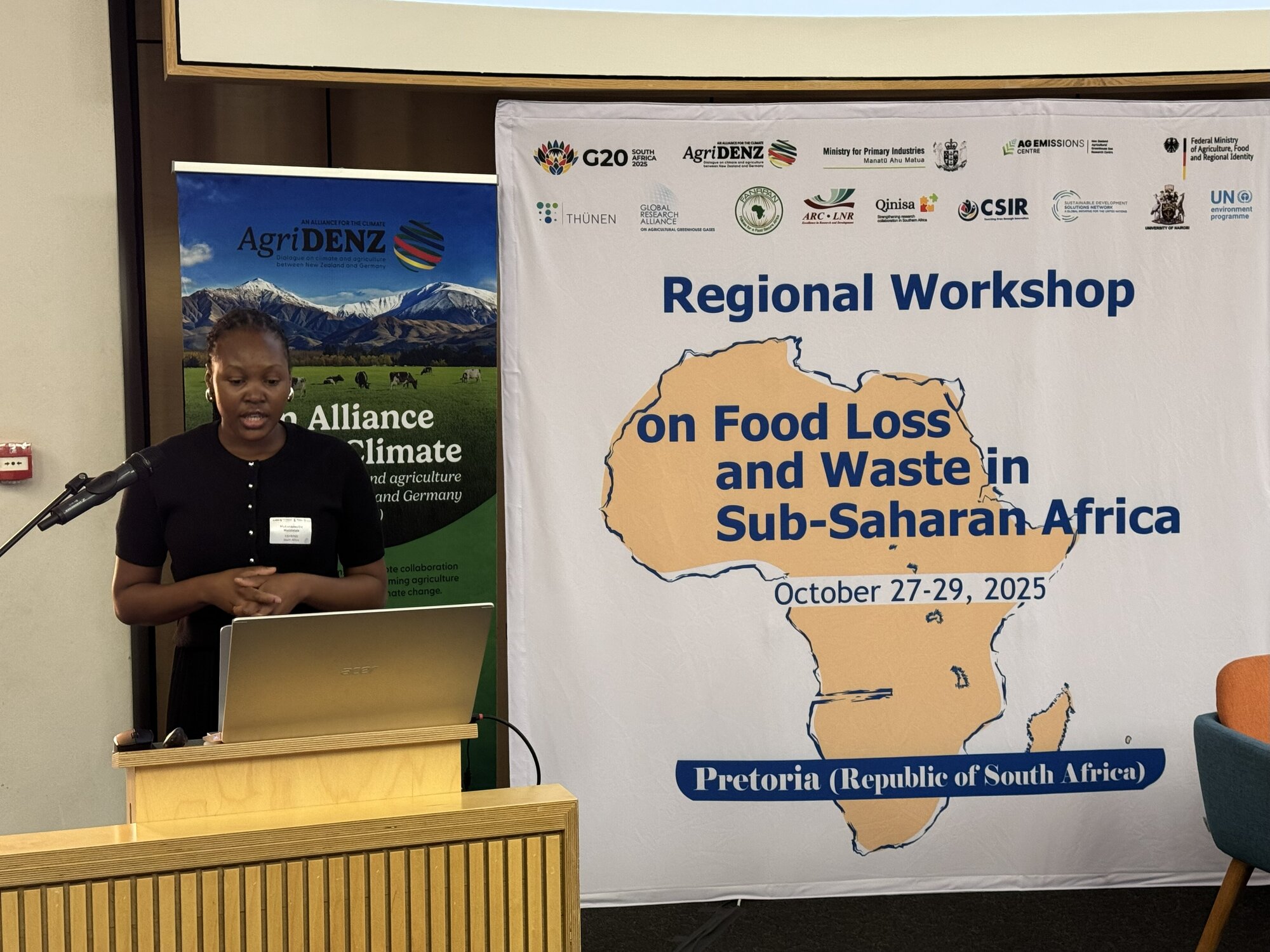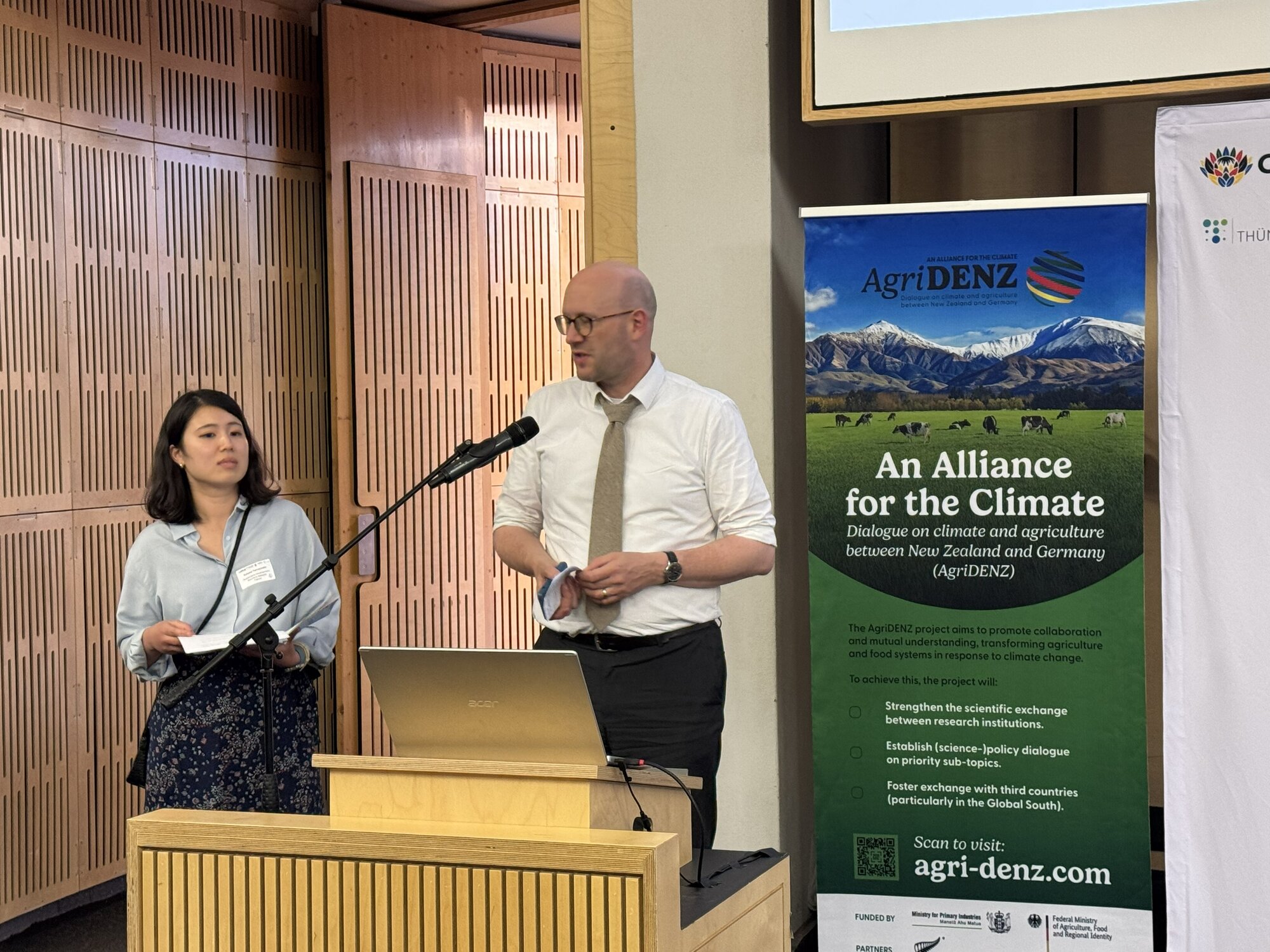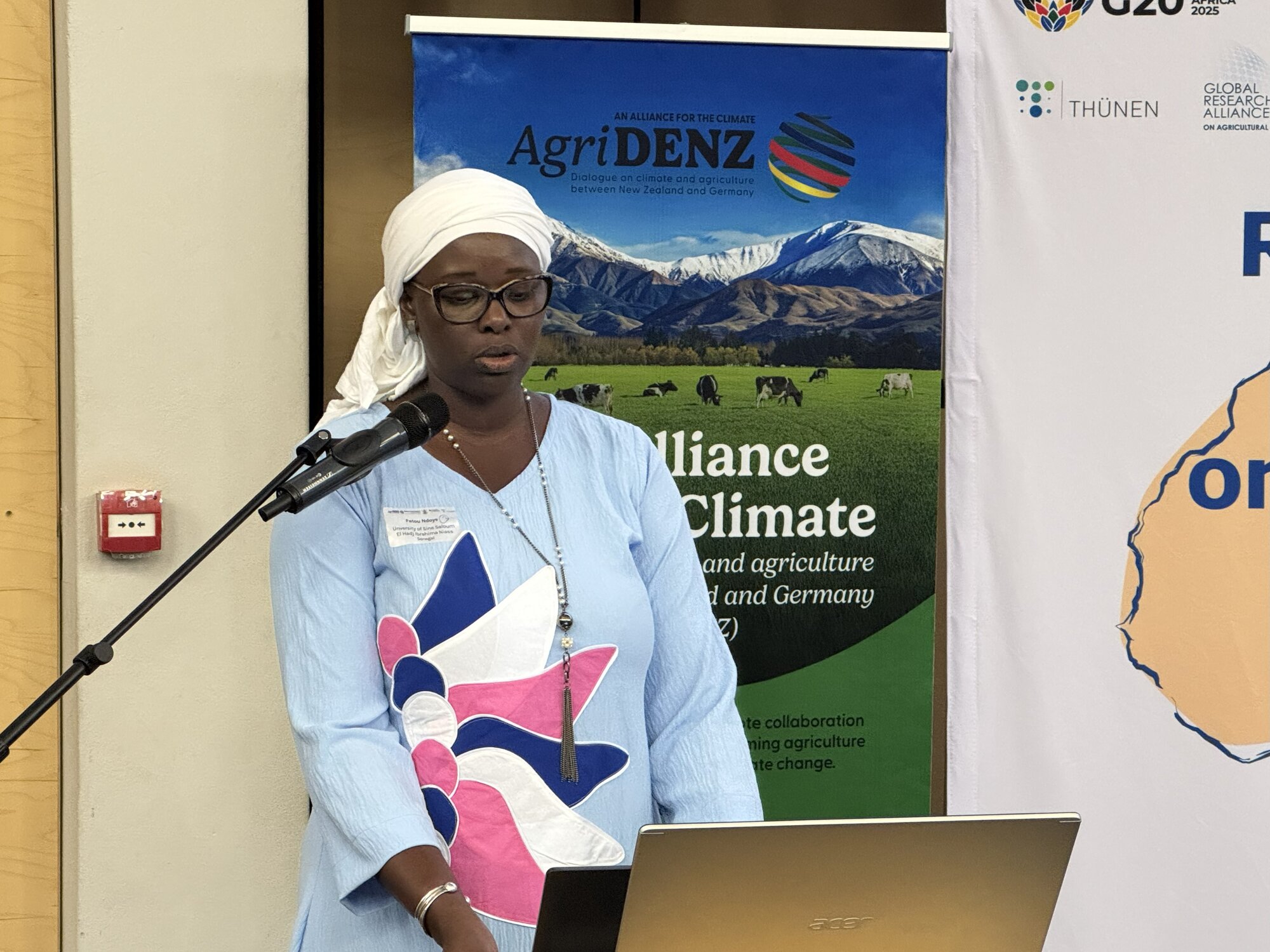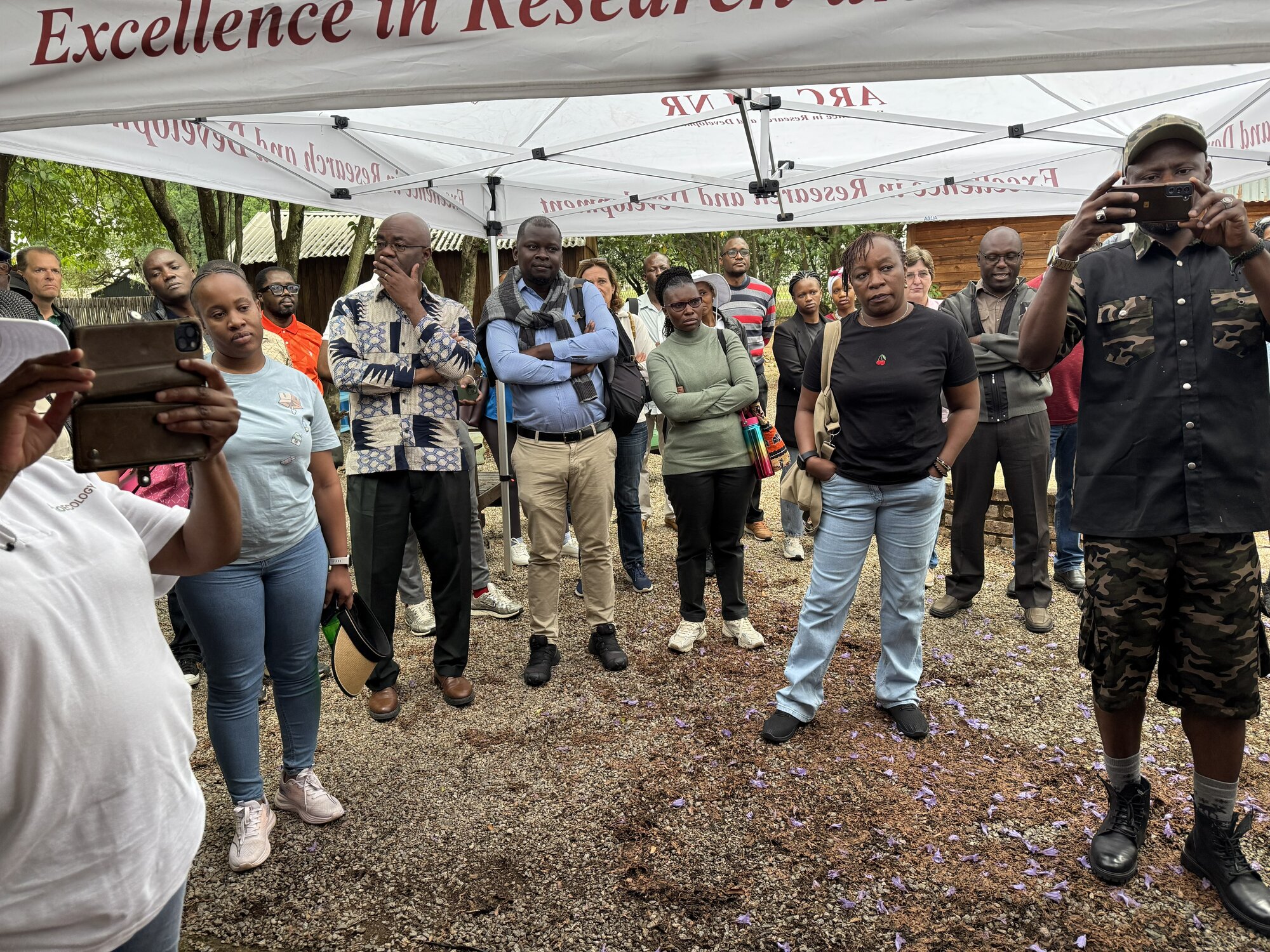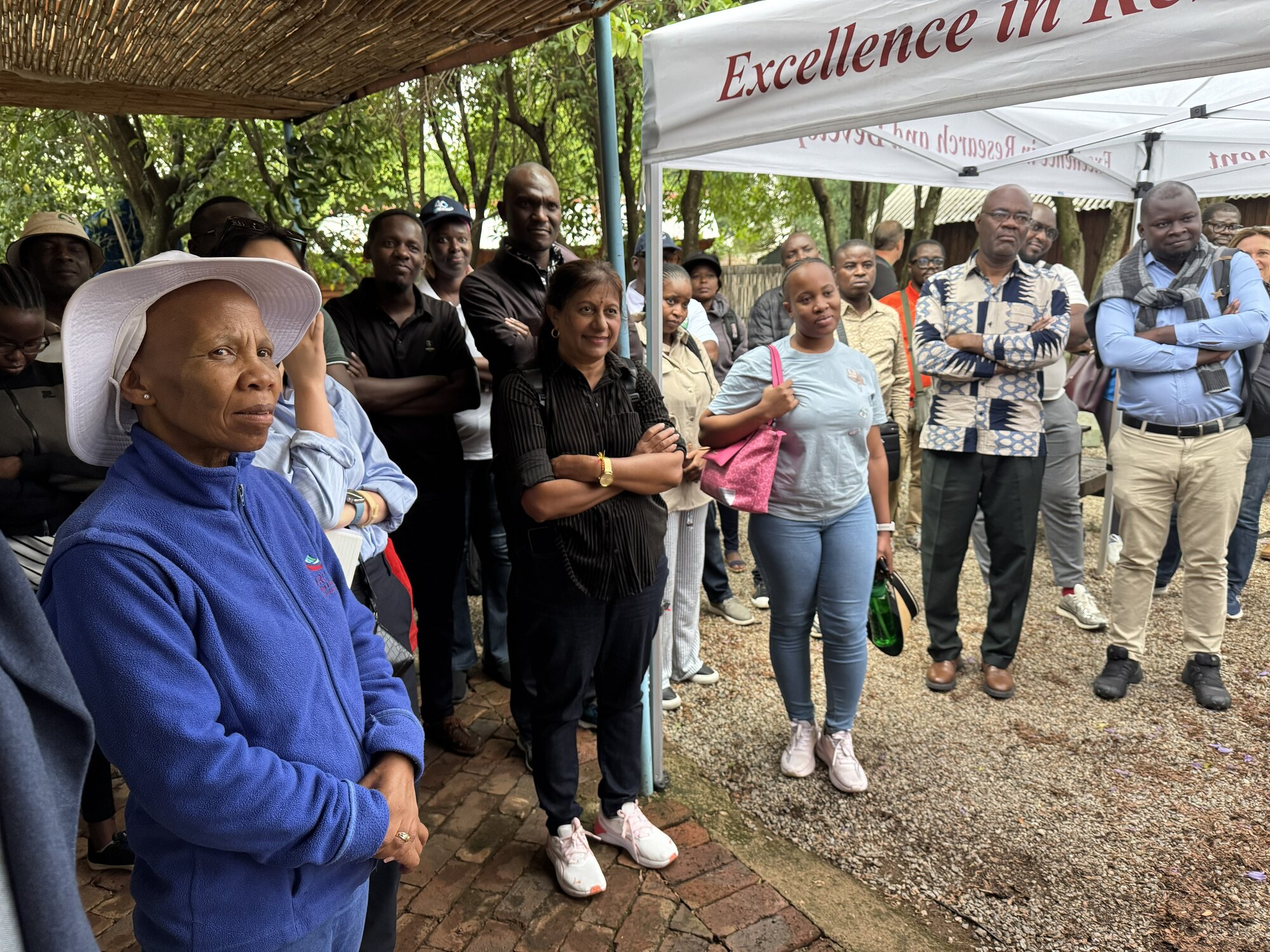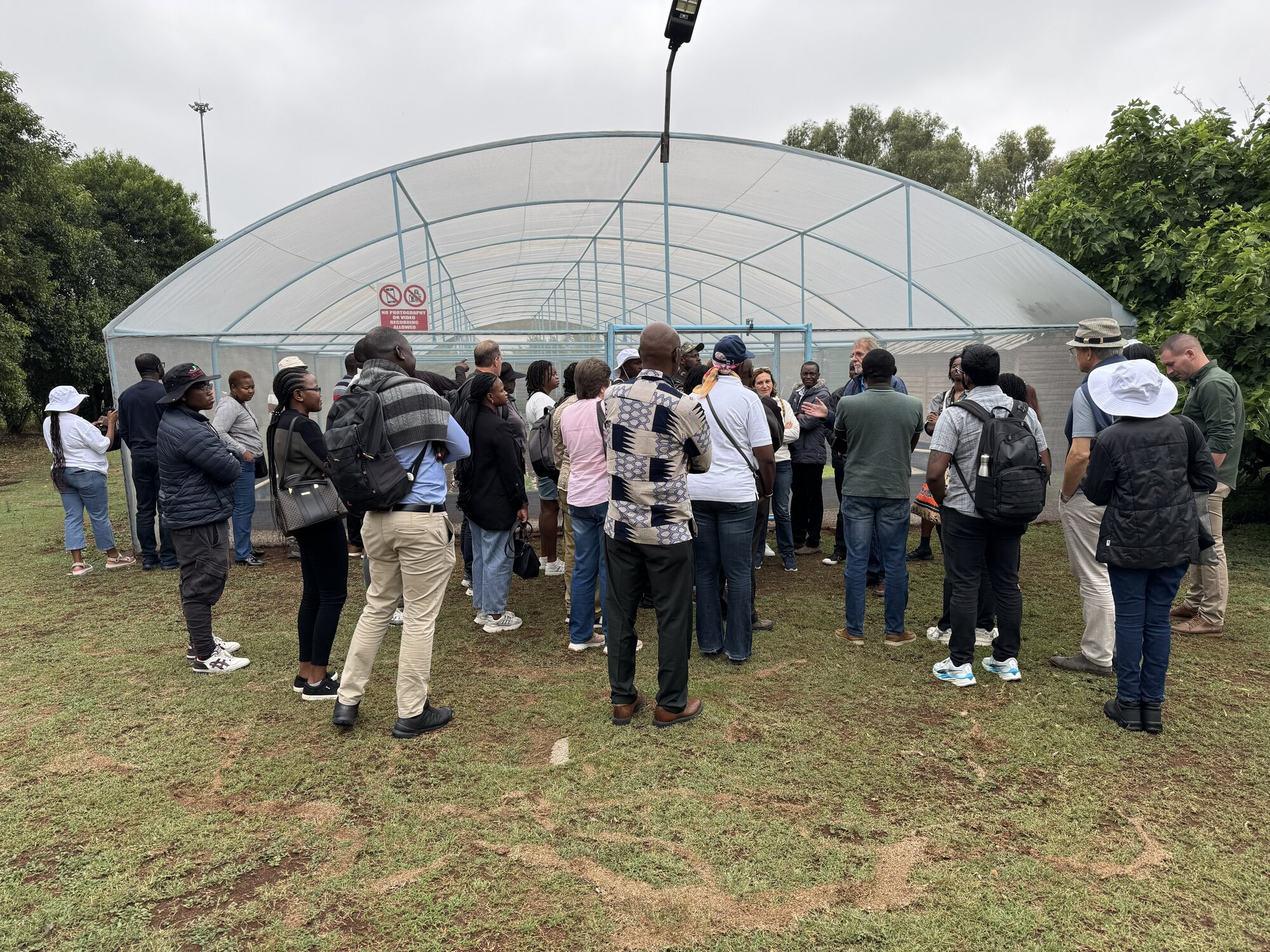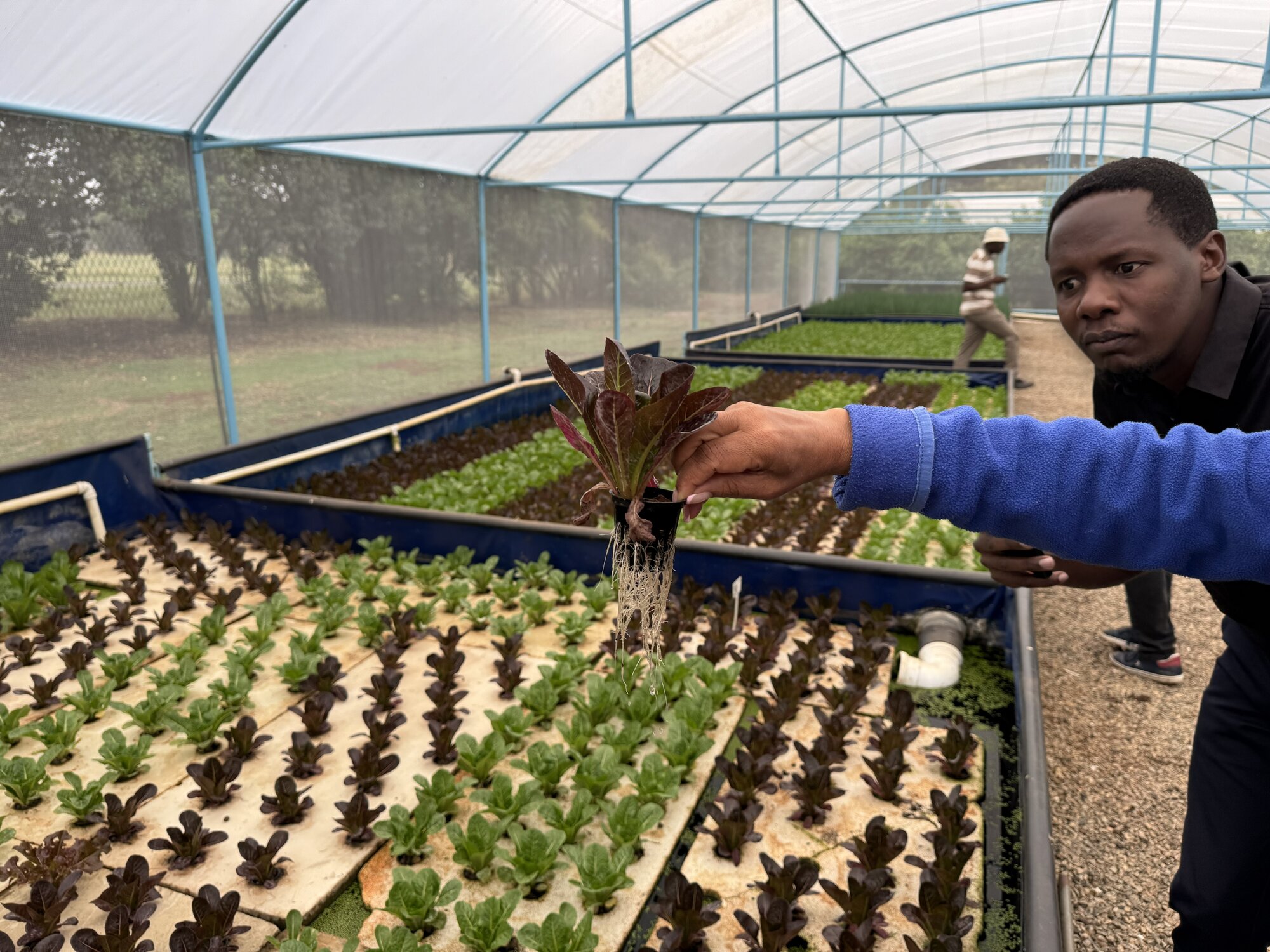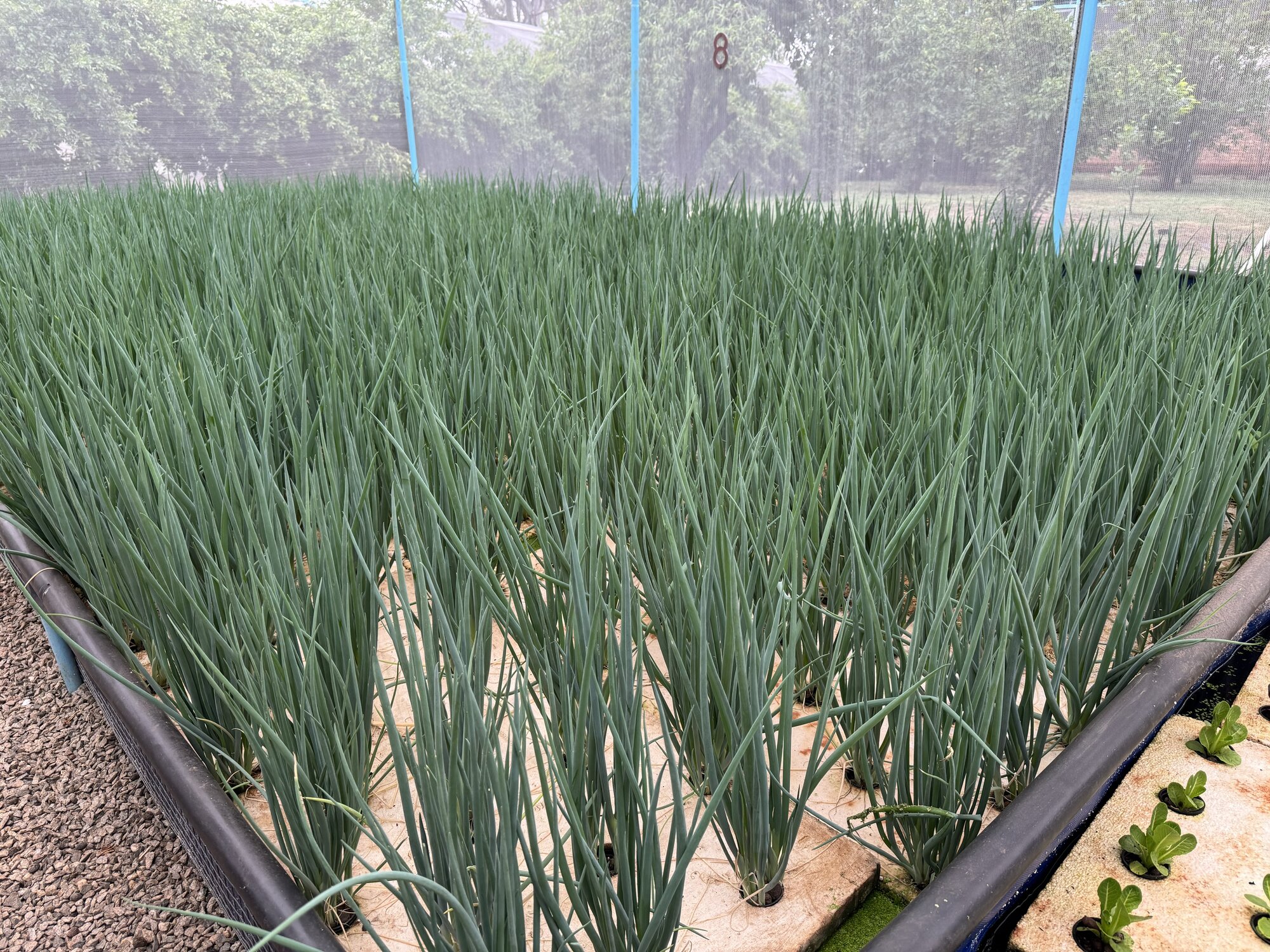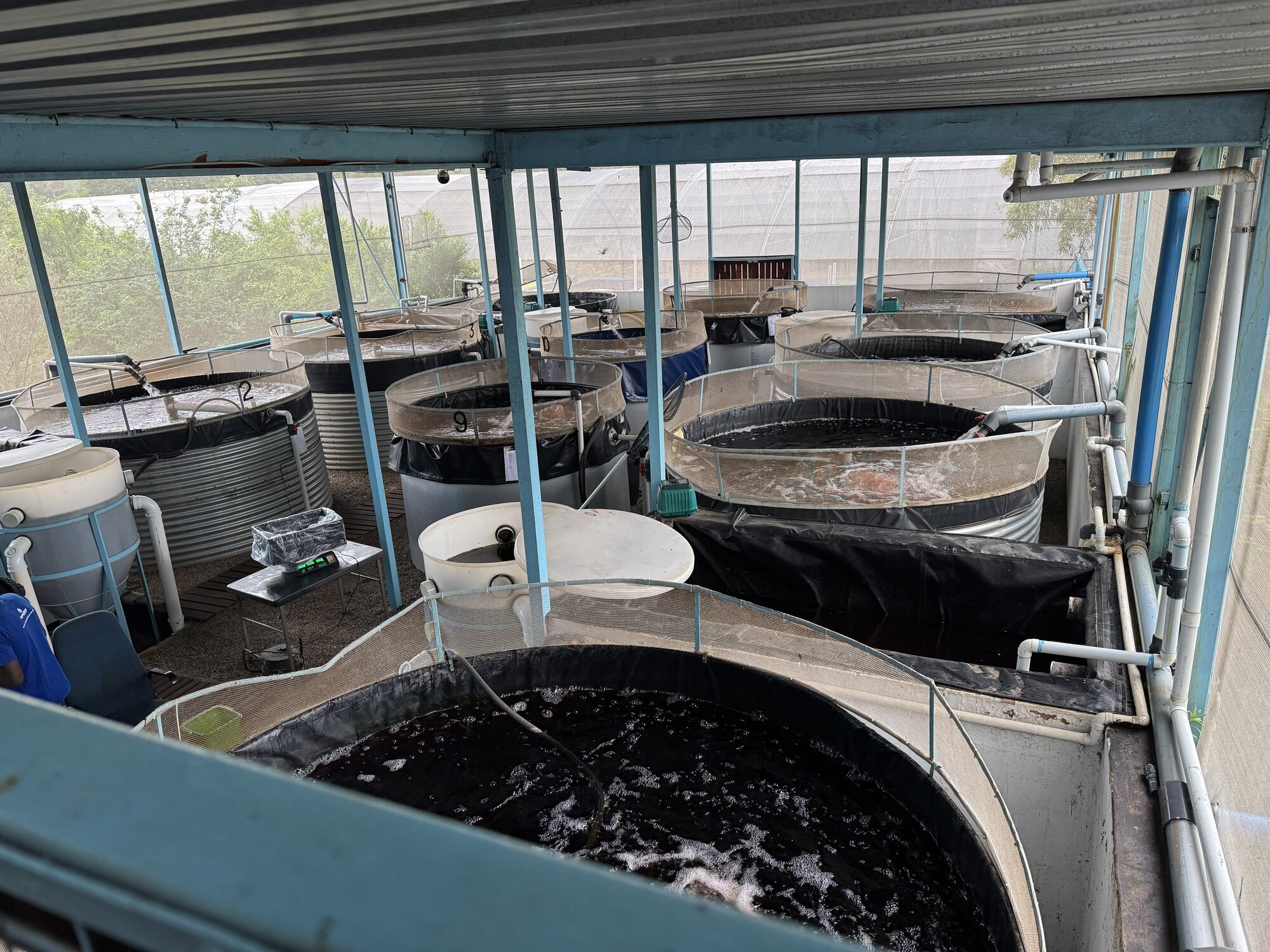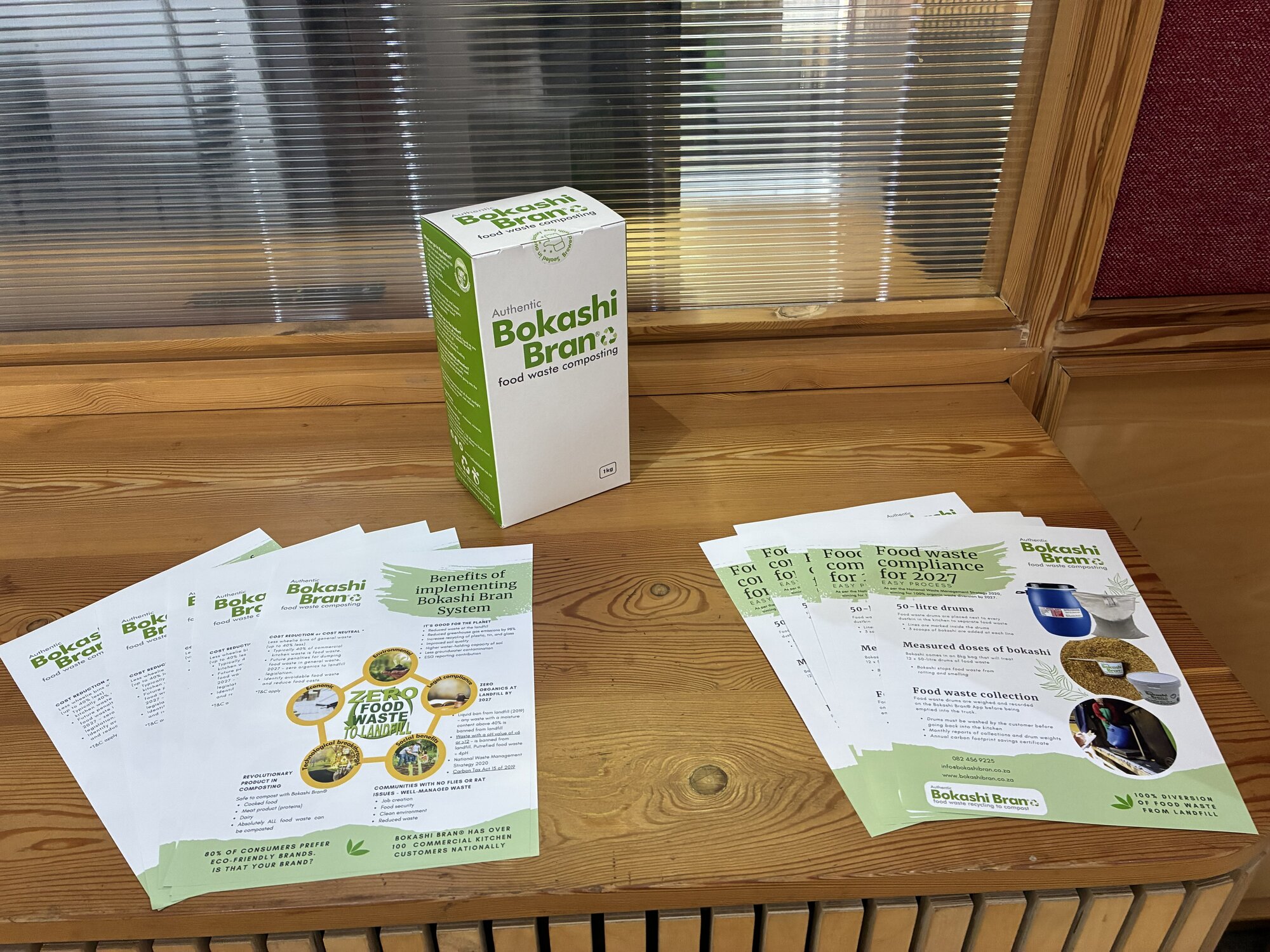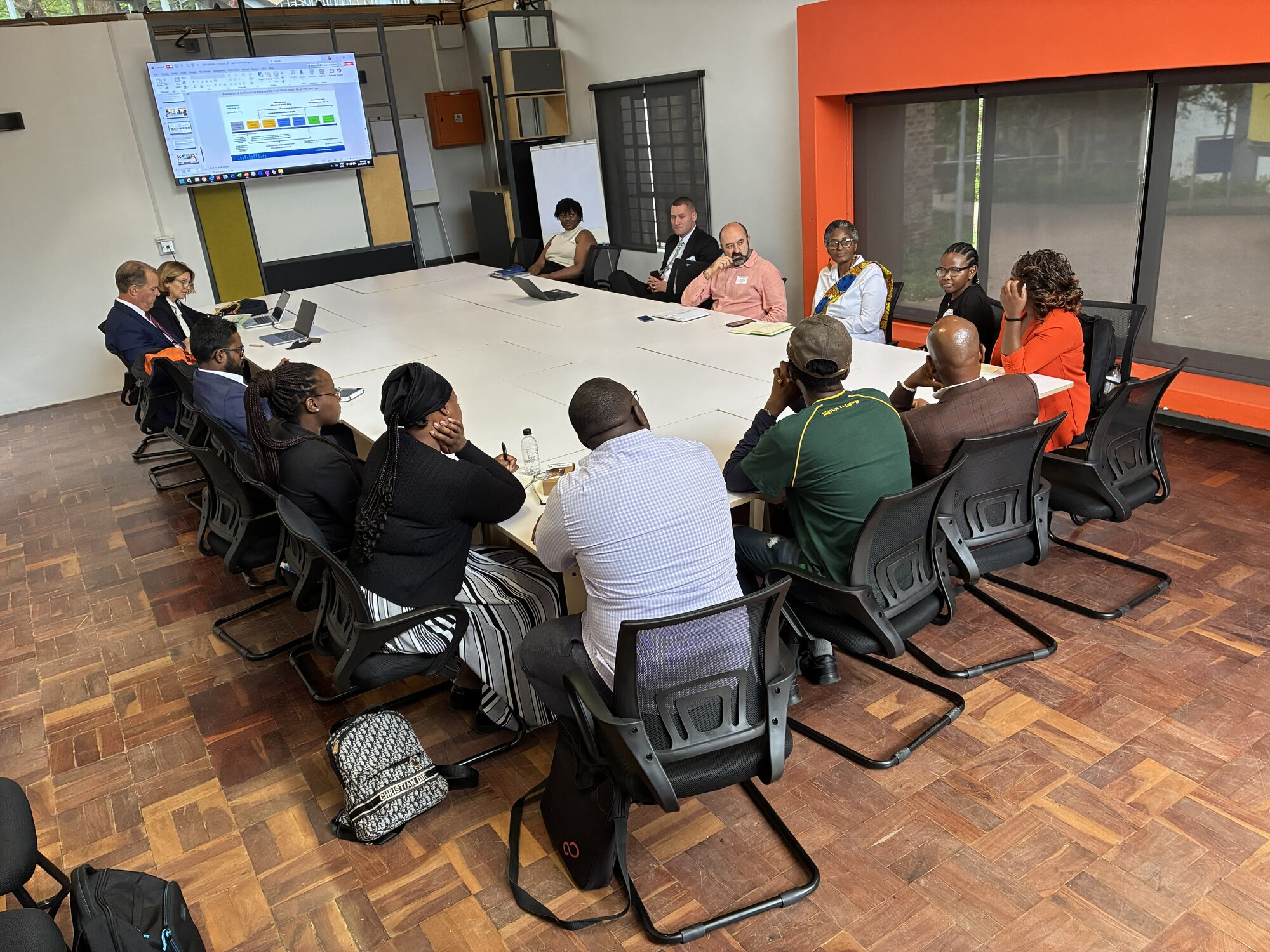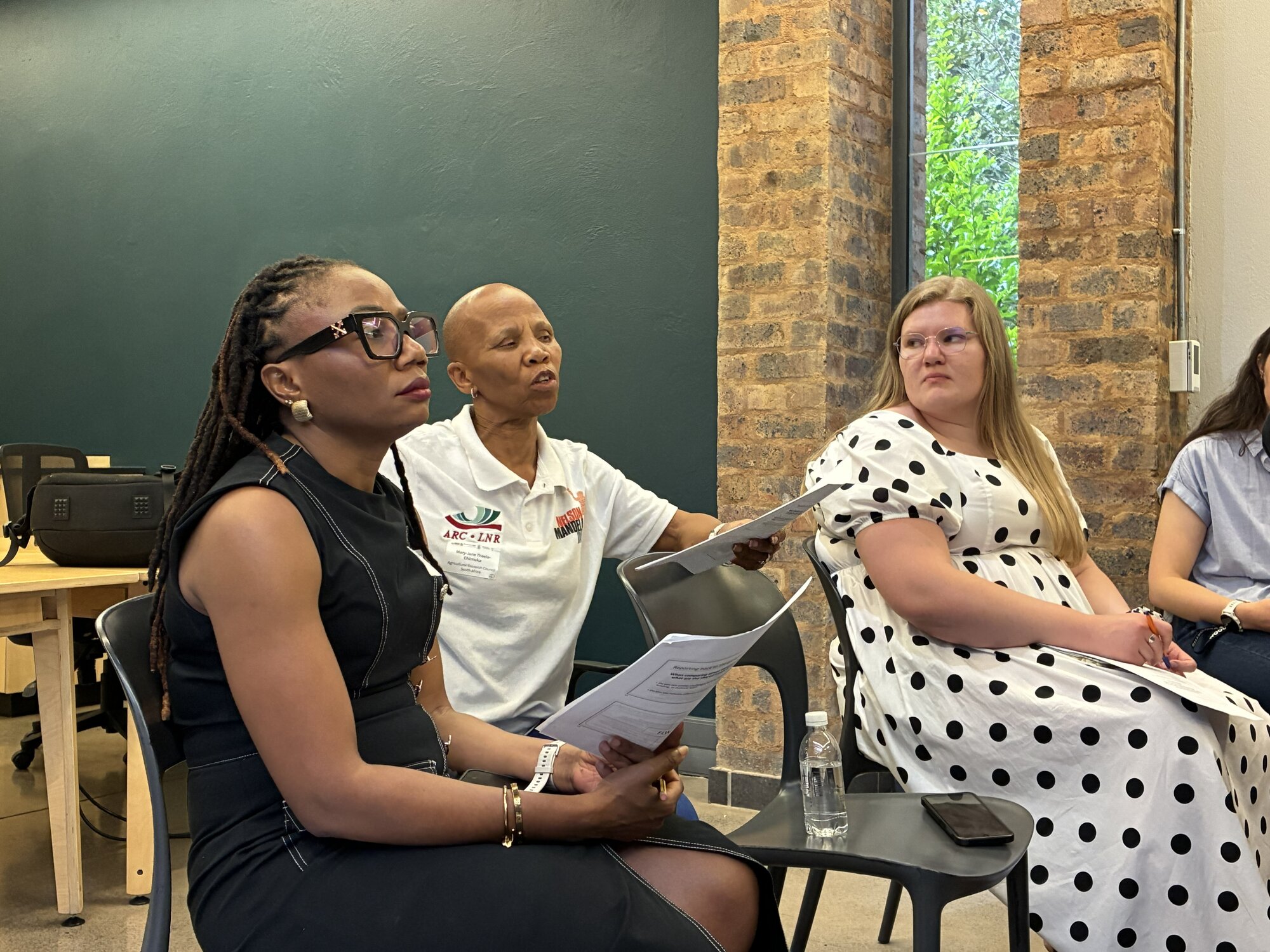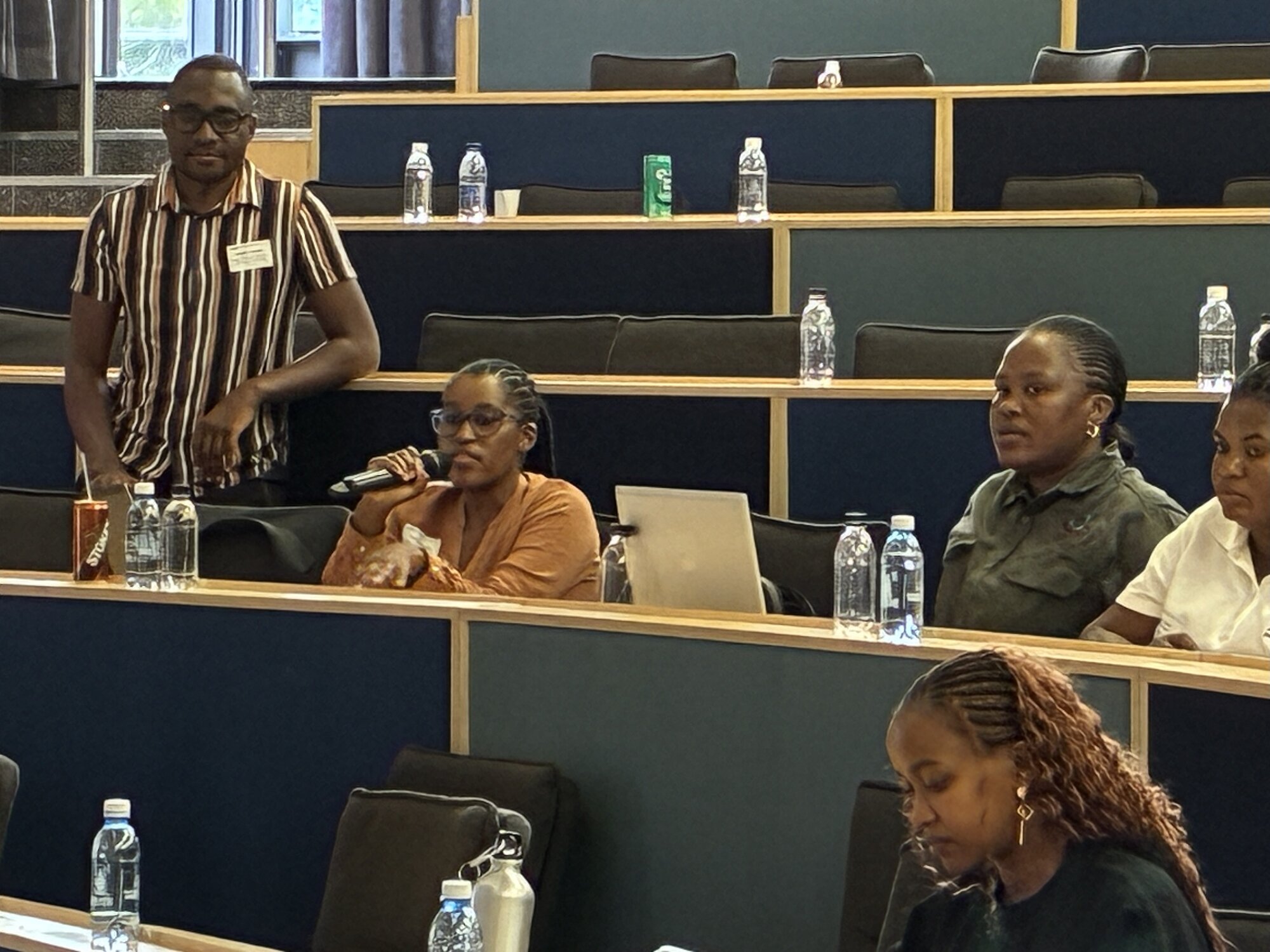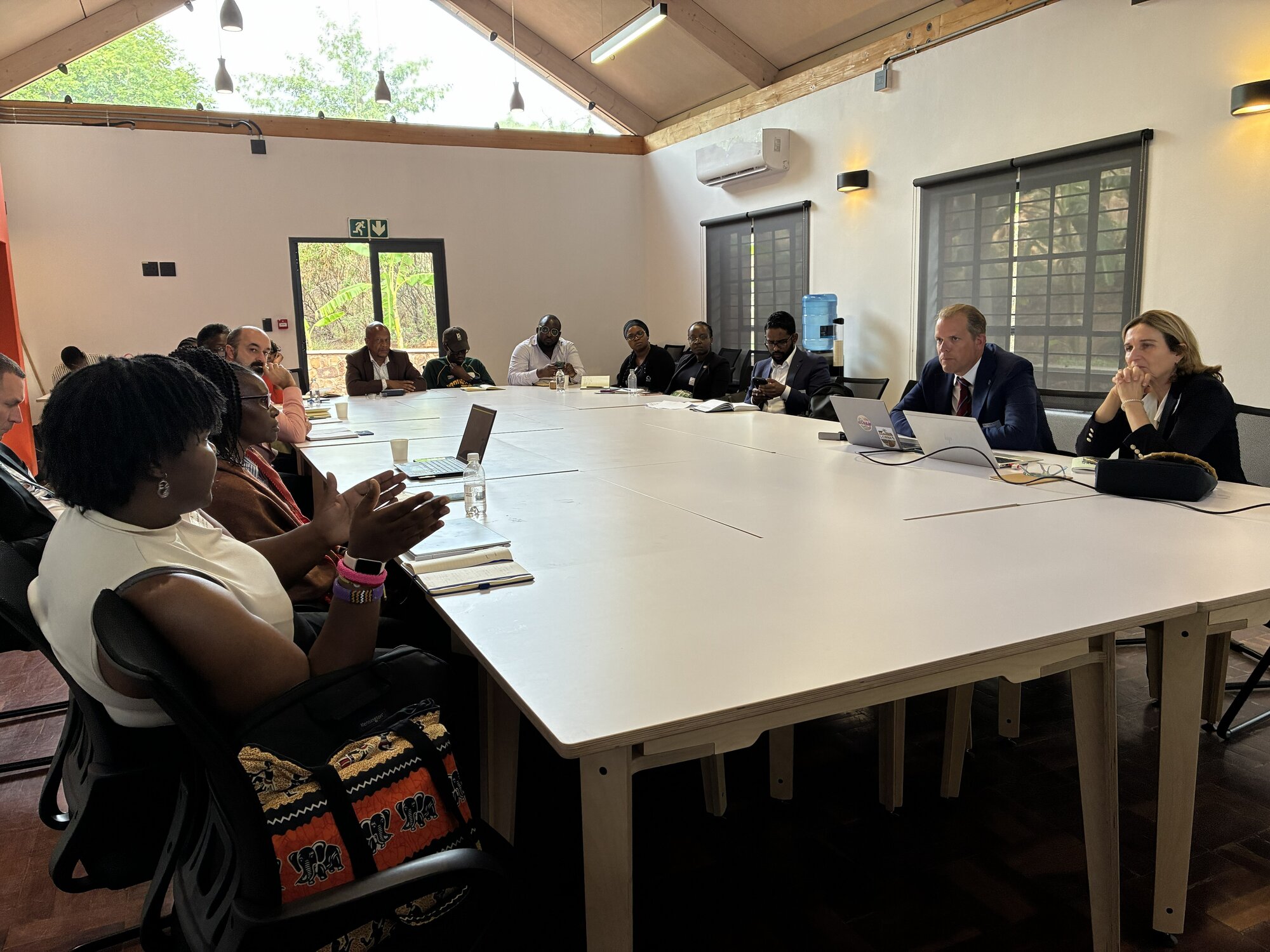9th Regional FLW workshop in Sub-Sahara Africa, October 27-29, 2025, Pretoria, South Africa
Our Regional Workshop on Food Loss and Waste Prevention in Sub-Saharan Africa took place from October 27 to 29, 2025 in Pretoria, South Africa, as part of South Africa's G20 presidency. The German Ministry of Agriculture, Food, and Regional Identity (BMLEH) and the Ministry for Primary Industries (New Zealand) provided financial resources as part of the Bilateral Alliance for the Climate (AgriDENZ).
The aim of our workshops is to support the delivery of SDG Target 12.3, which involves halving food waste at the retail, food service, and household levels, as well as reducing food loss across the supply chain. By reducing food loss and waste, we can also reduce connected greenhouse gas emissions along the food supply chain. Additionally, we aim to facilitate cooperation and network building among Sub-Saharan countries.
The workshop was jointly organized by the National Department of Agriculture of South Africa (NDA), the Agricultural Research Council of South Africa (ARC), Ag Emission Centre, Global Research Alliance (GRA), the African Union, the United Nations Environment Programme (UNEP), the University of Nairobi, the Council for Scientific and Industrial Research (CSIR), the UN Sustainable Development Solutions Network (SDSN), The Food, Agriculture and Natural Resources Policy Analysis Network (FANRPAN), Qinisa Initiative and the Thünen Institute.
Please find below the agenda, presentations, posters, and photos of the workshop. The summary includes all sessions and breakout discussions as well as a brief introduction of the excursion.
Following the workshop, the network "Food Loss and Waste Researcher Network in Africa" was established and can be viewed here.
The South African Broadcasting Corporation (SABC) visited our workshop on the first day and created a short video (04:25 minutes) which is available here.
| October 27th, 2025 | |
| 08:30 - 09:30 | Registration and welcome coffee |
| 09:30 - 10:00 | Opening ceremony chair person: Martin Banse (Thünen Institute of Market Analysis, Germany) Philip Hewitt (Ambassador, New Zealand High Commission) Welcome statement on behalf of the G20 presidency: Deputy Director General Ms Kwena Komape (Convenor of the G20 Agricultural Sherpa for Food Security, South Africa) Group photo |
| 10:00 - 11:00 | Tea break and opening of the exhibition |
| 11:00 - 12:30 | Session 1 - Food Loss and Waste: The Policy Dimension Chairperson: Suzan Oelofse (Council for Scientific and Industrial Research, South Africa) .) Strategy on Food Loss and Waste prevention in South Africa by Tandiwe Siyem (Dept. of Forestry, Fisheries and the Environment, South Africa) |
| 12:30 - 13:30 | Lunch and networking at the exhibition |
| 13:30 - 15:00 | Session 2 - Better data and models for resilient food systems Chairperson: Chanjief Chandrakumar (Agri-DENZ, New Zealand) .) Measurement of food waste from different sources of generation: Food vendors, Local markets, Institutions and Households by Kodwo Miezah (Kwame Nkrumah University of Science and Technology, KNUST, Ghana) |
| 15:00 - 15:30 | Tea break and networking at the exhibition |
| 15:30 - 17:00 | Break out discussions (in parallel) - content is summarised in the Workshop summary above 1) Science-policy interface: Experiences and lessons learned in the FLW space facilitated by Rachel Collie, Cecil Haverkamp, Kotone Yamamoto (Sustainable Development Solution Network, SDSN, France) |
| 17:00 - 17:30 | Summary of break out discussions chair person: Felicitas Schneider (Thünen Institute of Market Analysis, Germany) summaries given by facilitators of break out discussions day 1 (see workshop summary document) |
| 18:00 - open end | Welcome cocktail |
| October 28th, 2025 | |
| 08:00 - 09:00 | Registration |
| 09:00 - 10:30 | Session 3 - Food Loss Prevention: Early Supply Chain Interventions chairperson: Nqobile Masondo (Agricultural Research Center, ARC, South Africa) .) SoLFood: reducing maize mycotoxine losses in Kenya by Ginson Riungu (Kenya Agricultural & Livestock Research Organization, KALRO, Kenya) |
| 10:30 - 11:00 | Tea break and networking at the exhibition |
| 11:00 - 12:30 | Break out discussions (in parallel) - content is summarised in the Workshop summary above 5) Engaging actors along the FSC towards joint FLW reduction action facilitated by Dayawatee Goburdhun (University of Mauritius, Mauritius) |
| 12:30 - 13:30 | Lunch and networking at the exhibition |
| 13:30 - 15:00 | Session 4 - Food Loss and Waste in the Livestock Sectors chairperson: Florence Nherera-Chokuda (Qinisa Initiative, South Africa) .) Food loss and by-products from processing of red meat by Nicolette Hall (Cavalier Group of Companies, South Africa) |
| 15:00 - 15:30 | Tea break |
| 15:30 - 17:00 | Session 5 - Food Waste in urban settings chairperson: Martin Banse (Thünen Institute, Germany) .) Food Waste in urban low-income communities (households and streetmarkets) – the case study of Harare, Zimbabwe by Sharon Mada (Thünen Institute, Germany) |
| 17:00 - 17:30 | Summary of break out discussions chair person: Felicitas Schneider (Thünen Institute of Market Analysis, Germany) summaries given by facilitators of break out discussions day 2 (see workshop summary document) |
| 17:30 - 18:00 | Closing remarks provided by Martin Banse (Thünen Institute of Market Analysis, Germany) |
| October 29th, 2025 | |
| 09:00 - 14:00 | Field Visit Urban Aquaponics, Gerhardsville, South Africa |
| The Exhibition - the posters (October 27 - 28, 2025) | |
Collaboration Initiative Food Loss and Waste by Felicitas Schneider & Martin Banse (Thünen Institute, Germany) Closing the Waste Gap: Producing Circular Black Soldier Fly Protein for Livestock by Thandiwe Mary Joe, Casper Nyamukondiwa, Lovemore Gwiriri, Mbongeni Maziya, James Bennett, Marizvikuru Mwale, Honest Machekano (University of Venda, South Africa) Reducing food loss and waste for sustainable livelihoods in Kenya by Francis Wayua, James Ndambuki and Benard Mativo (KALRO, Kenya) Street market food waste in Hatcliffe, Zimbabwe by Sharon Yeukai Mada (Thünen Institute, Germany) Perceptions of Religious Leaders in the fight against Food Waste by Joseph M. Mundadi, O.S. Obadire, S.H.H. Oelofse, M.M. Manjoro (University of Venda & Council for Scientific and Industrial Research, South Africa) Analysis of Disparities between household food waste metrics and their socioeconomic drivers in Chamwino District, Tanzania by Denis M. Silayo, Abiud J. Bongole, Mary Kulwijila (Moshi Co-operative University, Tanzania) Deciphering the impact of food waste on household food security in Dodoma, Tanzania by Denis M. Silayo, Abiud J. Bongole, Mary Kulwijila (Moshi Co-operative University, Tanzania) Leveraging Blockchain Technology to Augment Food Waste Reduction in Food Supply Chain: A systematic Review by Denis M. Silayo, Abiud J. Bongole, Mary Kulwijila (Moshi Co-operative University, Tanzania) From Waste to Wealth: Driving SDG 12 and low-emission futures through Circular Food Systems in Eastern and Southern Africa by Angeline Mujeyi, Martin Moyo, Thabani Dube, Farayi Dube (International Crops Research Institute for the Semi-Arid Tropics, ICRISAT) From Loss to Resource: Living Labs Insights on Food Loss and Waste Recovery through Bioslurry Innovation by Dikonketso Shirleymay Matjuda, Lerato Bame Tsalaemang Matsaunyane (Agricultural Research Council, South Africa) Circular Business Models for Food Waste and Loss Management in Kisumu City, Kenya by ArvinLucy Onditi (Jaramogi Oginga Odinga University of Science and Technology, Kenya) Abattoir blood and its potential role in reducing food waste by Prudence L. Seema, Magdeline Magoro, Ennet Moholisa (Agricultural Research Council & University of Venda, South Africa) Reducing Postharvest Losses in Tropical and Subtropical Fruits: Strategies for enhanced Value Chains by Lucia M Ntsoane, Tshimangadzo Mmbulungeni, Andani Mmboyi, Elliosha Hajari, Yolisa Pakela-Jezile (Agricultural Research Council) Food Loss and Waste Prevention in Senegal: Situation, Challenges and Opportunities by F. Ndoye, M.O. Sy, D. Diouf (Université du Sine Saloum El Hadj Ibrahima Niass & Université Cheikh Anta Diop & Laboratoire Commun de Microbiologie, Sénégal) The Role Aquaponics Farming System can play in the Prevention of Food Loss and Waste in the world by Molatelo Madibana, Matome Mokgerepi, Agnes Molebatsi, Tumelo Maduwa, Christinah Tsolanku, Mary Jane Thaela Chimuka (Agricultural Research Council, South Africa) The Dual Effects of Edible Coatings for Fruit Protection and Environmental Health by Zinash A Belay, Gadija Mohamed (Agricultural Research Council, South Africa) Food Banking Kenya - Impact in Action by Joy Muya (Food Banking Kenya, Kenya) Preventing Moulds and Aflatoxin Contamination - the do´s and dont´s by Penina Gichuru (Eastern Africa Grain Council, EAGC) Food Loss Assessment and Evaporative Cooler Intervention for Green Leafy Vegetable, Rape (Brassicus napus L) at the Trading Stage of Open Air Markets in Zambia by John Shindano, Twambo Hachibamba, Lukonde Mwelwa-Zgambo, Chiza Kumenda, Mercy Mukuma, Vincent Nyau, Mangiza Chirwa, Aubrey Sadoki, Bernard H. Moonga, Leonard Simukoko, Fabian Banda (University of Zambia & HIVOS Zambia) | |
